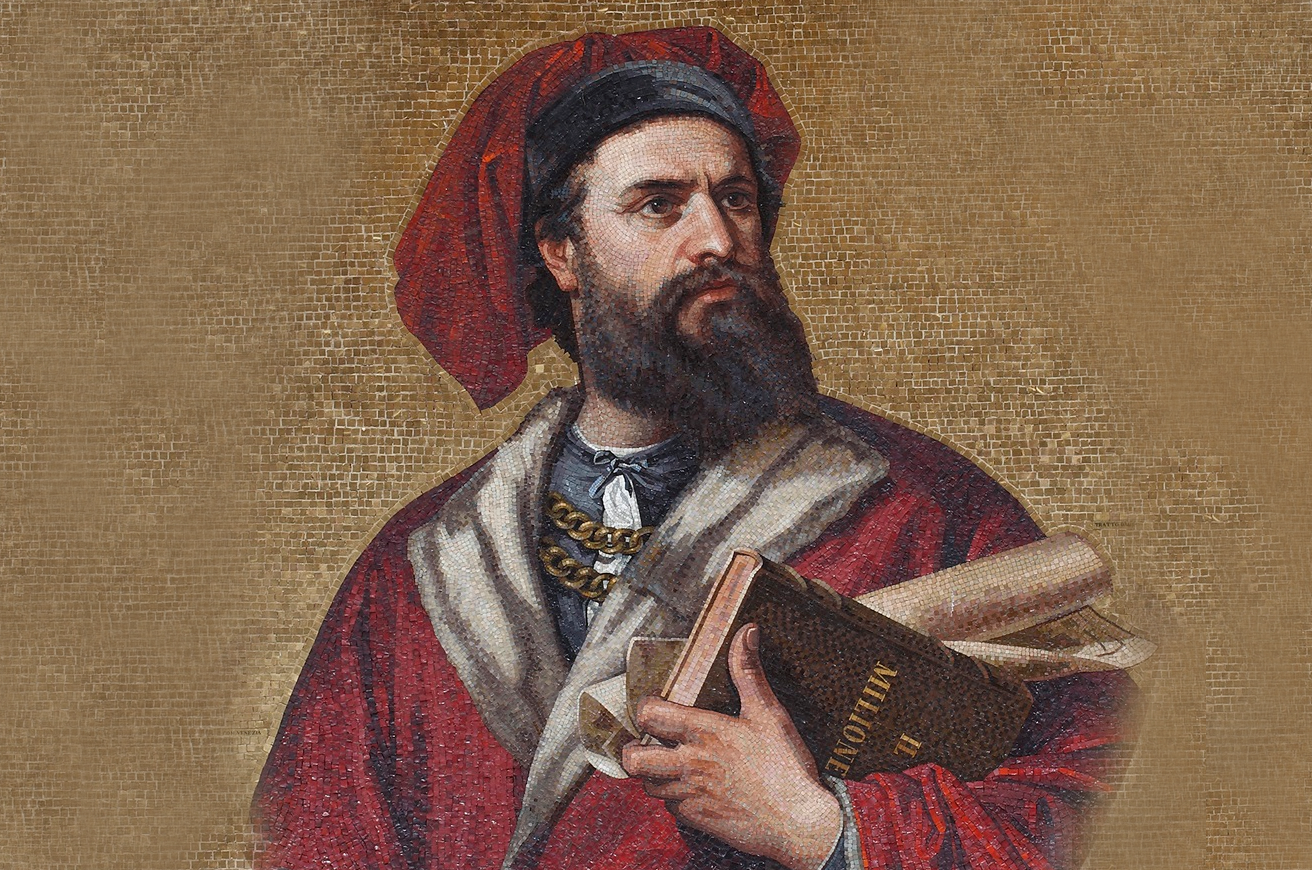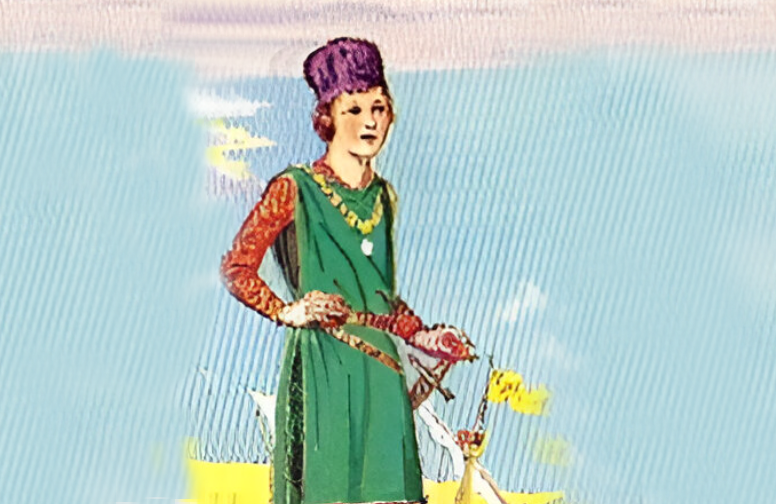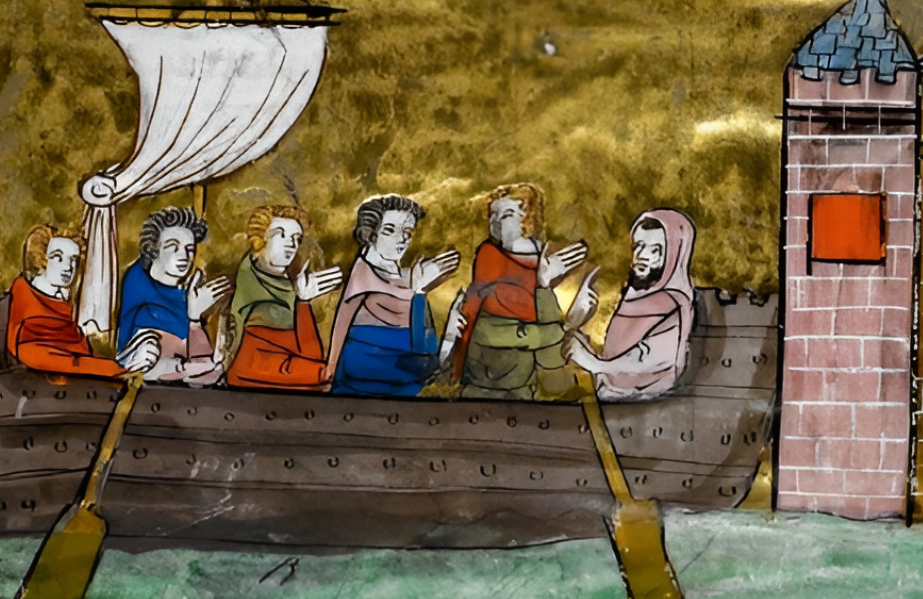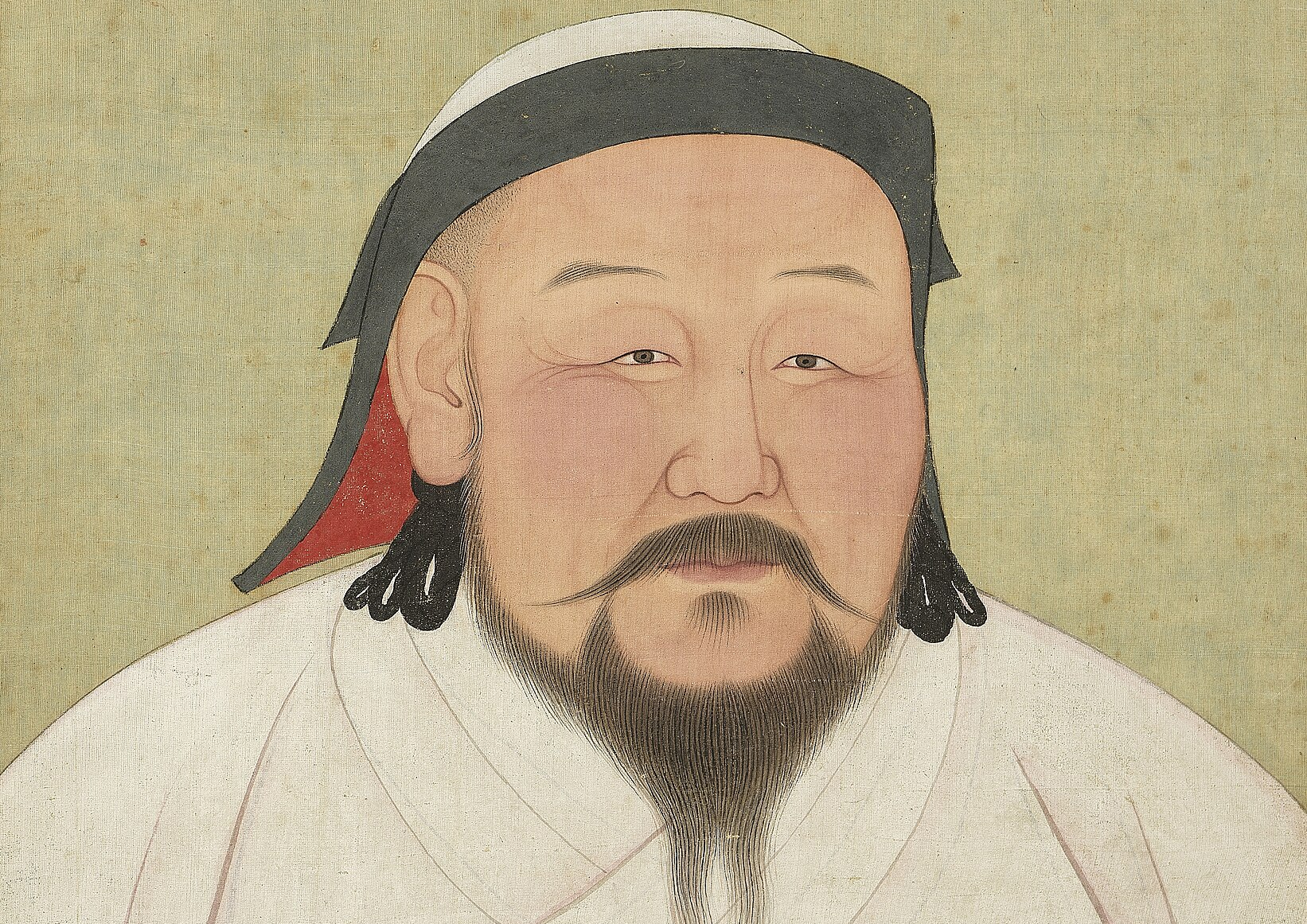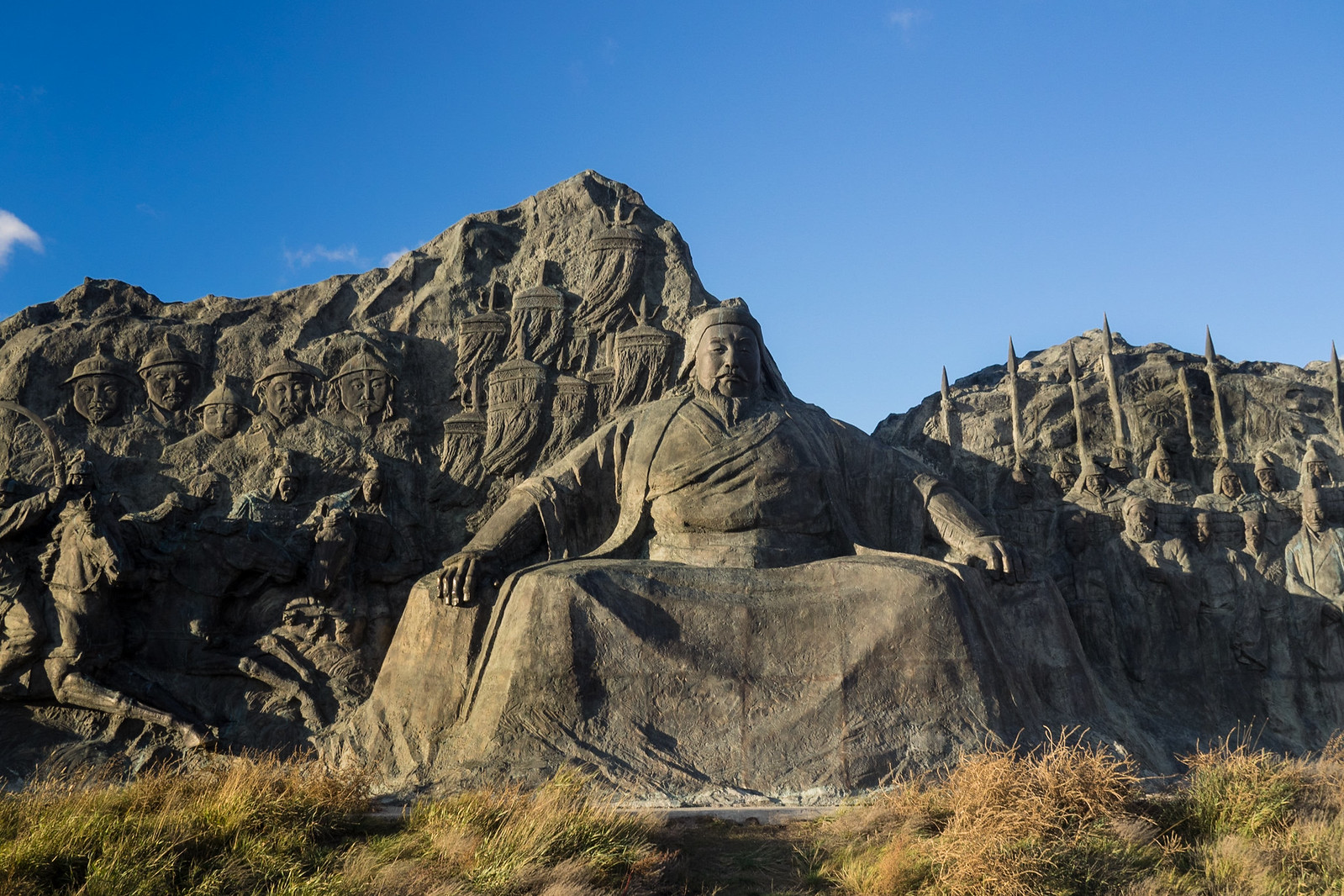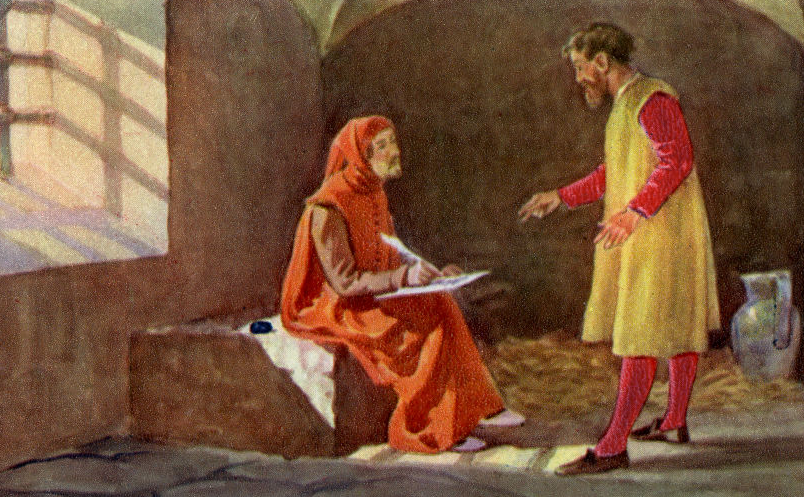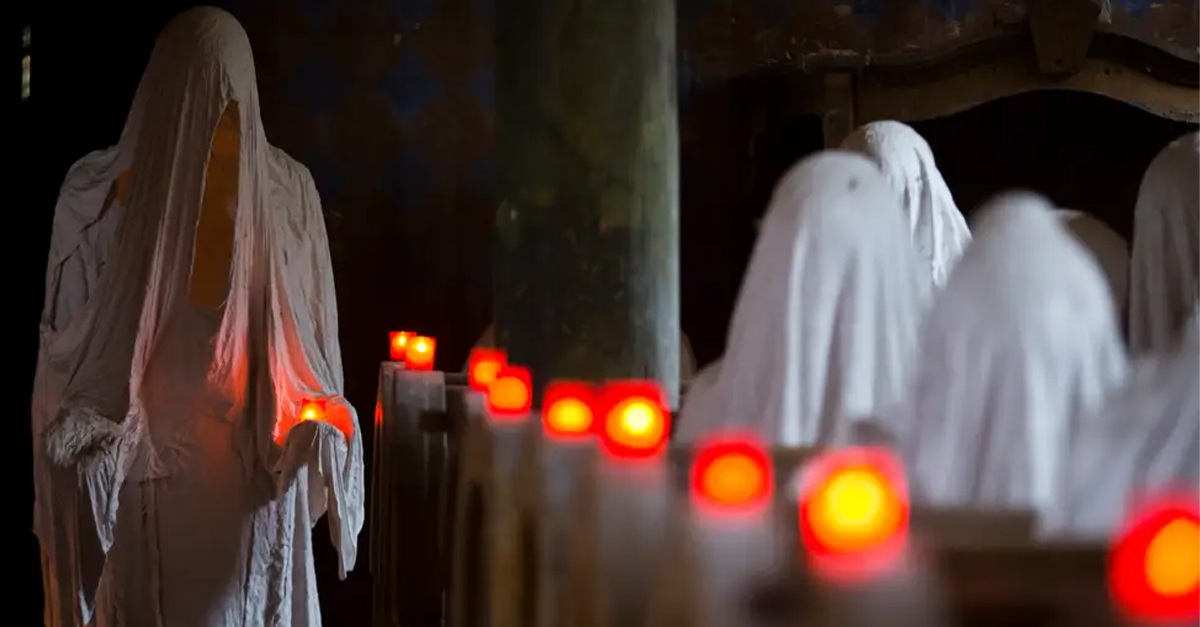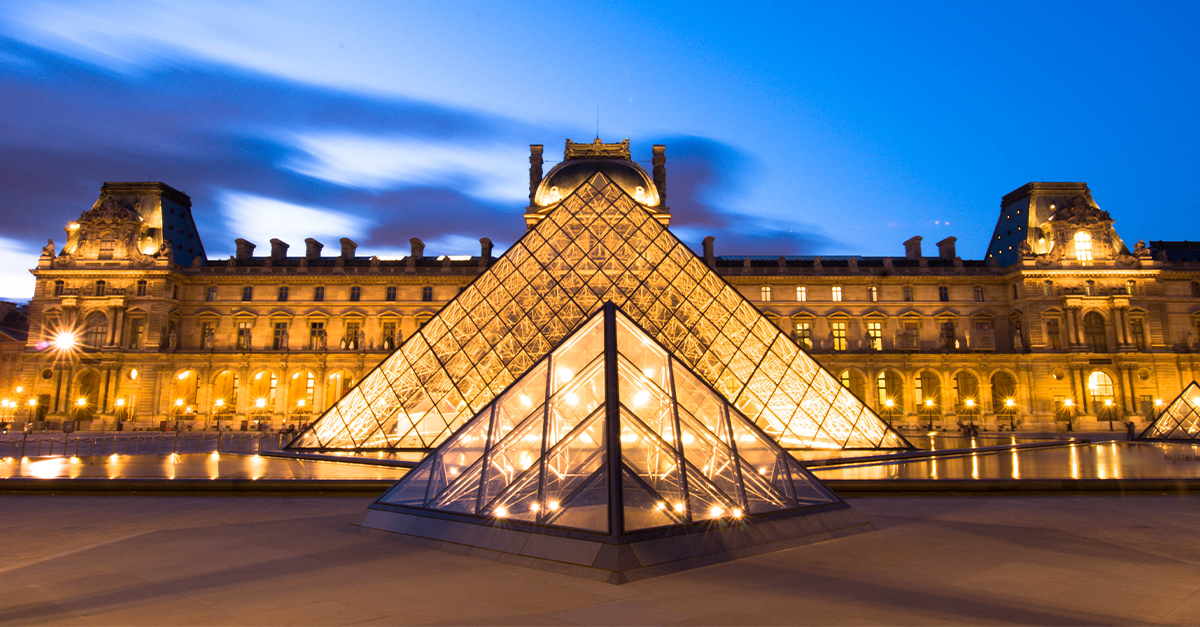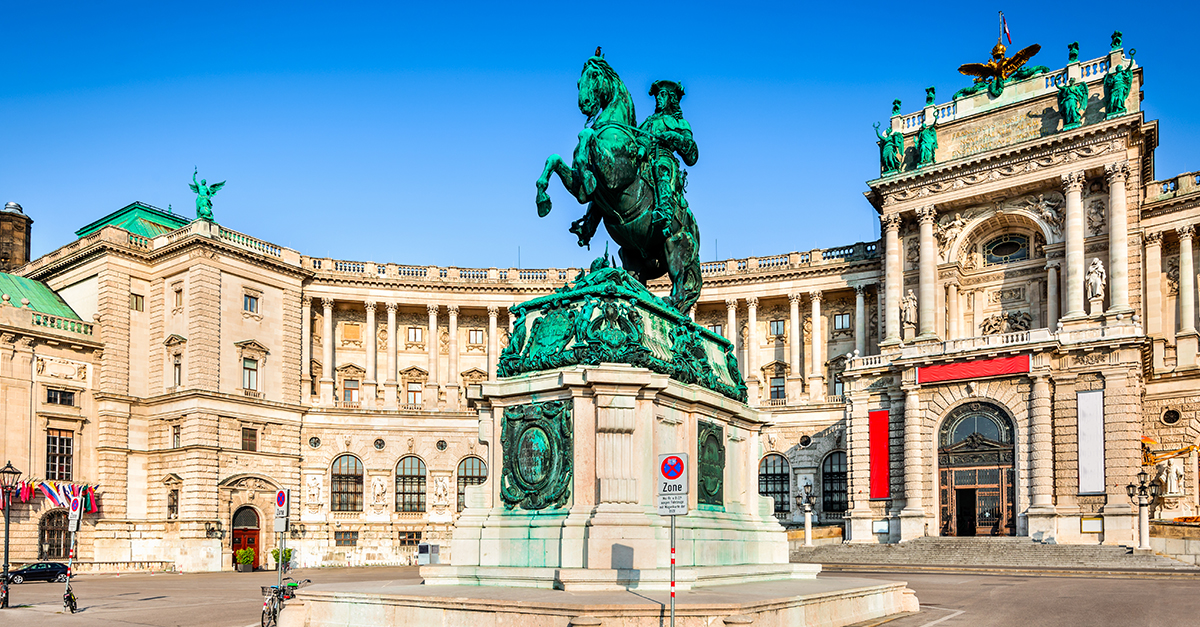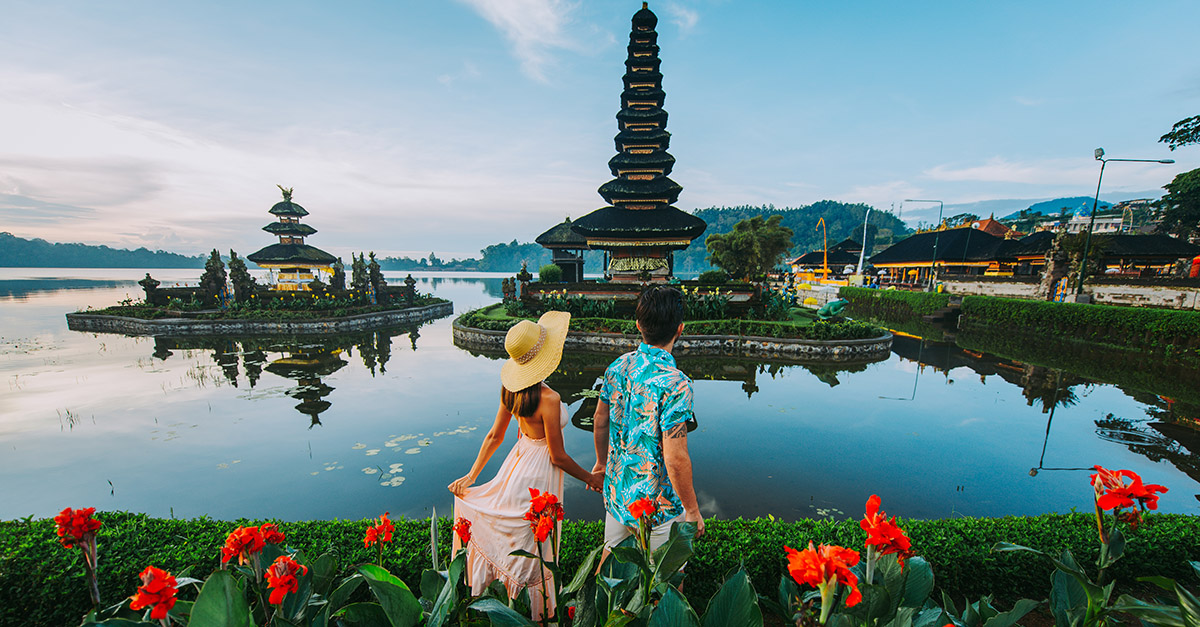Who Was Marco Polo?
Marco Polo may not have been the first European to step foot in Asia, but he was one of the only ones who actually documented it. Over the course of two decades, Polo explored Asia under the control of a powerful Chinese emperor who bought him as a child, and he took detailed notes of every encounter.
Aside from his remarkable (and sometimes traumatic) experiences, Polo's journals also gave Europeans a never-before-seen look into Asian customs and inventions—something that would later earn him a permanent place in history books.
His journey started off as an adventure but quickly turned into a horror story, and how he made it through nearly cost him his life.
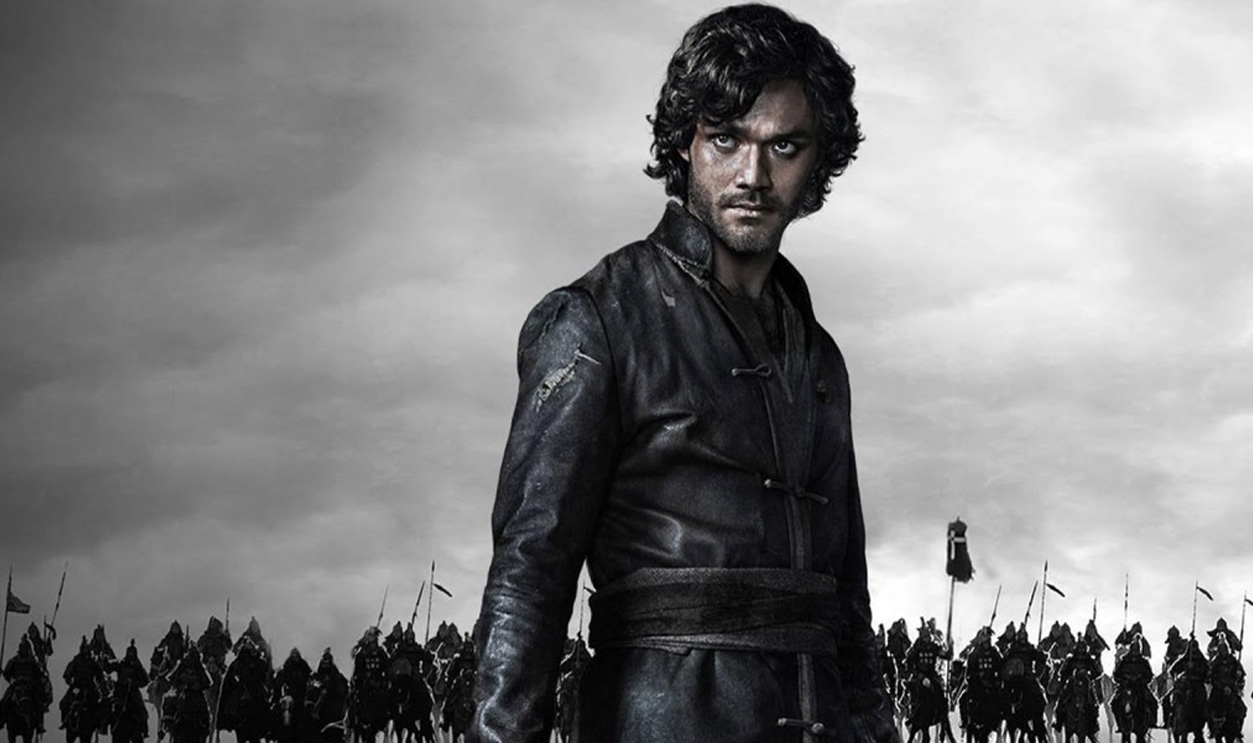
He Was Born Into Wealth
Marco Polo was born in Venice, Italy, back in 1254, to a wealthy Venetian merchant family. His mother was Nicole Anna Dufeseh and his father and uncle, Niccolò and Maffeo Polo, were renowned jewel merchants.
But his dad wasn’t exactly around for much, nor was he much of a father at all.
His Father Left Them
Niccolò Polo traded with the Near East, becoming wealthy and achieving great prestige. He and his brother took off on a trading voyage before Marco’s birth, leaving his pregnant wife behind.
But when he returned—15 long years later—he made a shocking discovery.
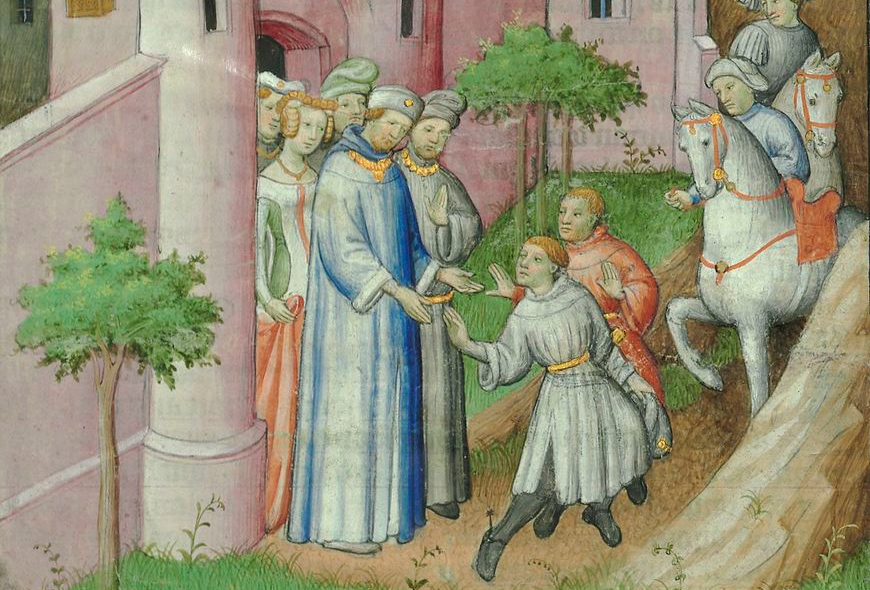 Gallica Digital Library, Wikimedia Commons
Gallica Digital Library, Wikimedia Commons
He Lost His Mother Too
Upon his return, Niccolò learned that his wife had actually died shortly after the birth of their son, and that the child, Marco, had been living with an aunt and uncle in his absence.
Niccolò now found himself solely responsible for a teenage boy—something his selfish nature was not at all prepared for.
He Was Well-Educated
Luckily for Niccolò, Marco’s family provided him with a good education, learning mercantile subjects including foreign currency, appraising, and the handling of cargo ships. He had also learned to speak several languages, read many classical authors, and was schooled in the Christian theology of the Latin Church.
Niccolò saw Marco as an asset to the business, and so, two years after his return, he packed up and left again—this time, taking Marco with him.
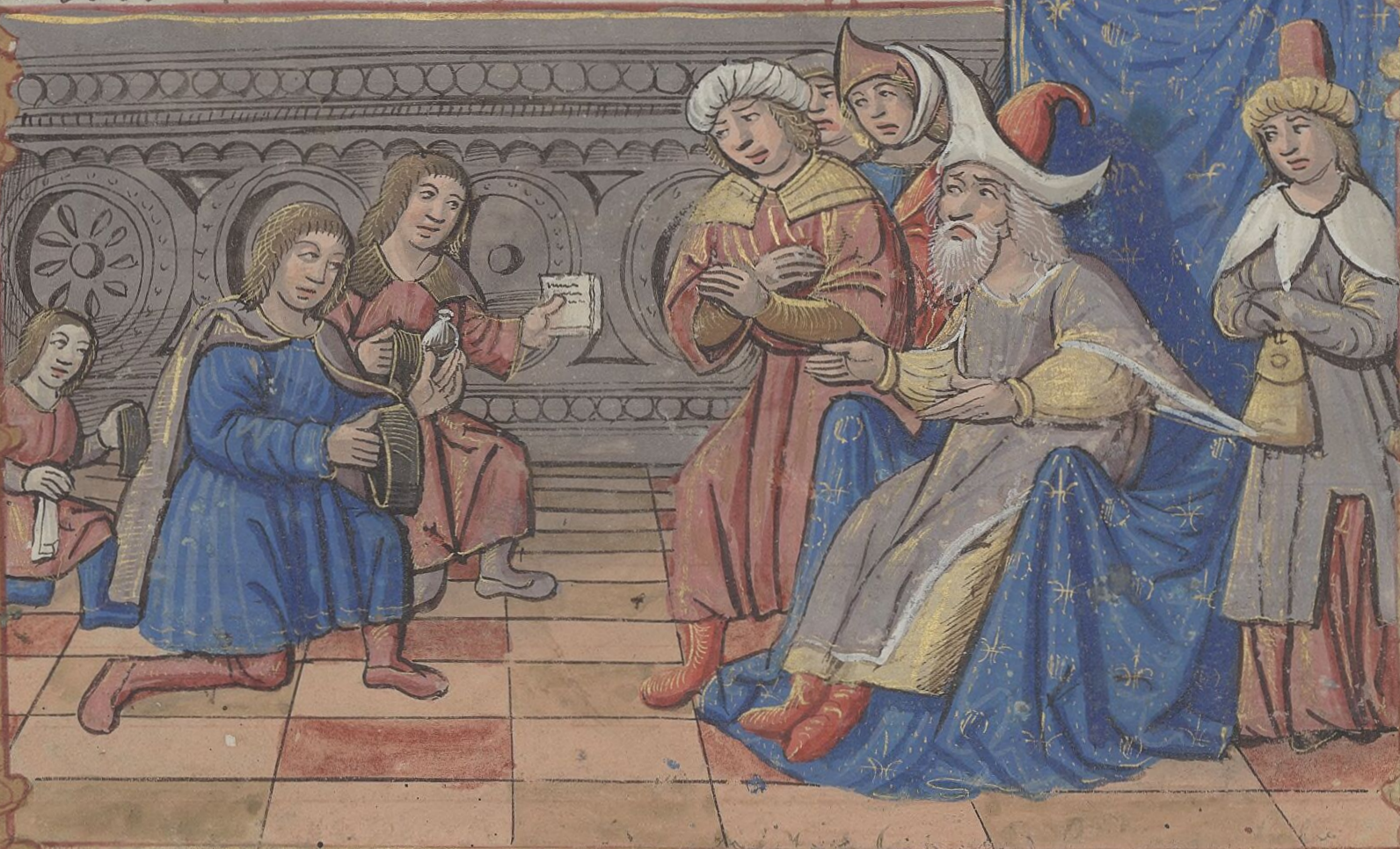 Unknown Author, Wikimedia Commons
Unknown Author, Wikimedia Commons
His Father And Uncle Were Important People
Marco, who was now 17, was ecstatic to get some real-life merchant experience, especially since he’d be accompanying his father and uncle who were esteemed merchants known for their travels to modern-day China—a world far beyond theirs. The duo had already established trading posts in parts of Europe, as well as parts of Asia, and were working on more.
They were also fostering a very important relationship that would later prove very beneficial for Marco in particular.
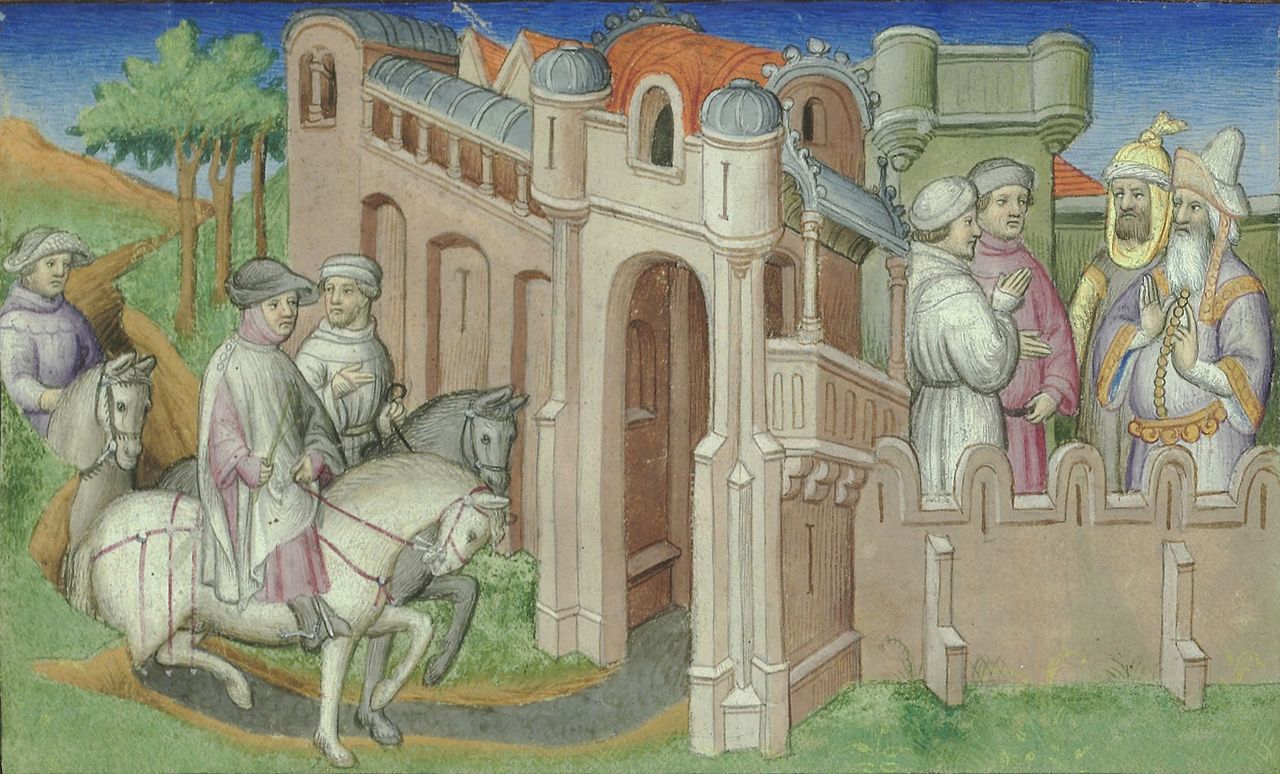 Mazarine Master, Wikimedia Commons
Mazarine Master, Wikimedia Commons
His Father Was Already On A Mission
The Polo brothers were merchants who dealt in rare items like silk, gems and spices, but their extensive travels were more than just a trading mission. Their first journey was a long, and very exciting one—and equally as important.
They Were Well Connected
Political situations in many of their destinations were hot and cold and they were often fleeing their posts for refuge, barely making away with their lives on many occasions. A civil war made their return route too risky, so instead they headed East—where they would end up meeting a very important person.
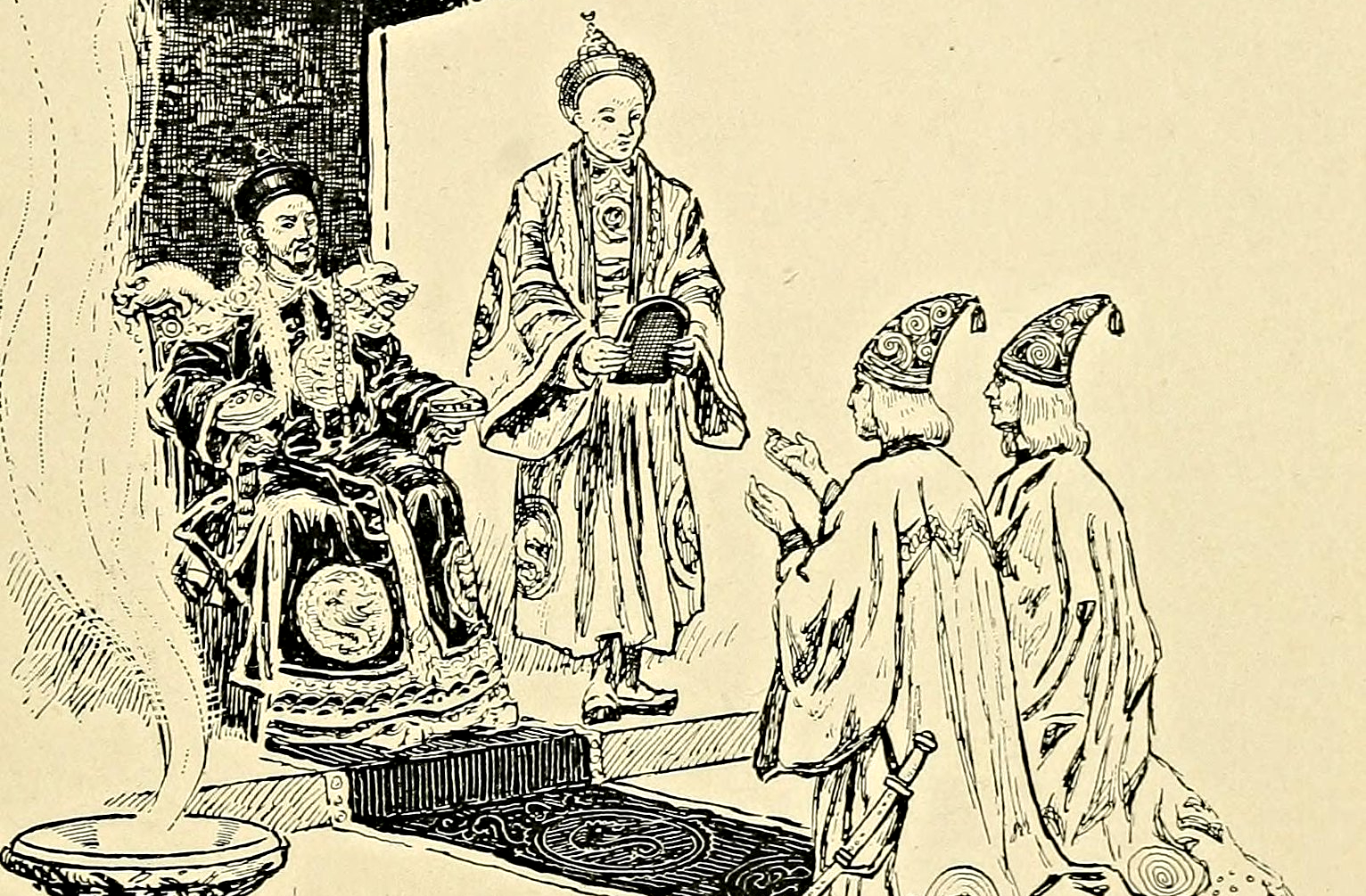 Internet Archive Book Images, Flickr
Internet Archive Book Images, Flickr
They Met A Powerful Leader
After years of treacherous travel, the Polo brothers ended up in modern-day Beijing where Kublai Khan, fifth Khagan of the Mongol Empire and the would-be founder of China’s Yuan dynasty was eager to meet the exotic foreigners.
Not only did Kublai want to know more about Europe, he also had a specific job in mind for Niccolò and Maffeo.
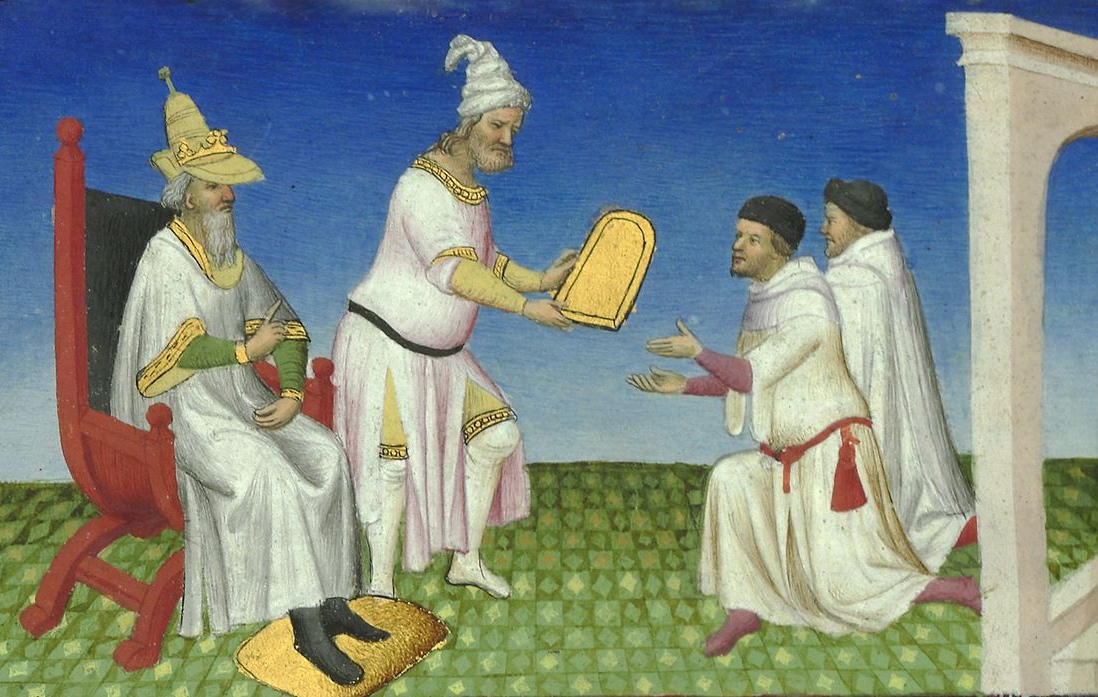 Unknown author, Wikimedia Commons
Unknown author, Wikimedia Commons
His Father Took On A Huge Job
Kublai had a great interest in the Pope and the Roman church. He wanted to bring Christianity to Asia, and he heard only great things about these two men. So, he met with the brothers, offered them remarkable hospitality, protection, and, of course, money, and then sent them on their way with a very important task.
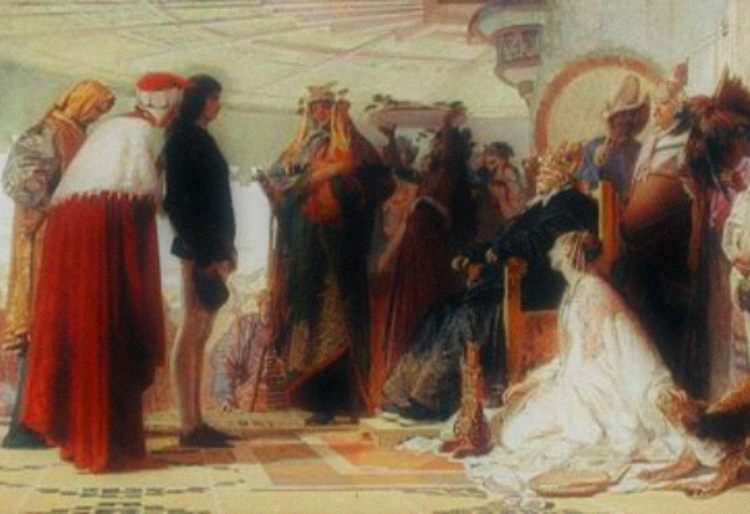 Tranquillo da Cremona, CC BY 3.0, Wikimedia Commons
Tranquillo da Cremona, CC BY 3.0, Wikimedia Commons
His Father Didn’t Actually Come Back For Him
The Polo brothers were given a letter to take back to the Pope—which was really the only reason they returned. Kublai wanted the Pope to send the Polo brothers back to Asia (again) with 100 educated priests and some holy water.
The two men took the letter and went back home to deliver the message—which brings us back to meeting Marco.
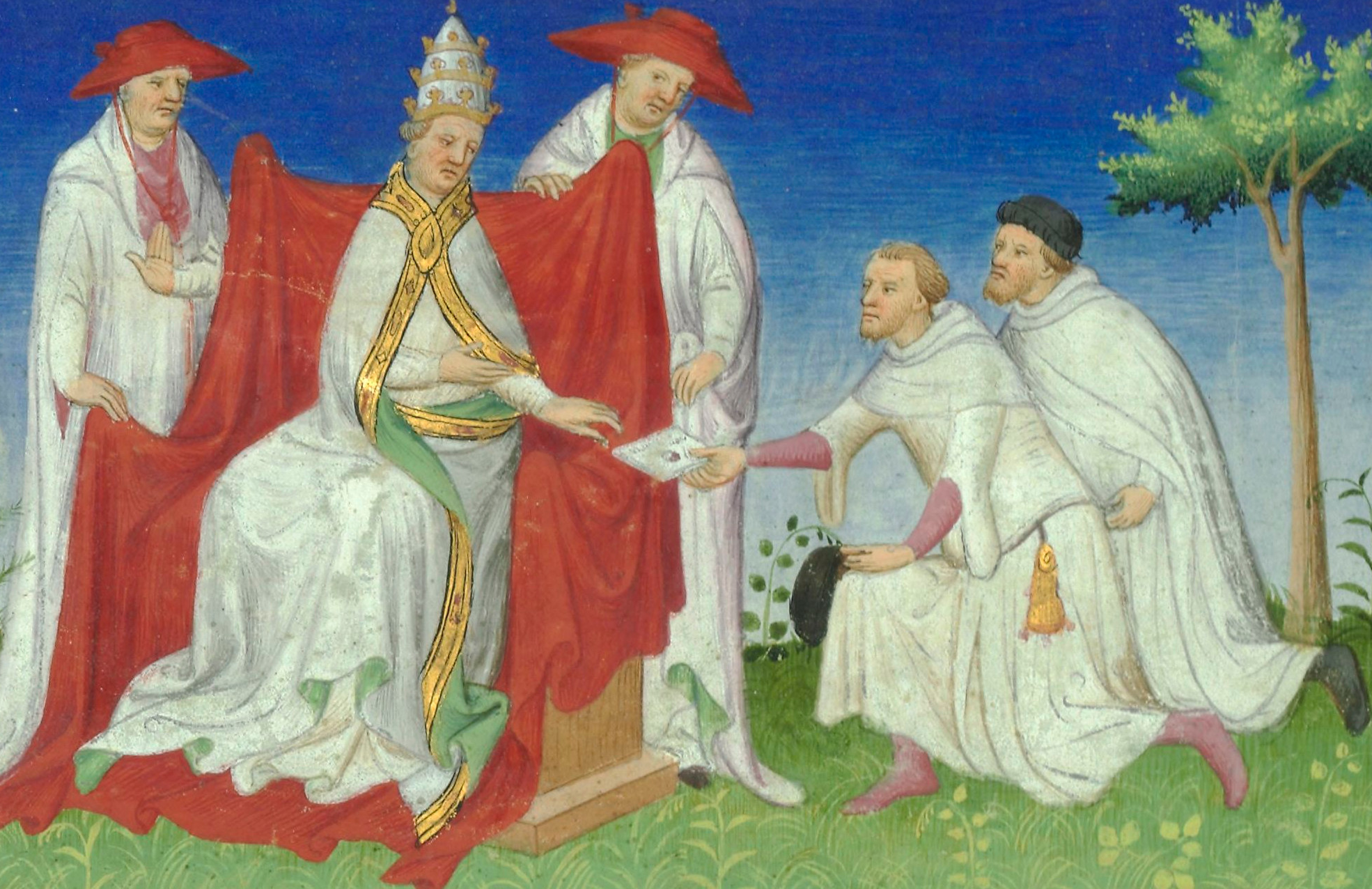 Bibliothèque nationale de France, Wikimedia Commons
Bibliothèque nationale de France, Wikimedia Commons
He Went Along For The Ride
Unfortunately for the Polo brothers, by the time they got back to Europe, the Pope had died and a new one had not yet been elected. This is also when Niccolò learned that his wife had perished and he had a teenage son.
With nothing left for him at home (and no way of calling up Kublai Khan to tell him the news) Niccolò and Maffeo decided to take the long journey back to Asia.
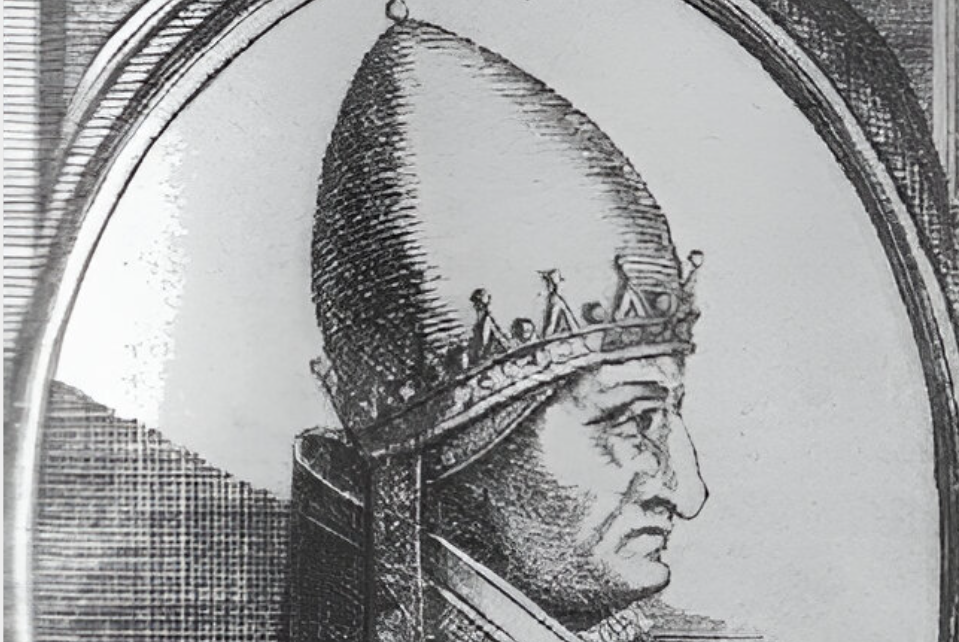 Unknown Author, Wikimedia Commons
Unknown Author, Wikimedia Commons
He Started Writing
From the moment they left, young Marco decided to document his voyage in what eventually became an entire series of journals that he titled Book of the Marvels of the World—something many explorers before him had not yet done. Unbeknownst to him at the time, his journals would later be recorded in history books.
Marco, an avid writer, left no detail behind.
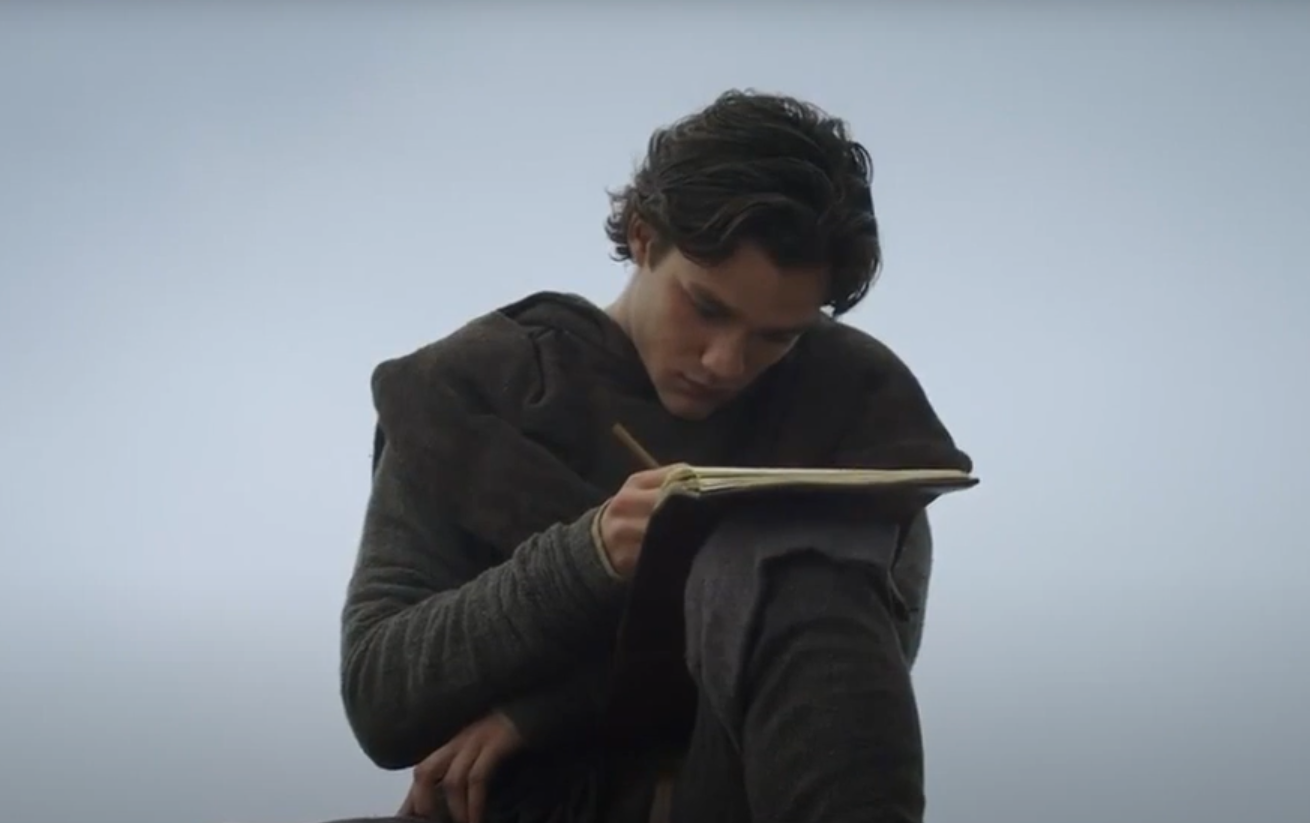 Netflix, Marco Polo (2014-2016)
Netflix, Marco Polo (2014-2016)
He Was In It For The Long Haul
The three Polo men embarked on an epic journey to Asia, exploring many places along the way—dodging death on many occasions. And while they had originally only planned a “short” trip, the trio would eventually travel around Asia for more than 20 years.
And lots happened in those two decades.
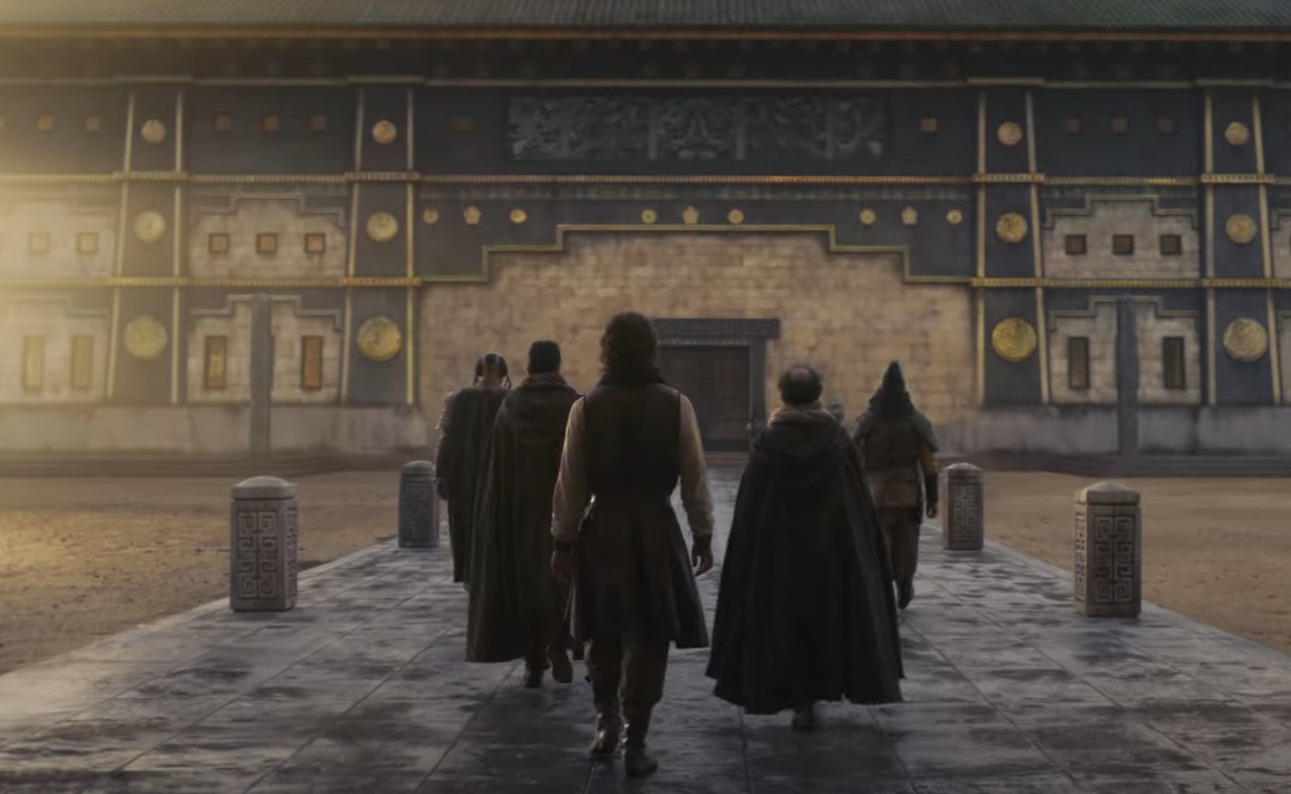 Netflix, Marco Polo (2014-2016)
Netflix, Marco Polo (2014-2016)
He Experienced The Desert
The Polos started their journey sailing to Acre, a city in Israel. They spent months riding camels through the hot, dry desert (a completely new experience for them) in order to meet with Archdeacon Tedaldo Visconti of Piacenza, specifically to discuss the long lack of a pope and the interest the Mongol emperor had.
After a long, challenging trek dodging sandstorms and hostiles, they had low expectations. But the response they got was surprising.
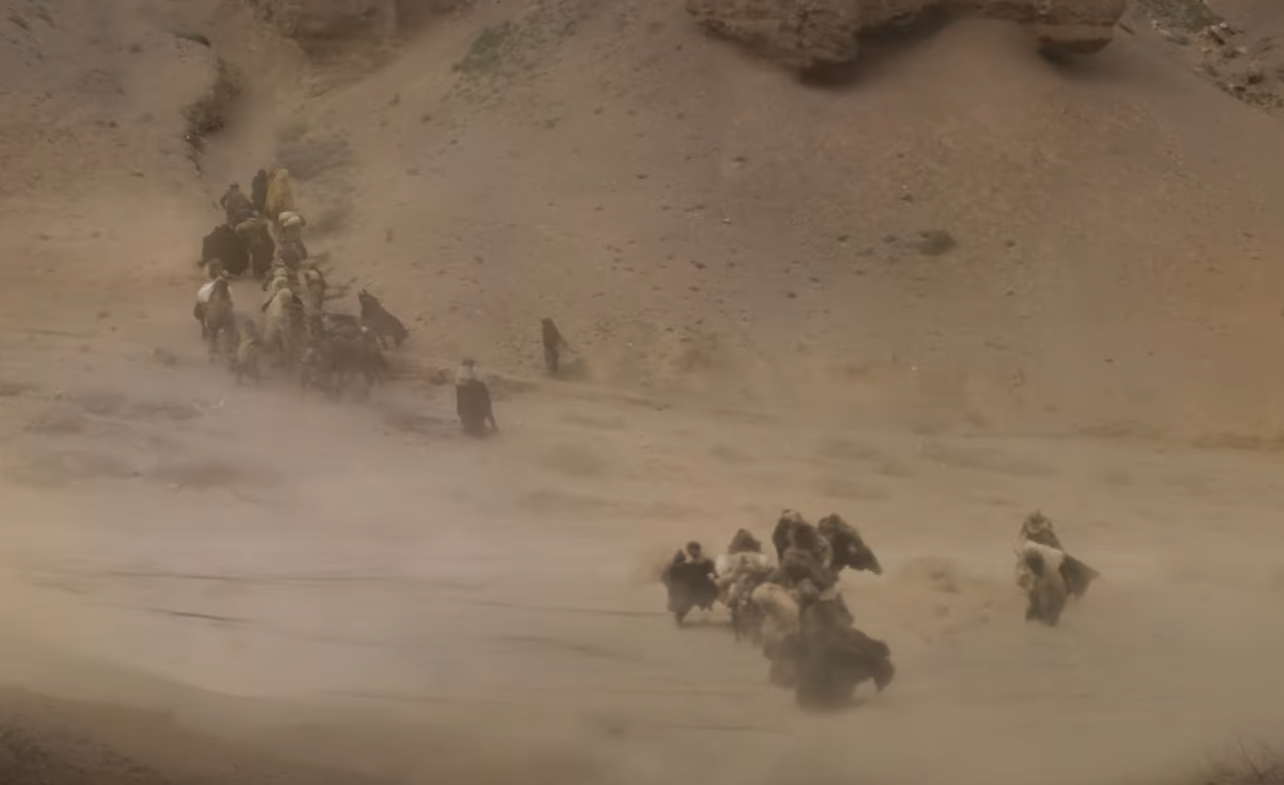 Netflix, Marco Polo (2014-2016)
Netflix, Marco Polo (2014-2016)
Their Timing Was Impeccable
Conveniently, the Polos were surprised to learn that during their trip, the Conclave had finally elected a new pope, and he was actually the Archdeacon of Acre—where they had just come from.
The men hurried back to the Holy Land, where they presented the new pope the letter from Kublai Khan—and discovered he was asking for more than they originally thought.
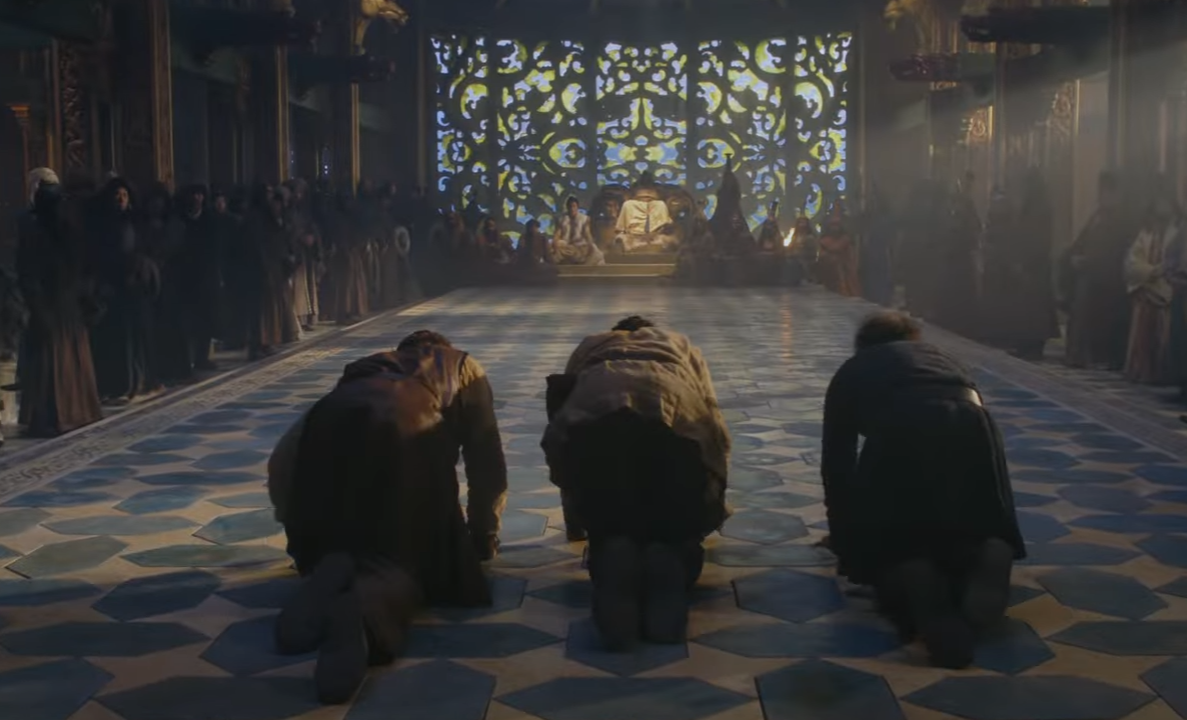 Netflix, Marco Polo (2014-2016)
Netflix, Marco Polo (2014-2016)
They Got What They Needed
Kublai’s letter wasn’t just asking for the dispatch of a hundred missionaries, he also wanted something else of extreme importance—oil from the lamp of Jerusalem.
Believe it or not, the Pope agreed to the terms, and sent a letter back with the Polos for Kublai. They set off once again for China, with two of the Pope’s legates in tow.
But the journey wasn’t an easy one.
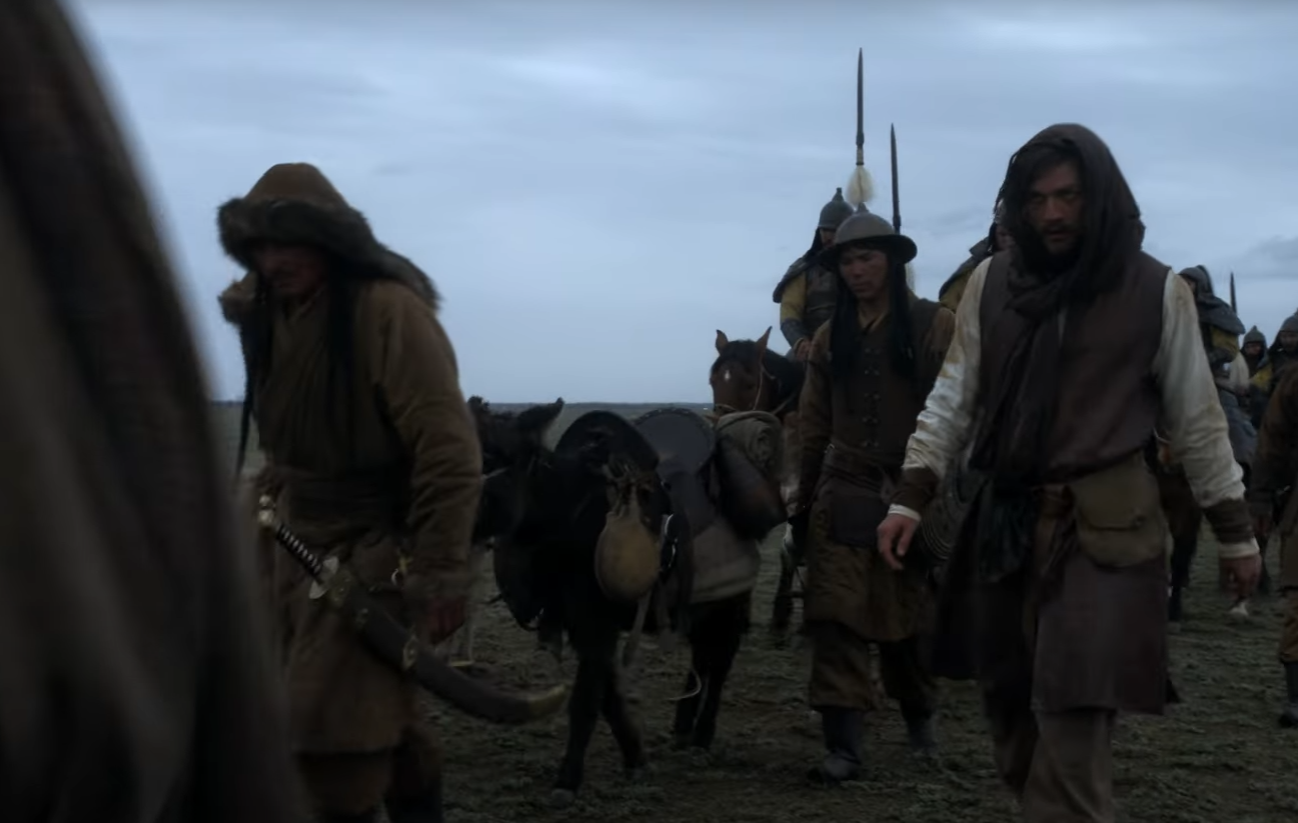 Netflix, Marco Polo (2014-2016)
Netflix, Marco Polo (2014-2016)
They Were In Constant Danger
It took the Polos almost four years to make their way back to Asia, and in doing so, they were handed their fair share of dangerous challenges. So much so, that the Pope’s legates ended up giving up entirely, and returned home in fear of their safety.
Shortly after that, Marco was taken down by something horrific, and was forced into hiding.
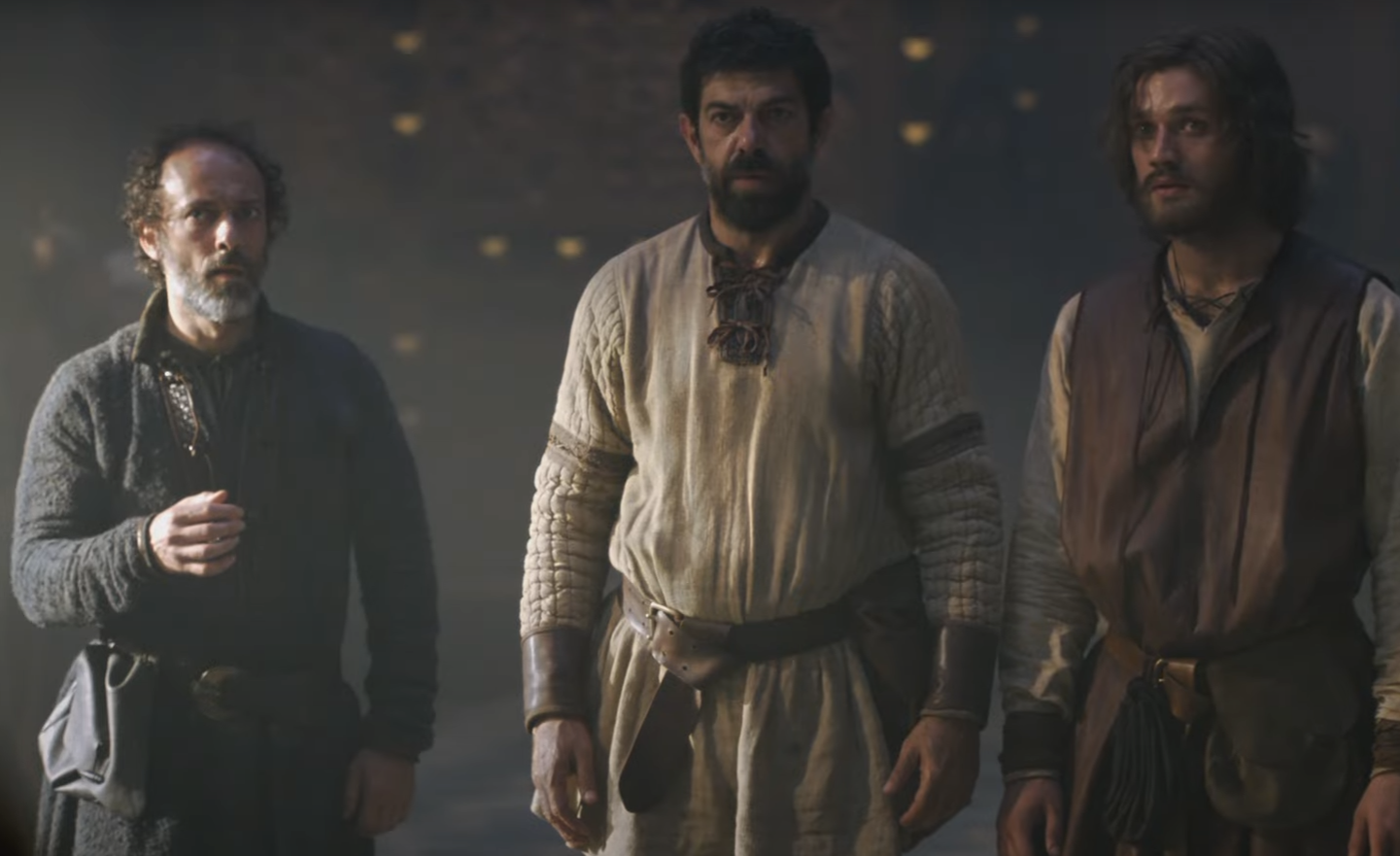 Netflix, Marco Polo (2014-2016)
Netflix, Marco Polo (2014-2016)
He Had To Hide
Marco somehow contracted a severe illness and was forced to take refuge in the isolated mountains of northern Afghanistan for an extended period of time. Not only was he stuck in the desert, the region was also an active warzone.
And while this was not the first challenge Marco experienced, it was a doozy.
 Netflix, Marco Polo (2014-2016)
Netflix, Marco Polo (2014-2016)
He Almost Starved To Death
Marco journaled the entire time, of course, writing: “This desert is reported to be so long that it would take a year to go from end to end, and at the narrowest point it takes a month to cross it. It consists entirely of mountains and sands and valleys. There is nothing at all to eat".
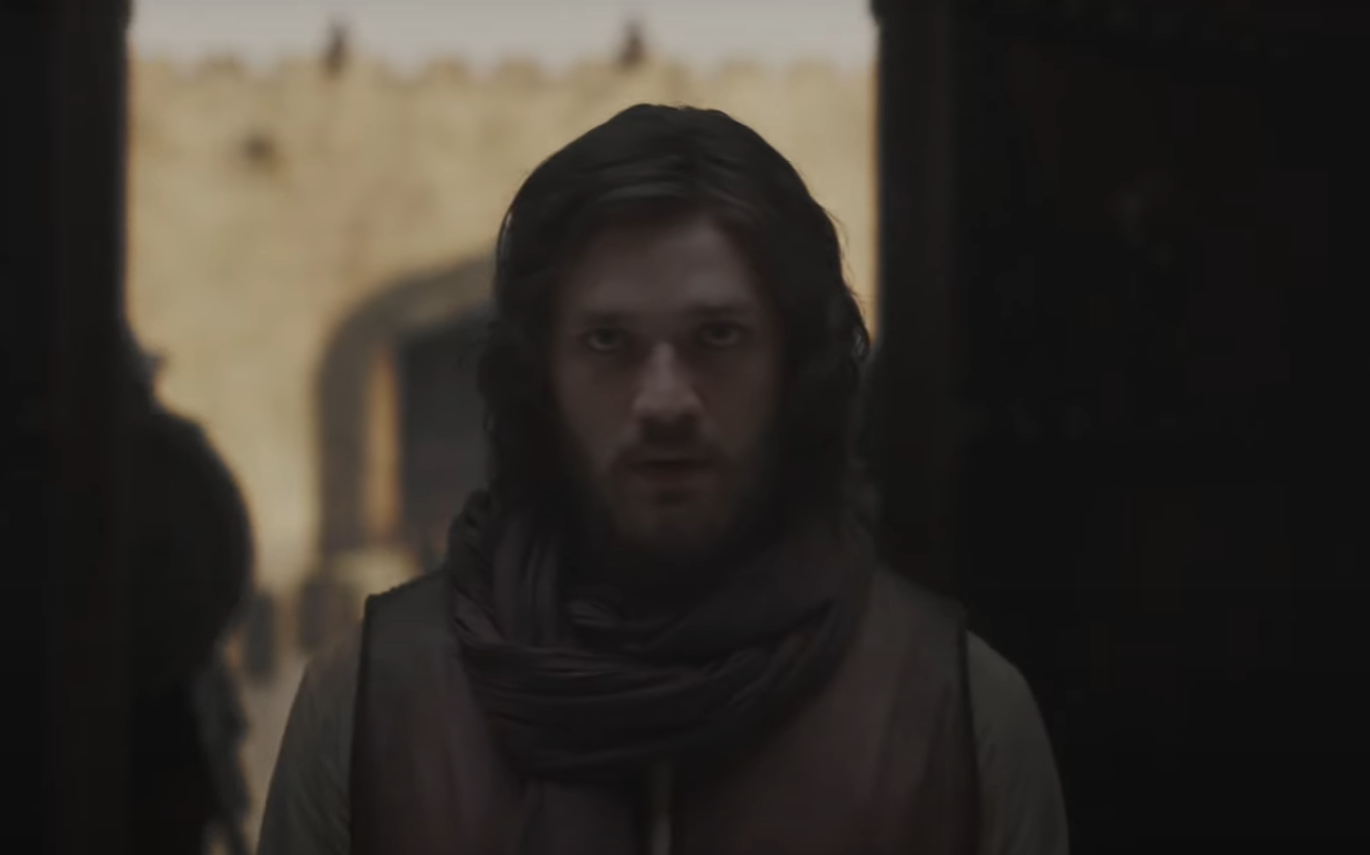 Netflix, Marco Polo (2014-2016)
Netflix, Marco Polo (2014-2016)
He Suffered Through Extreme Temperatures
For quite some time, Marco Polo was afraid he was going to starve to death. Water was a delicacy, and at times, he was lucky to find any actual food to eat. The desert had extreme temperatures—incredibly hot in the day and freezing cold at night.
But eventually, he recovered enough to catch up to his father and uncle.
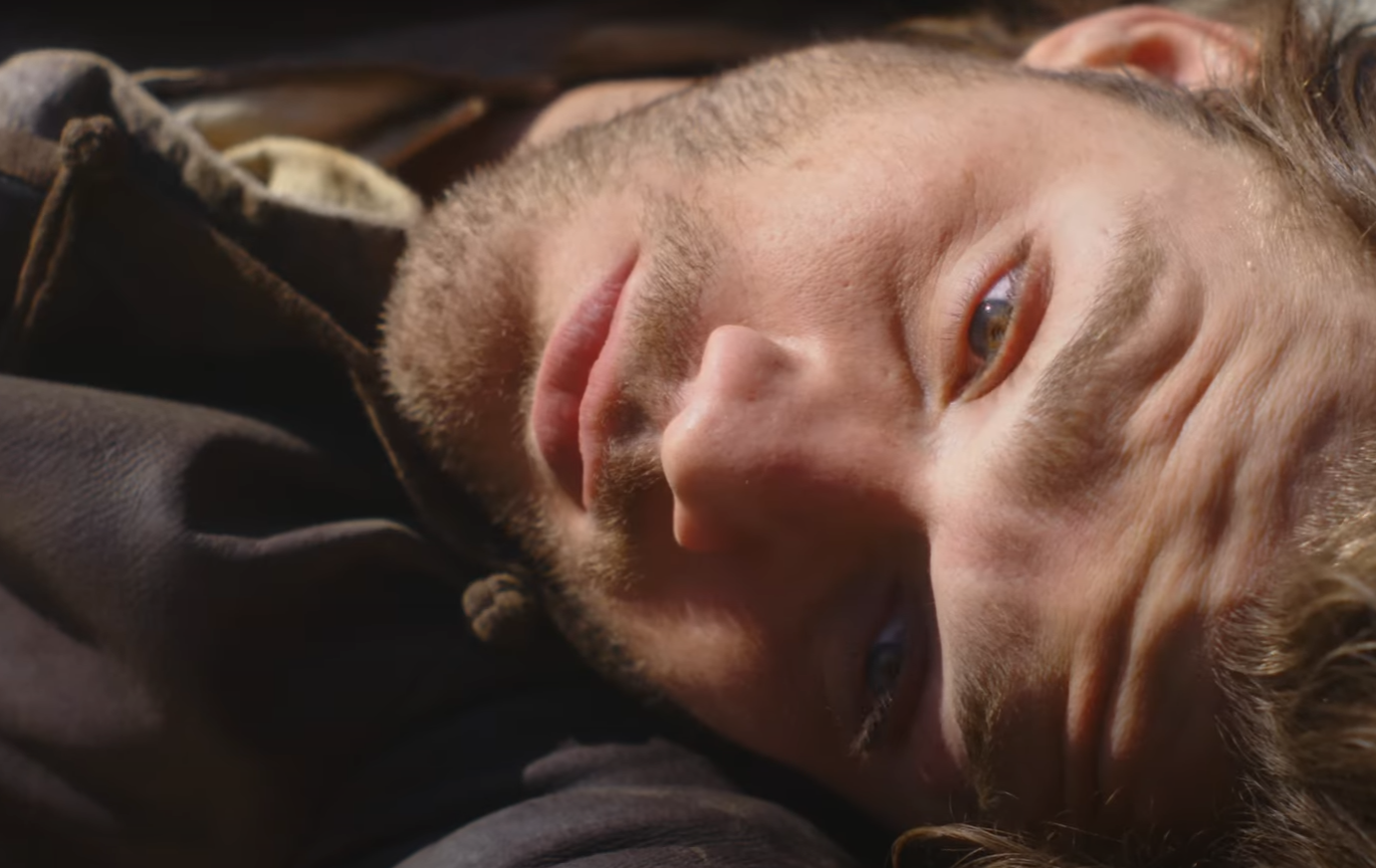 Netflix, Marco Polo (2014-2016)
Netflix, Marco Polo (2014-2016)
He Met Someone Who Saw His Worth
When the Polos finally returned to Asia, Kublai Khan received them and was instantly impressed with their new addition—Marco. This was a relief for Niccolò, who had been on a mission to please Kublai for many years now.
Actually, when Kublai had first sent the Polo brothers back home with the letter for the pope, he also gave them something else of great importance.
They Had A Golden Ticket
As a perk for working for him, the almighty Kublai Khan had given the men a “paiza”—a foot-long golden tablet that allowed them access to obtain lodging, horses, and food throughout Kublai’s territory—a rare advantage not given to many.
Originally worried that they had failed him, the Polo brothers now had two things Kublai wanted.
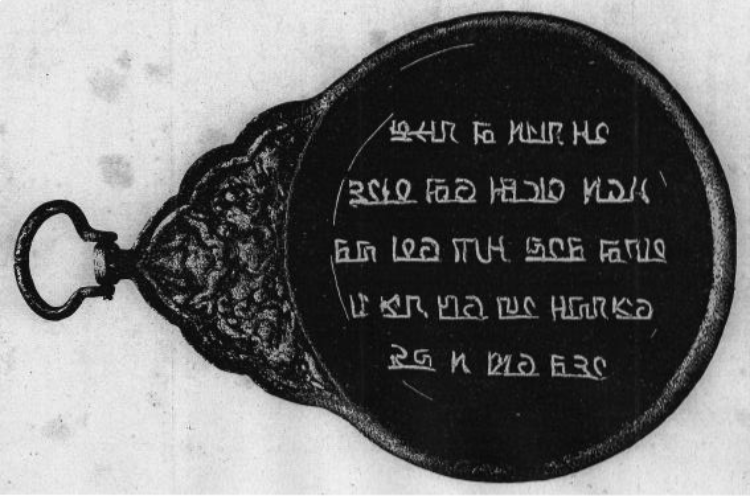 Unknown Author, Wikimedia Commons
Unknown Author, Wikimedia Commons
He Formed An Awkward Relationship
Kublai Khan was deeply impressed with Marco Polo’s intelligence and humility. He also particularly enjoyed Marco’s storytelling abilities, and was intrigued by his detailed journals.
Marco was a young adult at this point and, not having much of a father-figure in his life, he easily took to Kublai’s interest in him—not realizing it was a nightmare in the making.
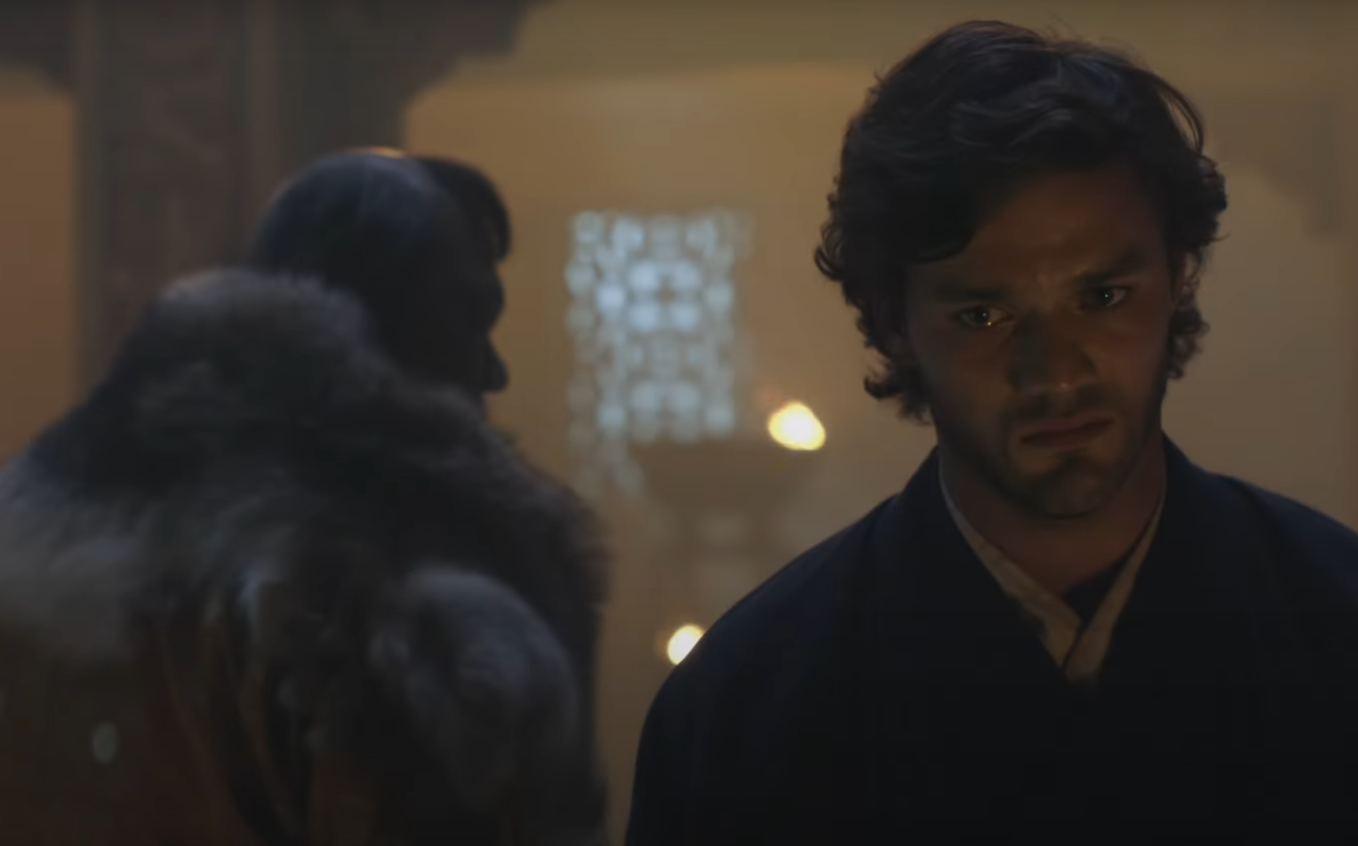 Netflix, Marco Polo (2014-2016)
Netflix, Marco Polo (2014-2016)
His Father Only Saw Dollar Signs
As we know, Marco’s father was a dedicated tradesman who put years of hard work into establishing his relationships in the business. So, the more he watched Kublai take to his son, the more delighted he got—but his intentions were anything but pure.
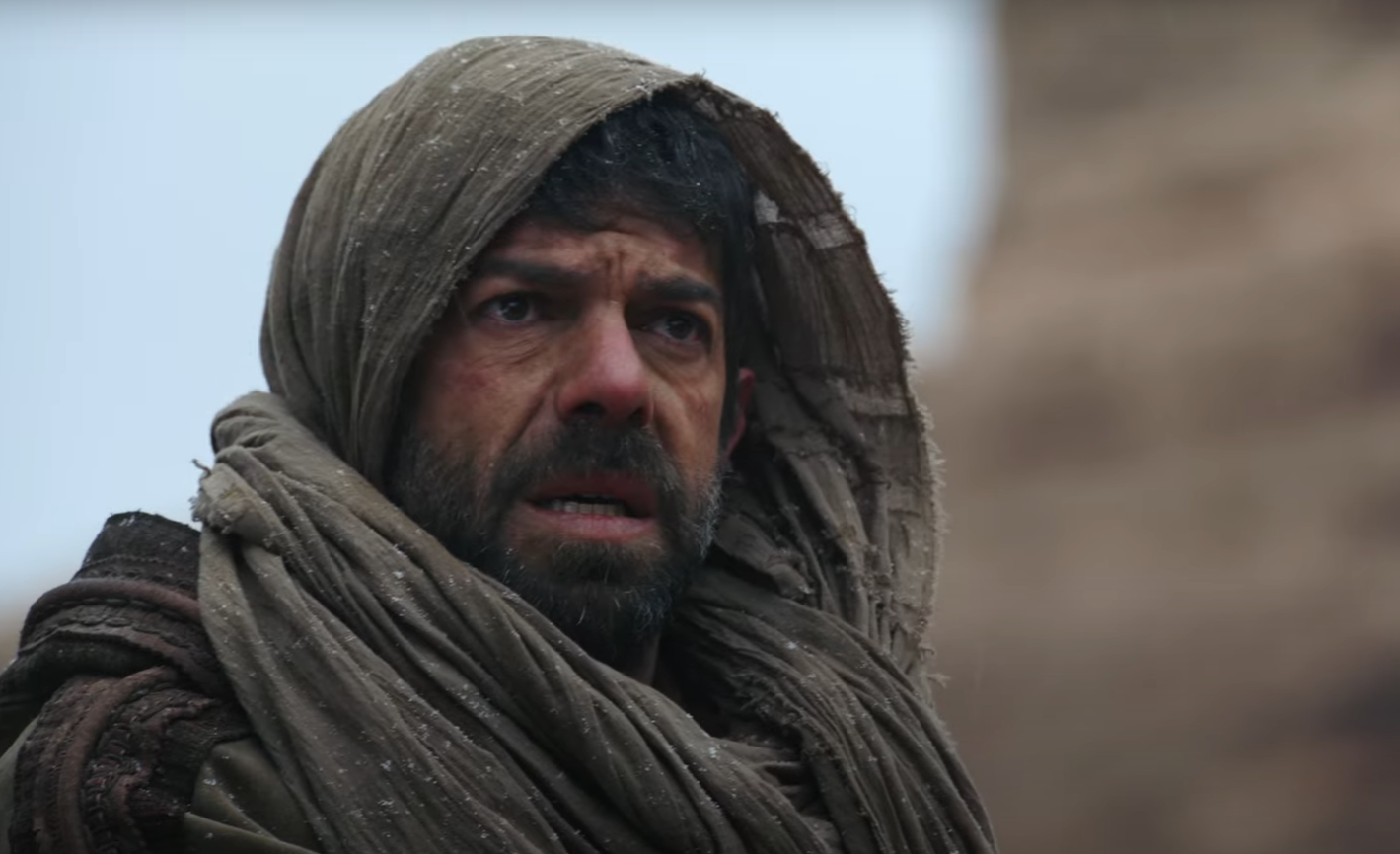 Netflix, Marco Polo (2014-2016)
Netflix, Marco Polo (2014-2016)
He Lacked An Important Connection
Niccolò had never been much of a father, considering he didn’t even know his kid for the first 15 years. So, it’s no surprise that their bond was lacking. Even though Marco was pretty much a carbon copy of Niccolò himself, he felt little to no connection with the boy.
But this is what made his next move so easy.
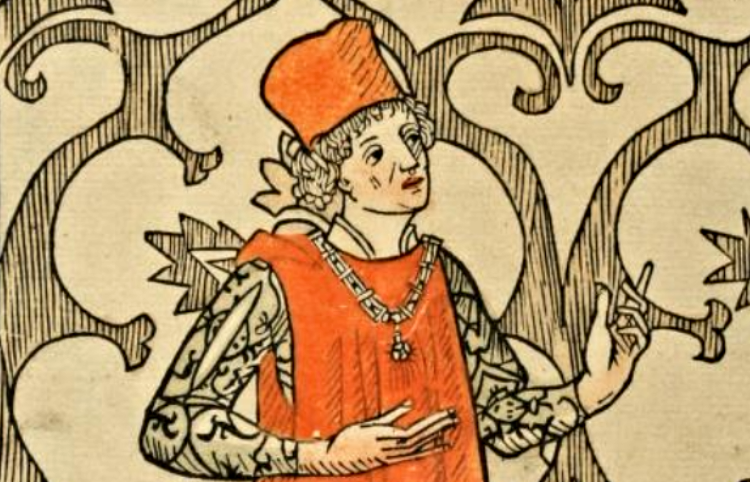 Unknown Author, Wikimedia Commons
Unknown Author, Wikimedia Commons
His Father Betrayed Him
Kublai clearly liked Marco, and Niccolò, well, he liked his job. So, he saw this newfound connection as a business opportunity. After careful consideration, Niccolò devised a devious plan and dealt Marco the ultimate betrayal.
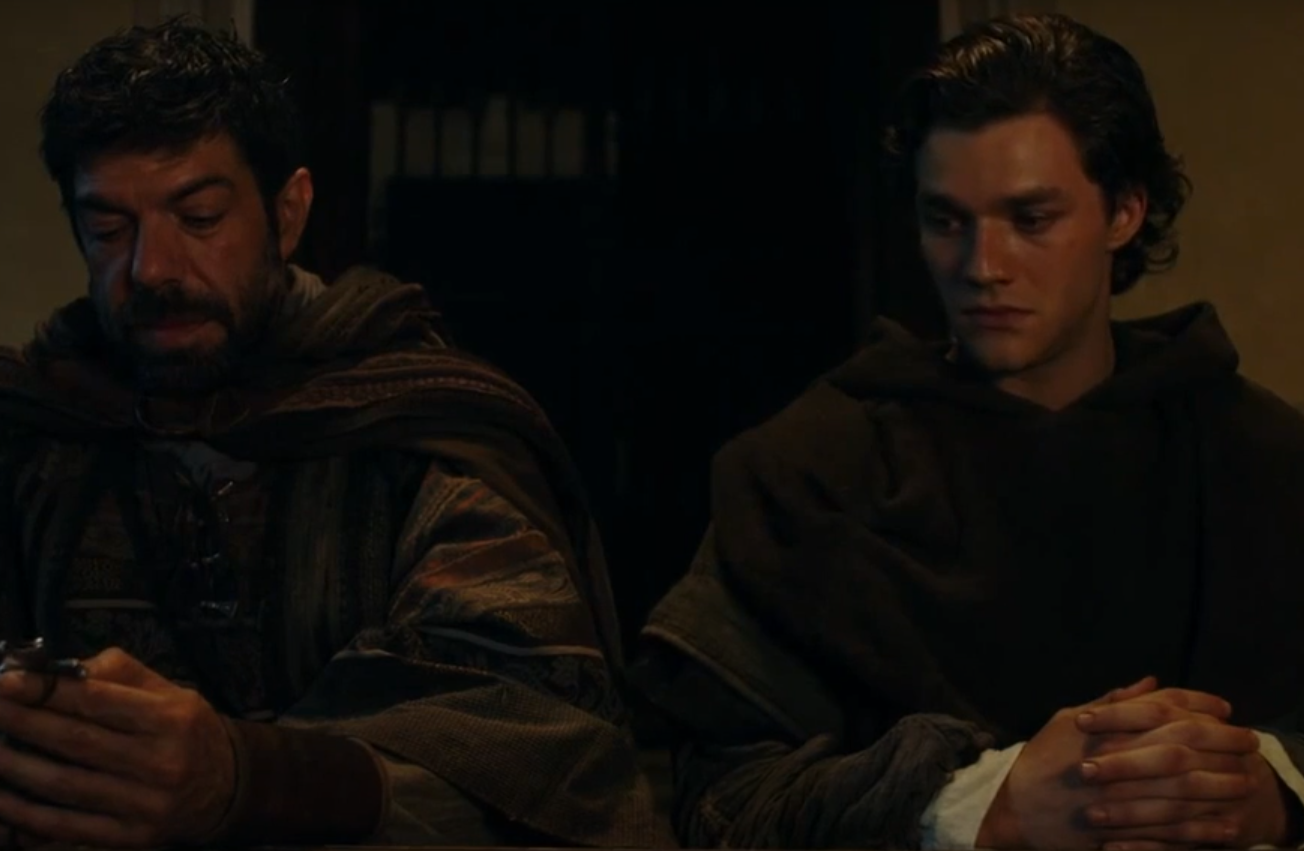 Netflix, Marco Polo (2014-2016)
Netflix, Marco Polo (2014-2016)
His Became A Possession
In exchange for permission to trade along the conquered Silk Road, which provided extensive trade connections between the Eastern and Western worlds, Niccolò offered Kublai his son.
That’s right, Niccolò sold his son to the Chinese emperor in exchange for trade permissions—which, apparently, he did so that he could smuggle silk into Europe.
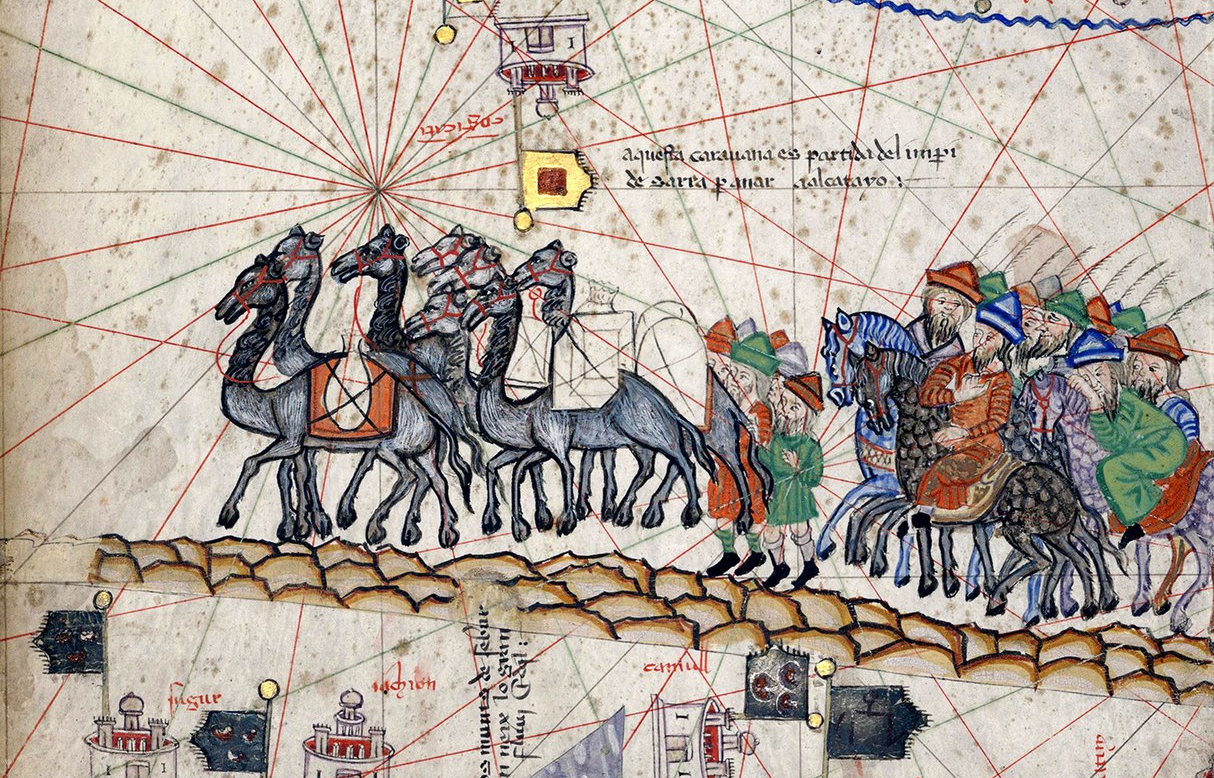 Cresques Abraham, Wikimedia Commons
Cresques Abraham, Wikimedia Commons
He Was A Valuable Asset
Kublai didn’t even need a second to mull it over. Marco was a window to the Western world, and what he brought to the table was of extreme value to Kublai. The powerful leader saw potential in the young man, and honestly, Marco had no quarrels about it either.
After all, his father hadn’t even tried to get to know him—and he did just sell him off to make his dishonest living easier.
 Netflix, Marco Polo (2014-2016)
Netflix, Marco Polo (2014-2016)
He Was Given A Job
The Great Khan sent Marco on many diplomatic missions. Marco carried out various diplomatic assignments throughout the empire and Southeast Asia, visiting present-day Burma, India, Indonesia, Sri Lanka, and Vietnam.
And while it was not without its challenges, what he saw and learned were what dreams are made of.
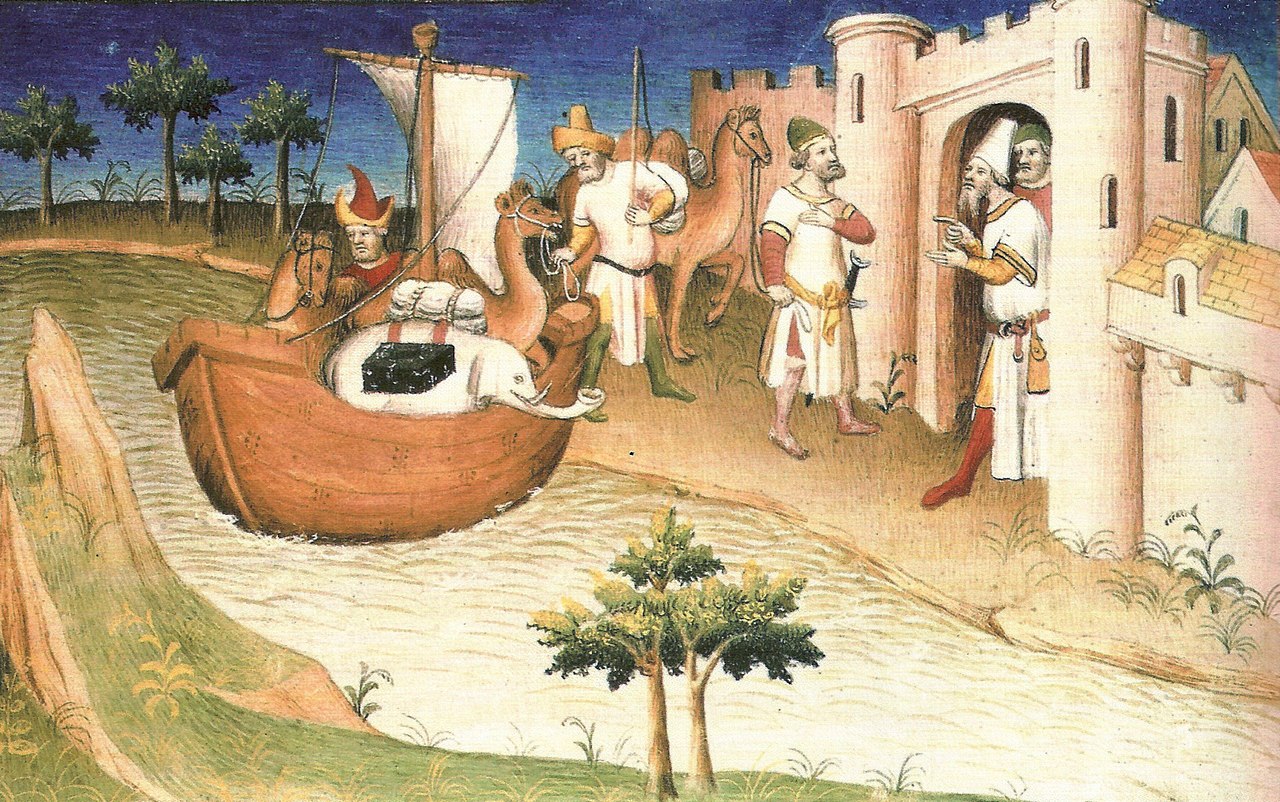 Unknown Author, Wikimedia Commons
Unknown Author, Wikimedia Commons
He Discovered Spices
Throughout Marco’s expeditions, he immersed himself in Asian culture—which was far ahead of the Western world, especially when it came to spices. One of the major spices he came across was pepper, and there was a lucrative trade for it across Asia. This served as an advantage for Macro as pepper would later make its way to Europe.
Something else that shocked Marco was the different Asian customs he came across—and one of them he felt was particularly disturbing.
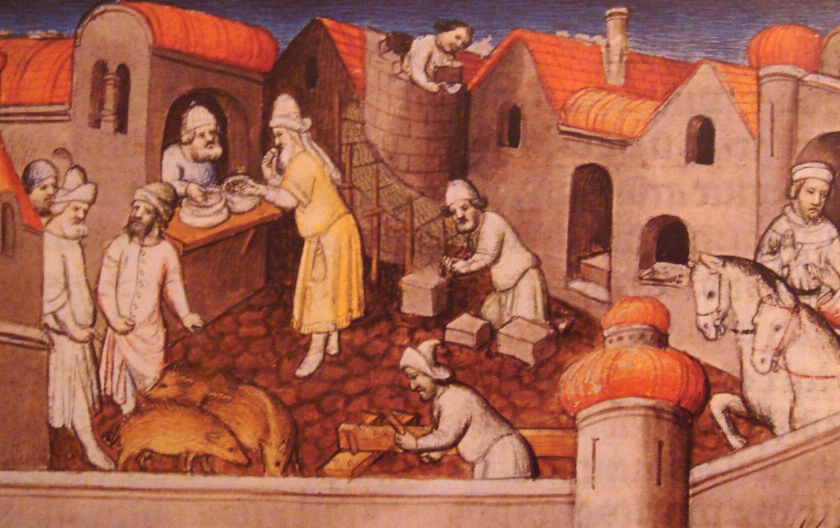 Mazarine Master, Wikimedia Commons
Mazarine Master, Wikimedia Commons
He Was Shocked By Asian Marriage Customs
Marco learned of an unusual marriage custom that existed in parts of Asia at the time. If a Mongol had a male child who died in infancy, and another couple had a female child who had also died in infancy, the two couples would arrange a marriage ceremony for the two dead children.
They would draw up a marriage contract, burn it, and then send it off in the wind to reach the children in the next life—confirming them as husband and wife in the afterlife.
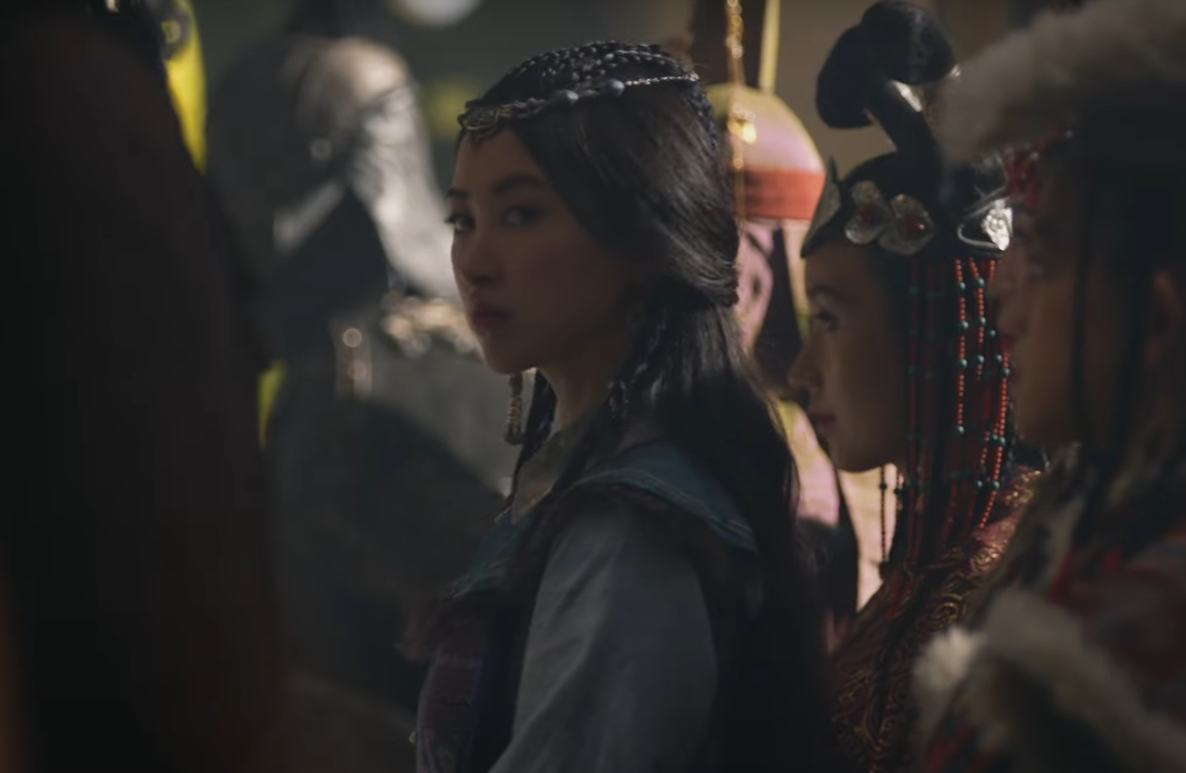 Netflix, Marco Polo (2014-2016)
Netflix, Marco Polo (2014-2016)
He Saw Paper Money For The First Time
A little less dramatic of a discovery, but equally as important, was Marco’s encounter with paper money—which was made from the bark of a mulberry tree. Kublai Khan had created paper bills for Marco to take with him on his travels instead of heavy, metal coins.
Paper money was a completely new concept that did not yet exist anywhere in Europe. And with paper money came something else that amazed Marco.
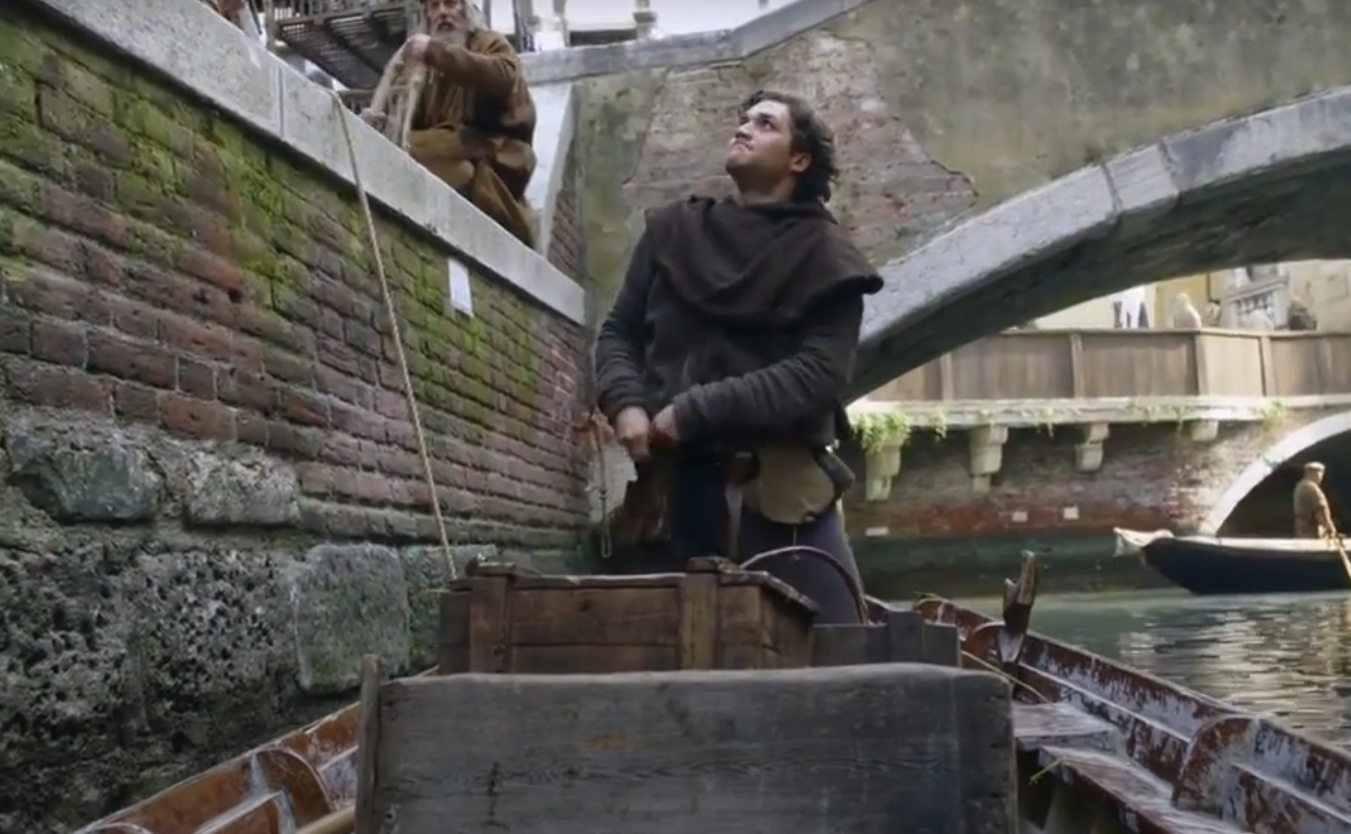 Netflix, Marco Polo (2014-2016)
Netflix, Marco Polo (2014-2016)
He Met “Runners”
Asia had an impressive postal service in place that made communication across vast lands incredibly faster and easier. Kublai had employed 300-400 people to travel by horse, delivering written messages, as well as people called “runners” who would run from one post to another, passing messages along a chain of other runners.
Even better, in the warmer seasons, these messengers delivered fruit all across Asia.
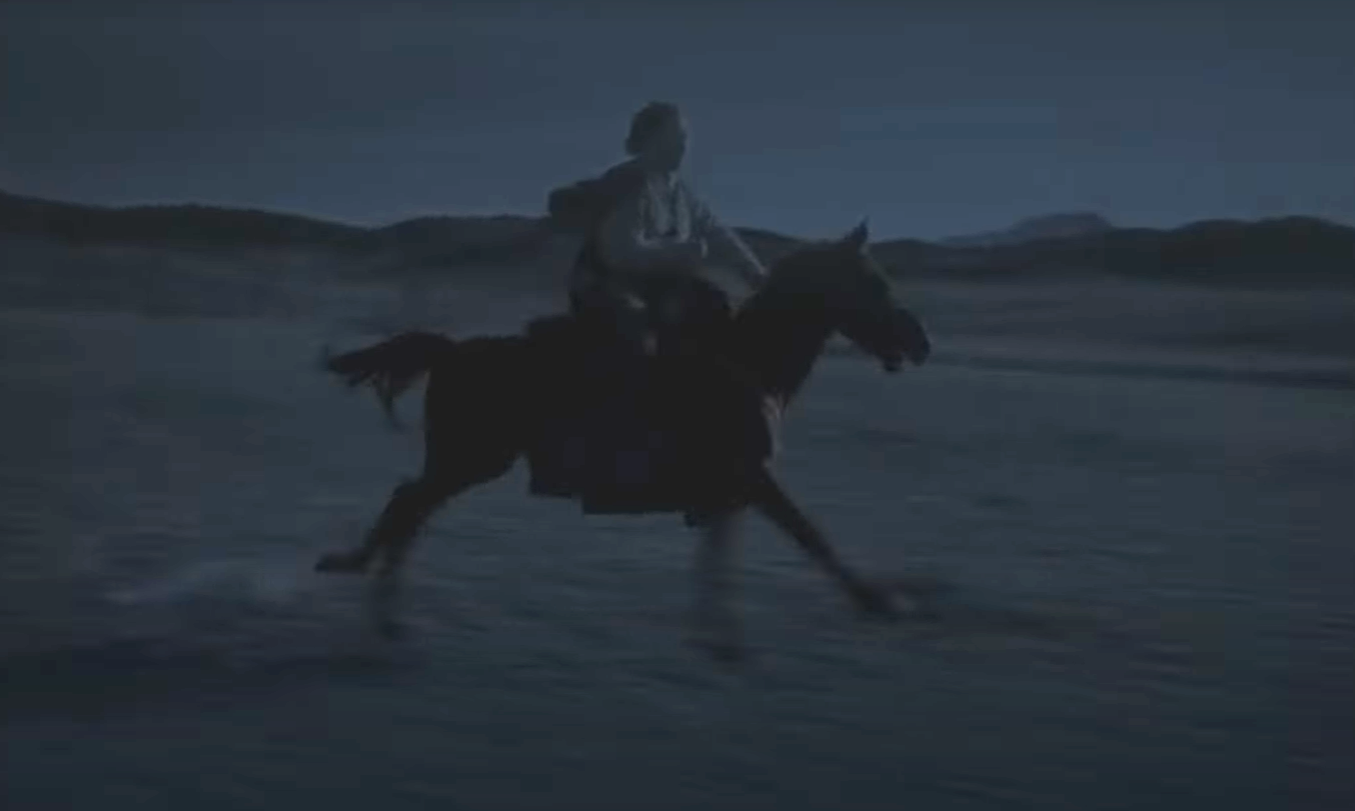 Netflix, Marco Polo (2014-2016)
Netflix, Marco Polo (2014-2016)
He Had An Unusual Job
The best part was, Asia may have been an absolute wonder to Marco Polo, but Europe had the same effect for Kublai Khan. Instead of traveling himself, he lived vicariously through Marco—who had one particularly important (and unusual) job in Kublai’s kingdom.
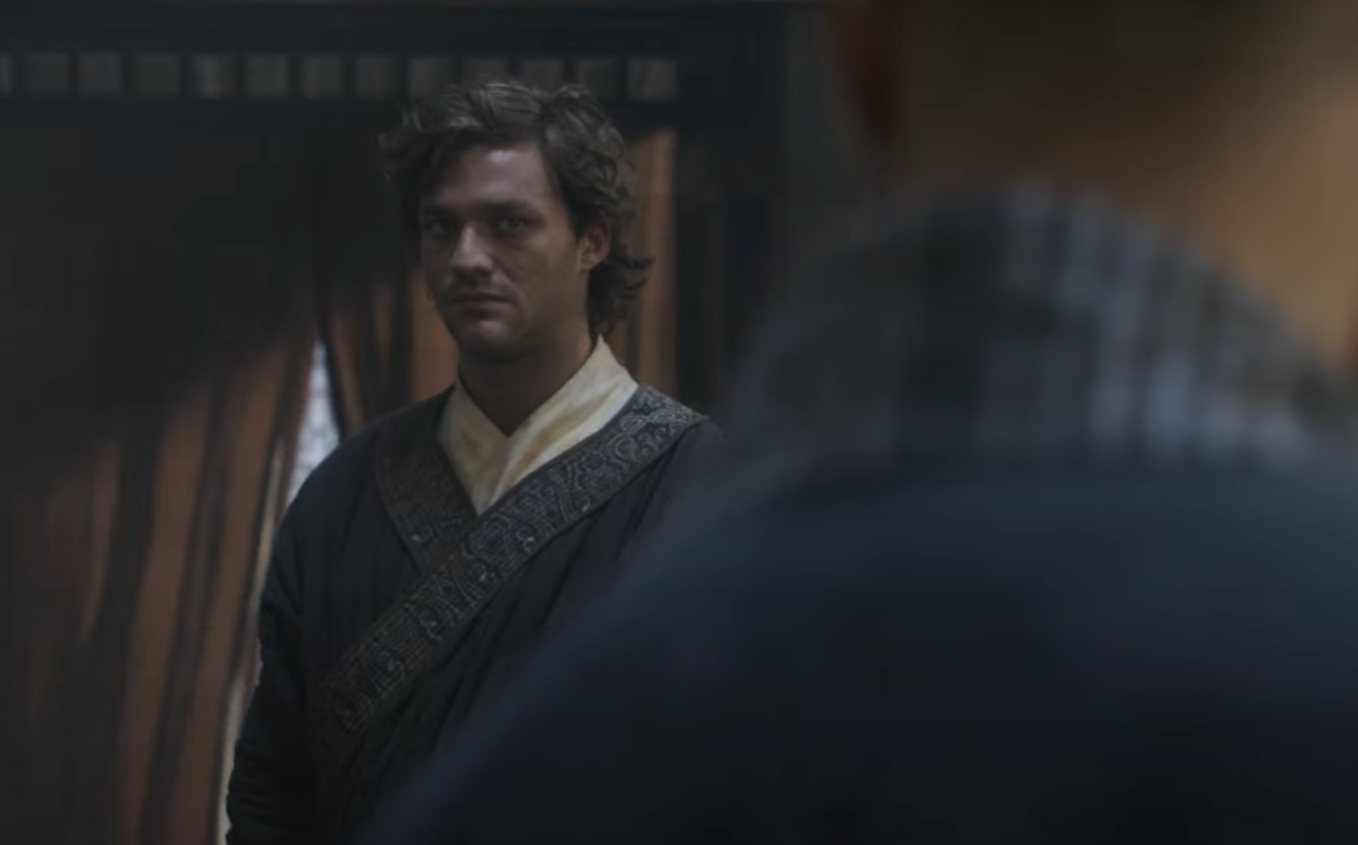 Netflix, Marco Polo (2014-2016)
Netflix, Marco Polo (2014-2016)
He Entertained His Leader
Marco’s job didn’t stop at the door. Inside the walls of Kublai’s kingdom, Marco was tasked with entertaining the emperor with interesting stories and observations about the lands he traveled—as well as the lands he came from.
This was part of the “ownership” thing the two had going on. Marco was awarded with unmatched opportunities, but he did have to work for them—regardless of how awkward the job may be.
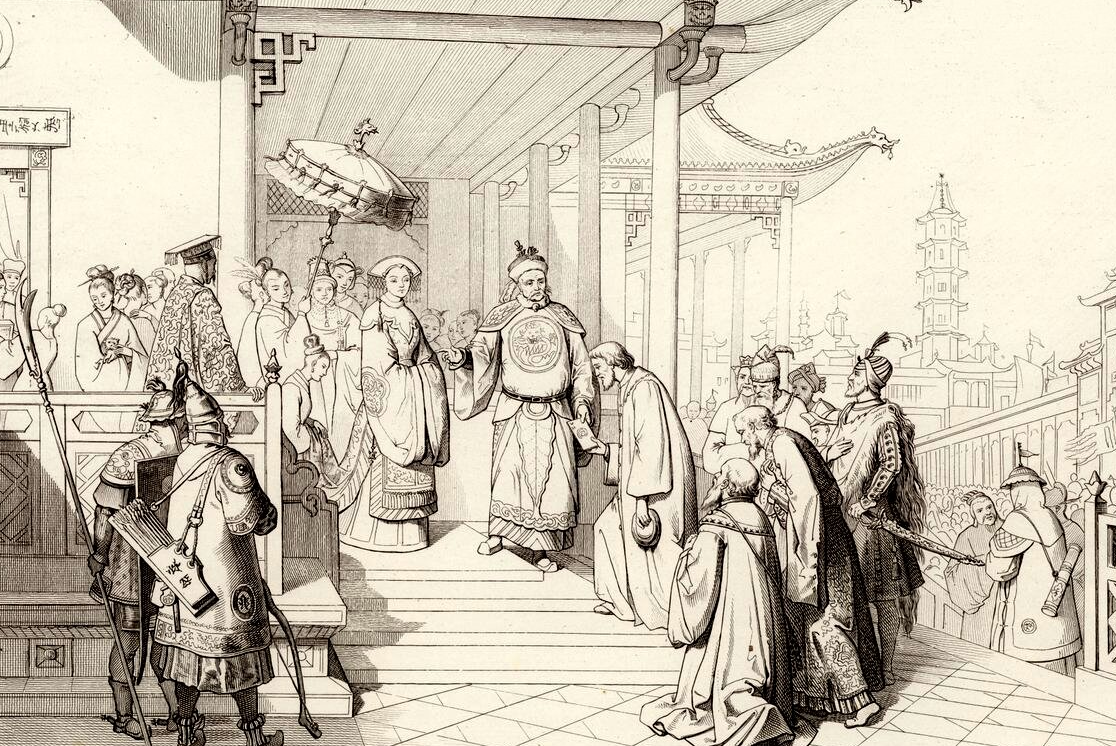 Giuseppe Lorenzo Gatteri and Francesco Zanotto, Wikimedia Commons
Giuseppe Lorenzo Gatteri and Francesco Zanotto, Wikimedia Commons
He Was Always Thinking
Marco spent a whopping 17 years traveling extensively in Asia and working for Kublai. He used his golden passport to acquire whatever he needed (and wanted) with no questions asked, as he was considered an “honored guest” of the Emperor.
As the smart man he was, Marco used this advantage to hoard away jewels and riches—and something else that would later prove to be more valuable than gold itself.
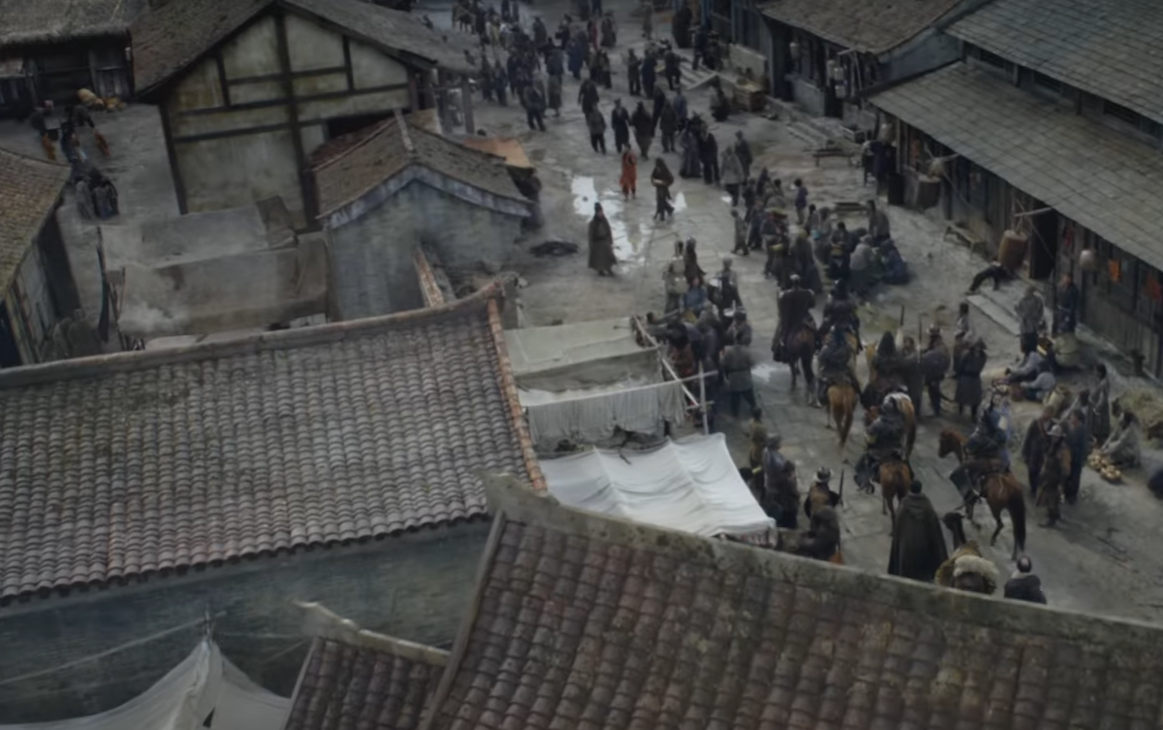 Netflix, Marco Polo (2014-2016)
Netflix, Marco Polo (2014-2016)
He Kept Detailed Notes
Not only was his job an amazing tourist opportunity, it also offered him unparalleled access to Kublai’s empire—and Marco made sure to write everything down.
As the years passed, Marco was promoted several times, giving him first-hand knowledge in things Europeans had no idea existed. At one point, he was a governor of a Chinese city, and a tax inspector.
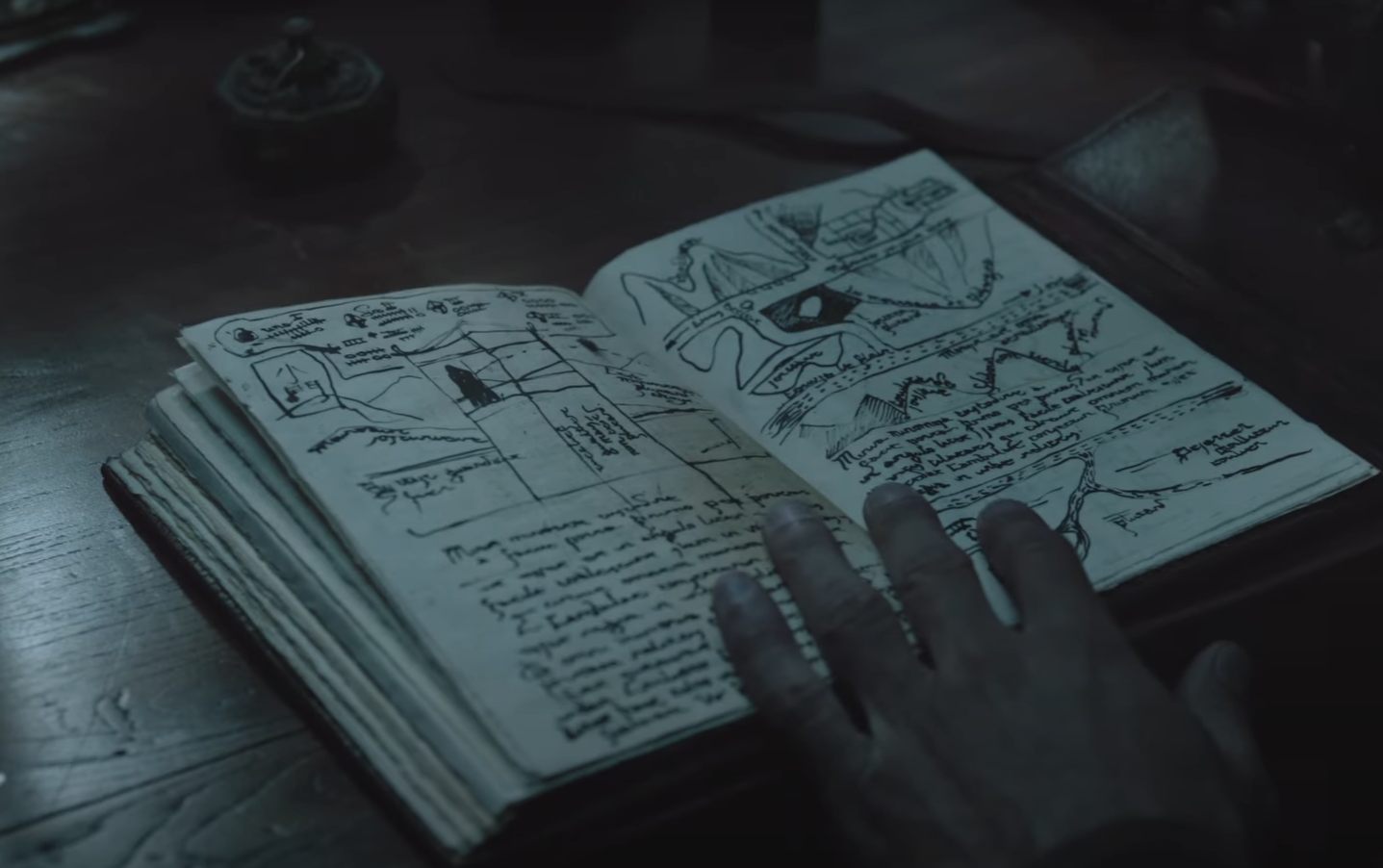 Netflix, Marco Polo (2014-2016)
Netflix, Marco Polo (2014-2016)
He Paid Attention
Marco Polo took advantage of his opportunities and marveled at China’s cultural customs, great wealth, and complex social structure. He even paid close attention to the Asian architectures, calling the grand marble Xanadu “the greatest palace that ever was".
And although this made for some pretty fantastic journal entries, there was a dark reason he stuck around for so long.
He Was Not Allowed To Leave
According to Marco’s journal, he had asked Kublai several times for permission to return home to Europe, but the Great Emperor “appreciated” his presence so much that he refused to let him go. After all, he sort of “owned” him.
Basically, Marco was kept hostage in Asia. But, much like his father, Marco became good at spotting opportunities, and eventually, one came his way.
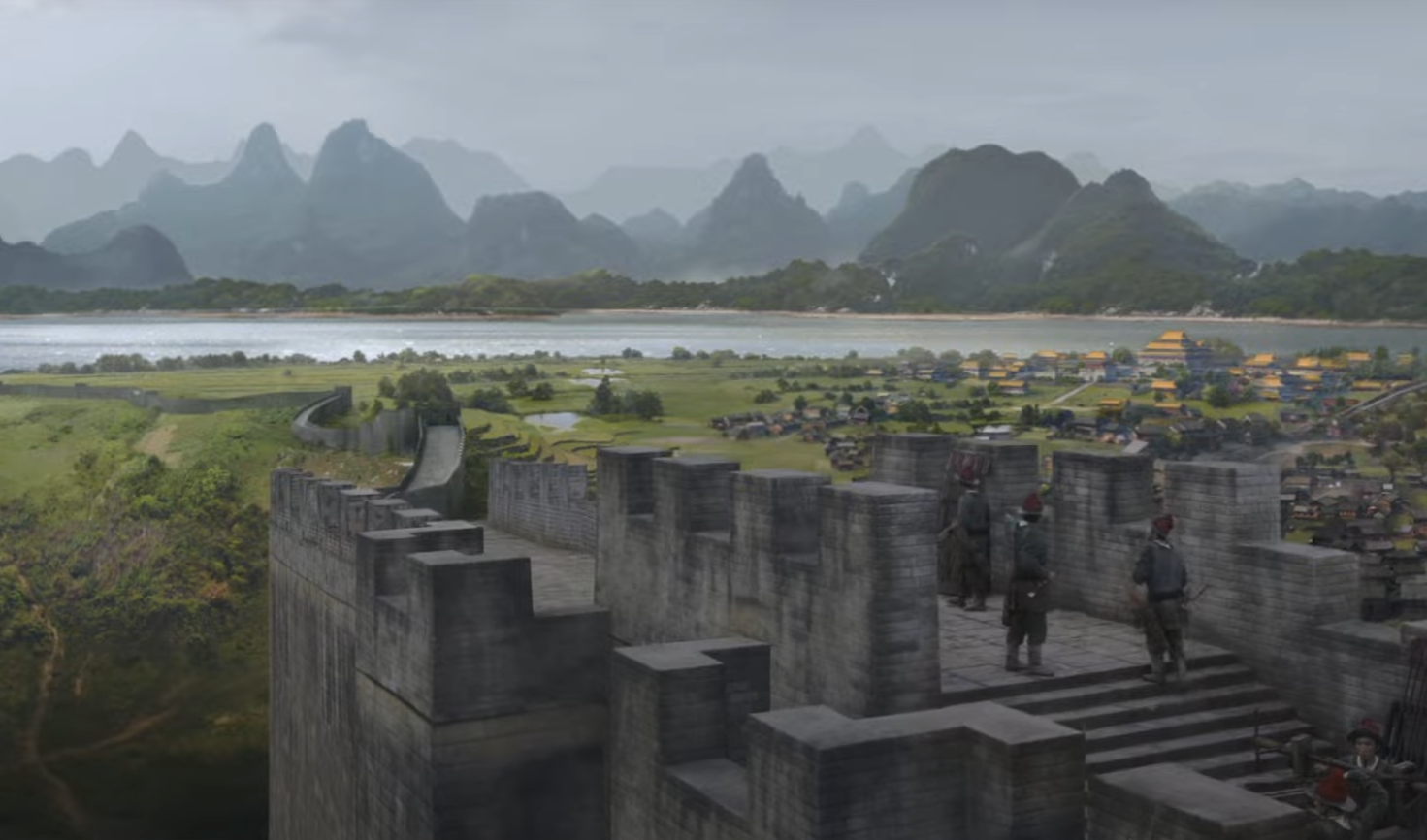 Netflix, Marco Polo (2014-2016)
Netflix, Marco Polo (2014-2016)
He Did Everything For A Reason
While Marco was working for Kublai, his father and uncle were also given trust and protection that allowed them to move freely within the borders of the Mongol Empire. Marco saw little of his father during this time, but this didn’t bother him. He was busy making a name for himself, acquiring a lot of jewels and gold in the process—and building a rapport with one of the world’s greatest leaders.
And finally, that rapport paid off.
 Netflix, Marco Polo (2014-2016)
Netflix, Marco Polo (2014-2016)
He Saw An Opportunity
It was now 1291, and the Mongol princess Kököchin was arranged to be married to a prince over in Persia. This lengthy and dangerous trip required a skilled and brave escort—and Marco knew just the person… himself.
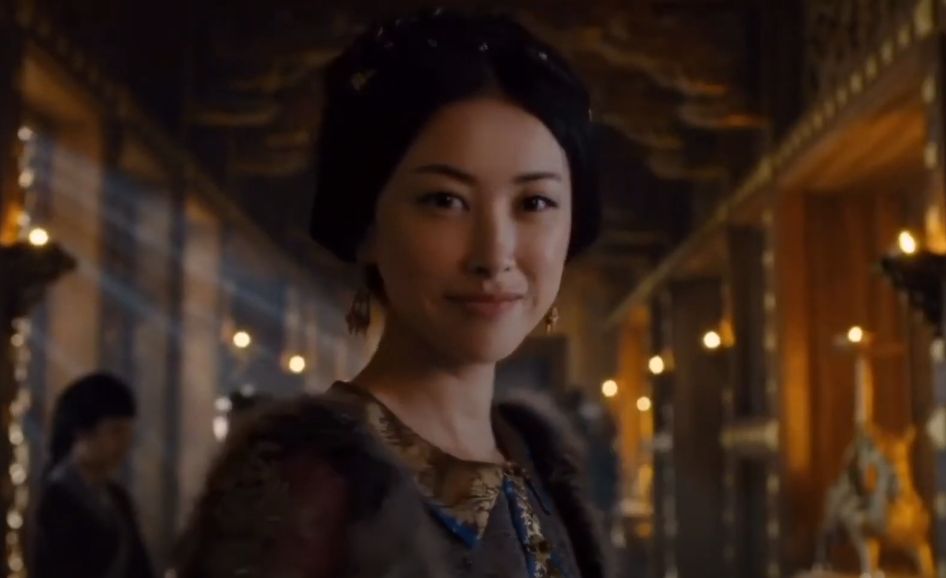 Netflix, Marco Polo (2014-2016)
Netflix, Marco Polo (2014-2016)
He Took On His Last Duty
This was Marco Polo’s chance to get out of Asia and out from under Kublai Khan’s control. Getting permission was easier than he thought, too. He asked, and Kublai agreed.
The Emperor entrusted Marco with this as his last duty, finally freeing his precious European prize—and, somehow, Niccolo and Maffeo managed to join him.
 Netflix, Marco Polo (2014-2016)
Netflix, Marco Polo (2014-2016)
He Barely Made It Through Alive
The Polo trio, together once again, traveled by sea, delivering the princess to her soon-to-be husband. Actually, the groom had perished before they got there, so she unknowingly had a new man waiting for her.
The two-year voyage was a perilous one, though—and they barely made it through alive.
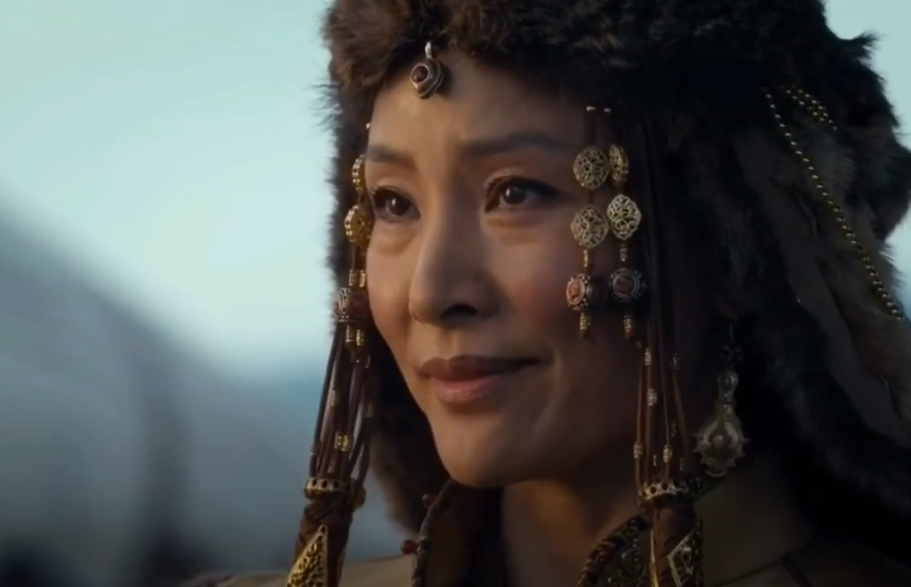 Netflix, Marco Polo (2014-2016)
Netflix, Marco Polo (2014-2016)
He Watched His Fellow Mates Perish
The Polos accompanied a fleet of 14 ships sent from Kublai to protect the princess. The party sailed from eastern China to the coast of Persia. Then they went overland through Persia and Turkey—and the entire time, they were hit with various challenges, sending men to their demise left, right, and center.
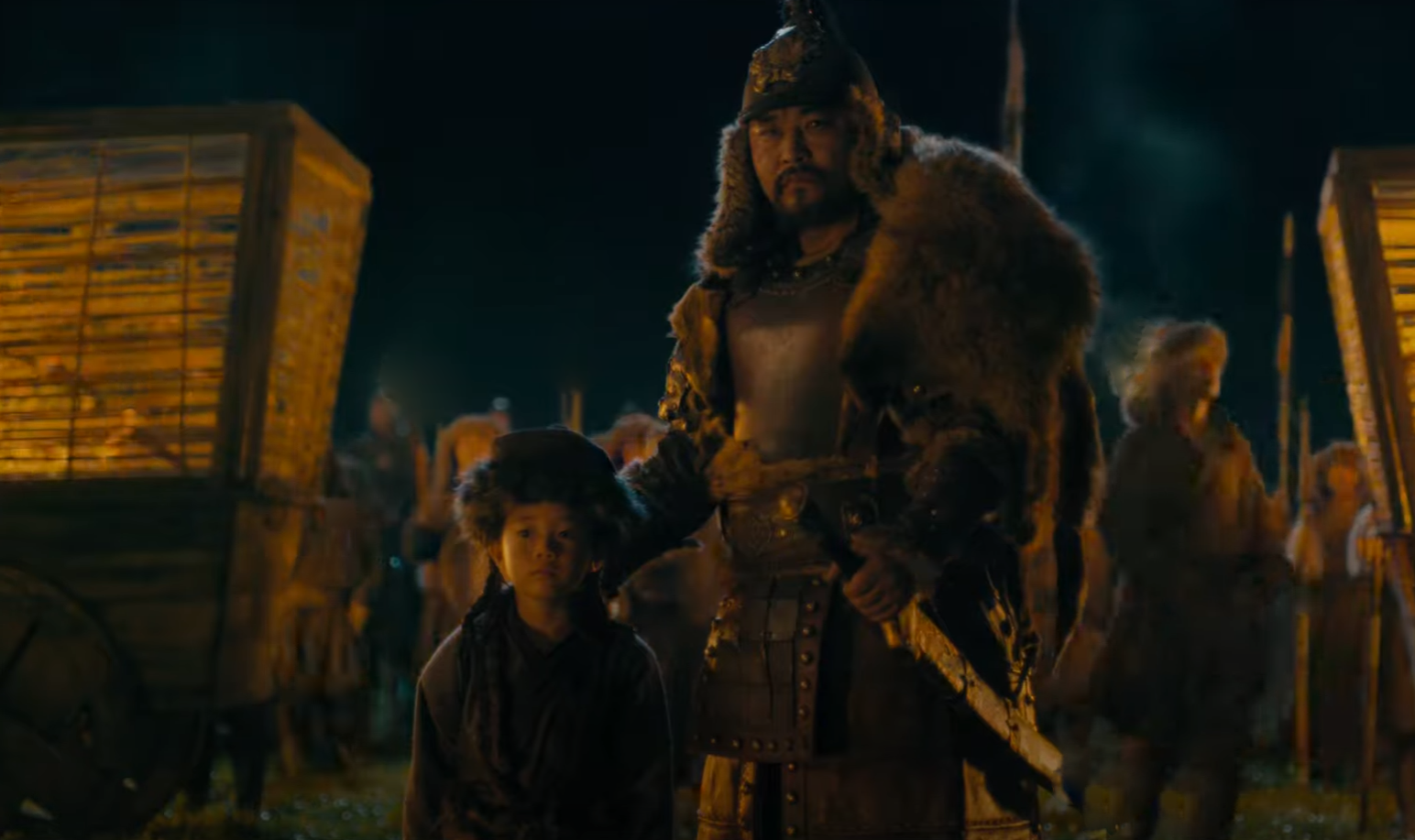 Netflix, Marco Polo (2014-2016)
Netflix, Marco Polo (2014-2016)
He Persevered
The men fought their way through hostile battles, treacherous weather, and unsuspecting disease. Of the 600 people in the convoy, only 18 of them survived to the end—including all three Polos, and of course, the princess.
Thankfully, the Polo trio were successful once more, and the Mongol princess arrived safely in her new home.
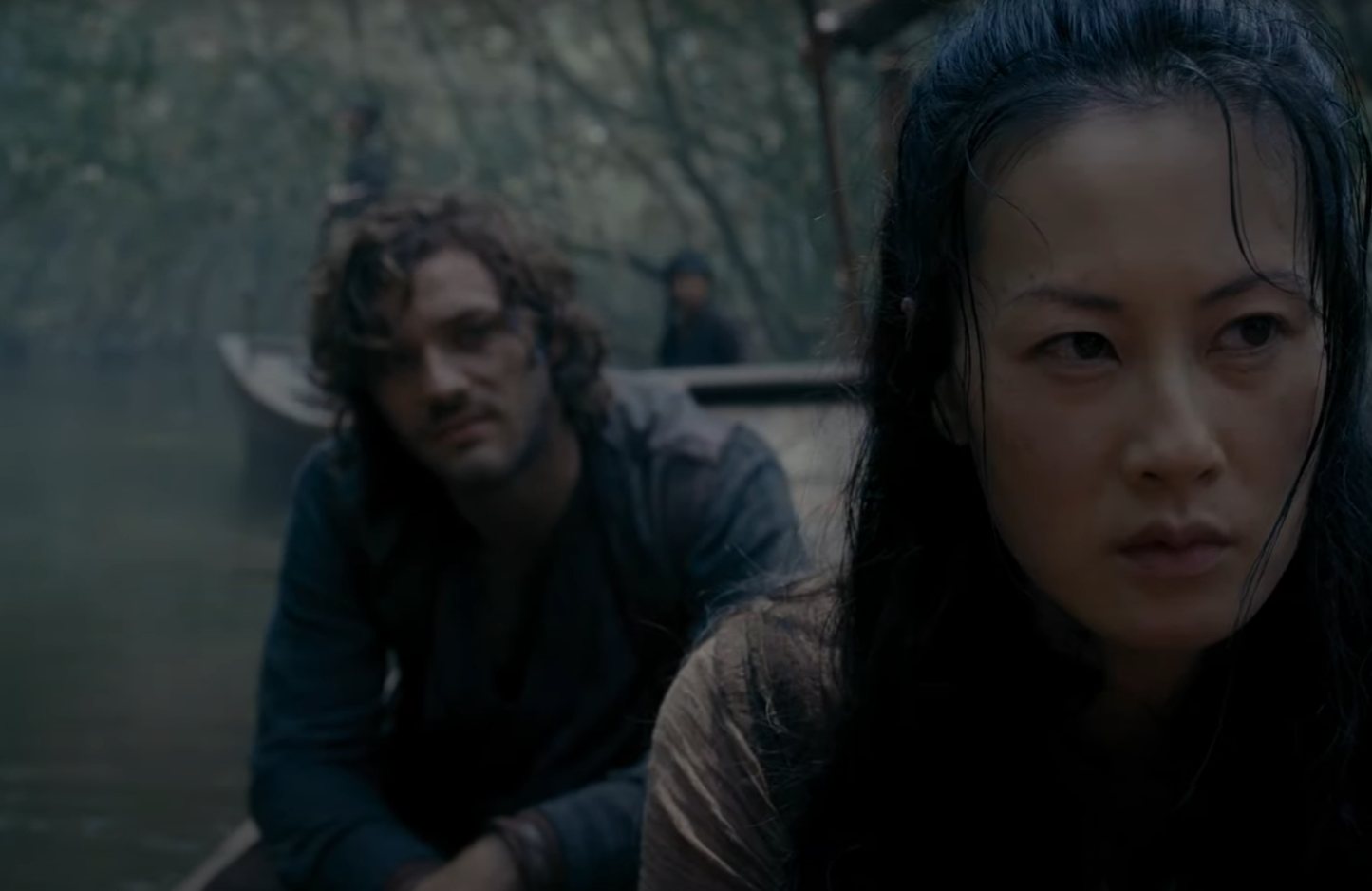 Netflix, Marco Polo (2014-2016)
Netflix, Marco Polo (2014-2016)
He Got Tragic News
Awkwardly enough, the princess was required to marry her late fiancé’s son—her almost step-son. The Polos stuck around for the wedding and then left a few months later to finally make the journey home to Venice.
But shortly before they got there, they caught wind of some tragic news.
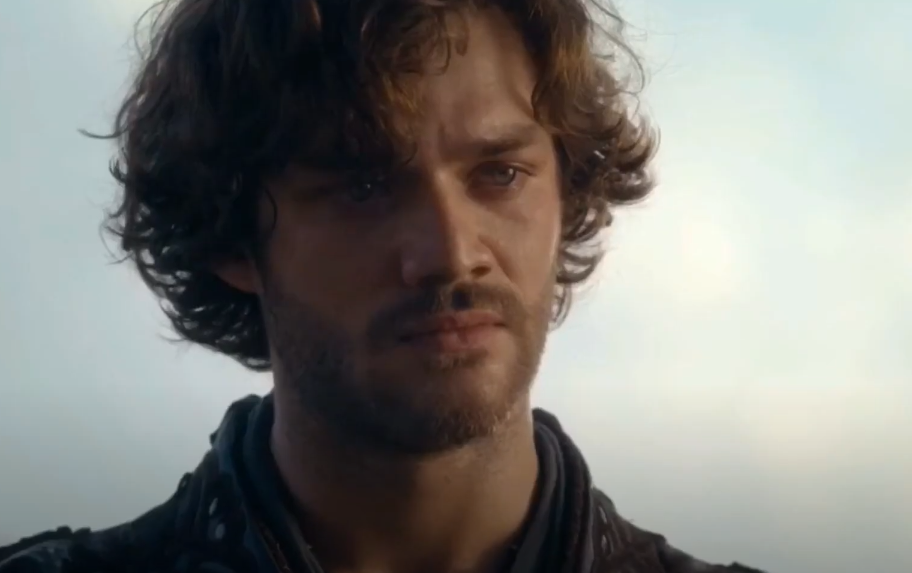 Netflix, Marco Polo (2014-2016)
Netflix, Marco Polo (2014-2016)
His Old Friend Was Suffering
Back in China, their old friend Kublai Khan hit a rough patch. Not only was his precious Marco gone, his favorite wife died (he had a few), and then his chosen heir perished as well—whom he recently insulted during one of his tantrums. To top it all off, his recent military campaigns were complete failures.
Kublai was filled with regret and he handled his heartbreak in a very dark and destructive way.
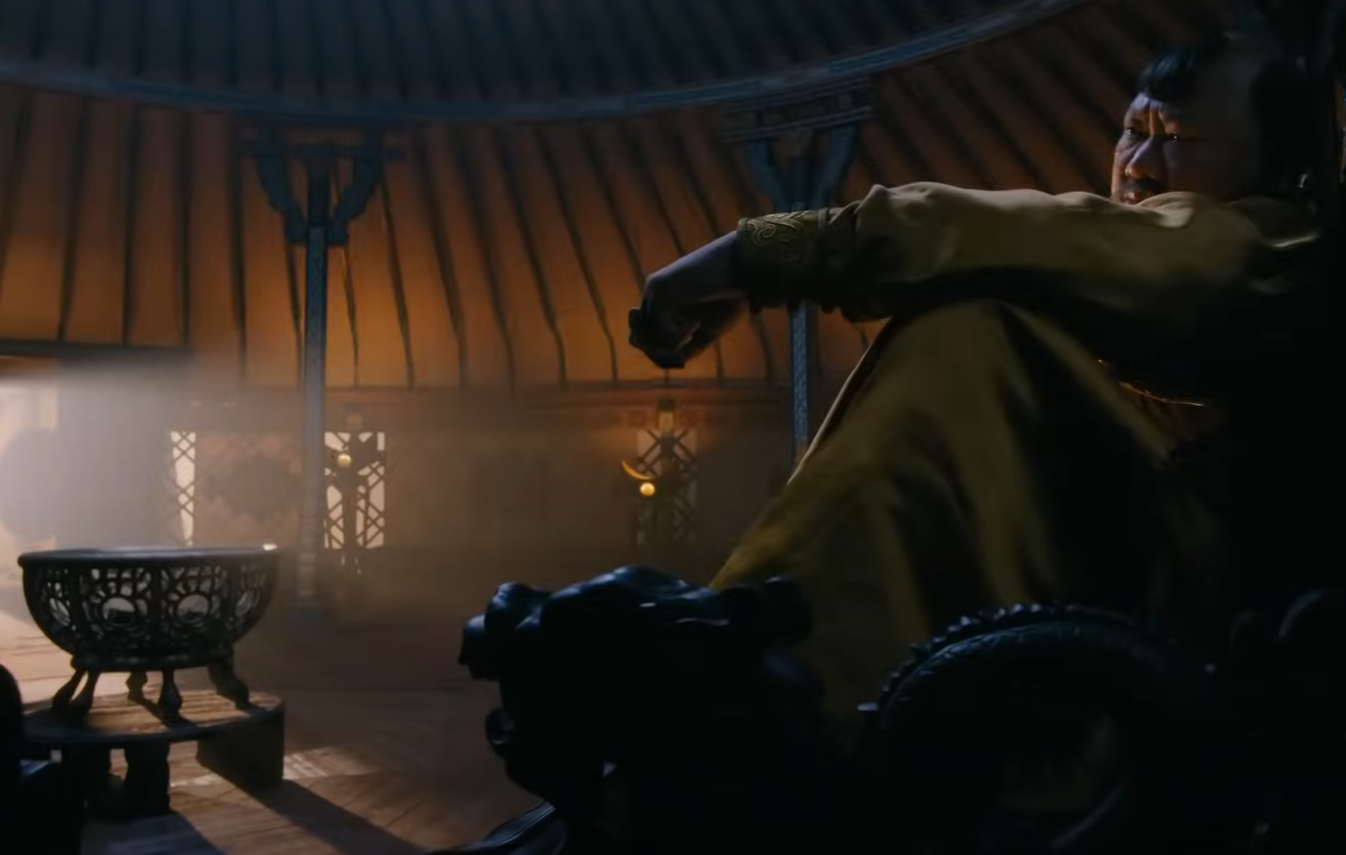 Netflix, Marco Polo (2014-2016)
Netflix, Marco Polo (2014-2016)
He Left Just In Time
Kublai turned to food and drink for comfort, becoming grossly overweight and unhealthy. His health continued to worsen and he eventually suffered from gout, diabetes, and severe depression.
He tried every medical treatment available, from Korean shamans to Vietnamese doctors, remedies and medicines, but nothing reversed the damage he did to his own body.
It appears Marco got out just in time.
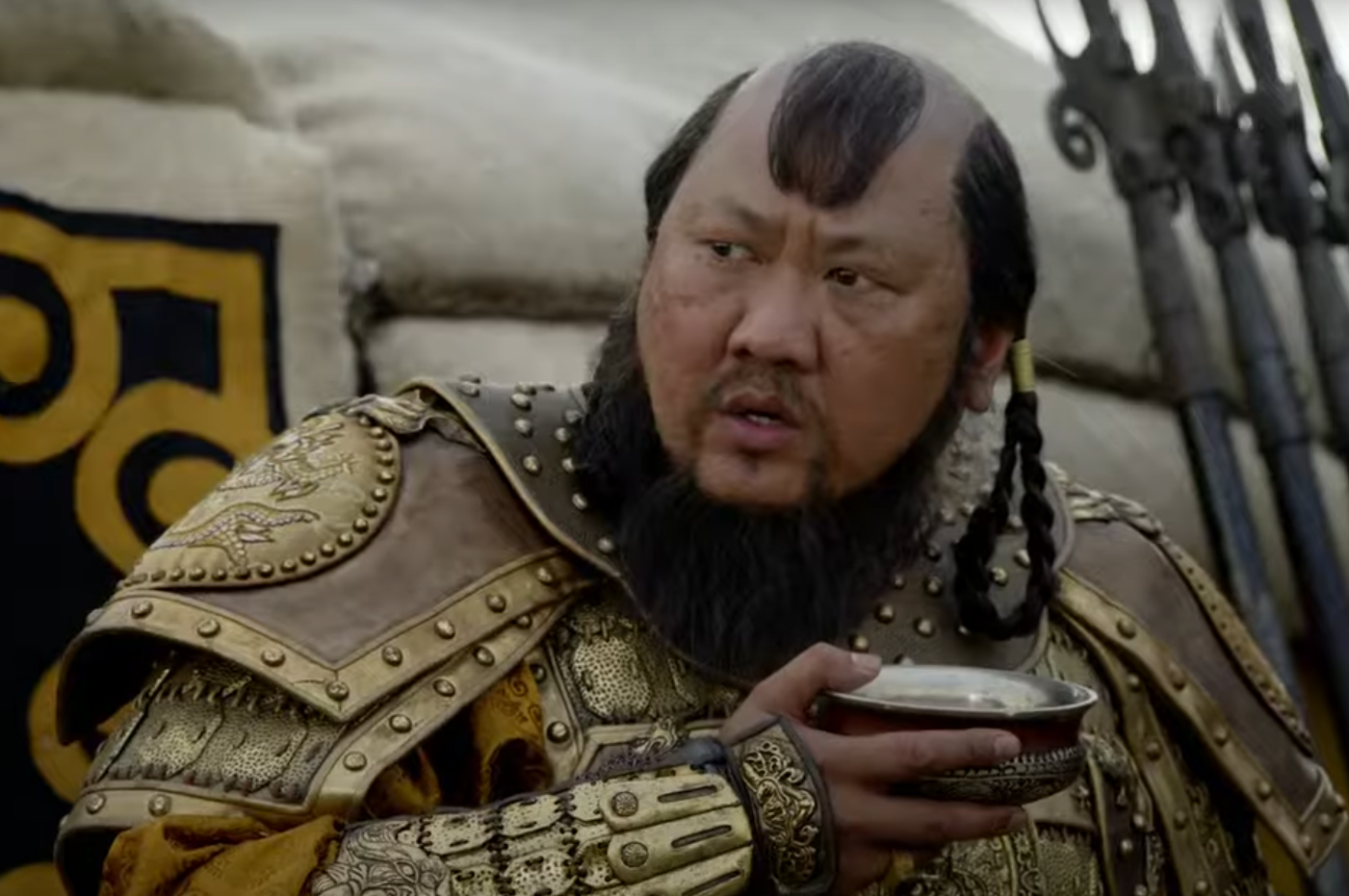 Netflix, Marco Polo (2014-2016)
Netflix, Marco Polo (2014-2016)
He Paid His Respects
In February of 1294, Kublai Khan passed away at the age of 78. Marco Polo’s relationship with Kublai, as we know, was hot and cold. Technically, the Emperor had kept him hostage for nearly two decades. But in doing so, Marco was given an array of opportunities that greatly contributed to who he was now, and what the world would later learn from him.
Marco took a moment to honor Kublai’s life, and after another journal entry or two, he carried on with only one goal in mind—home.
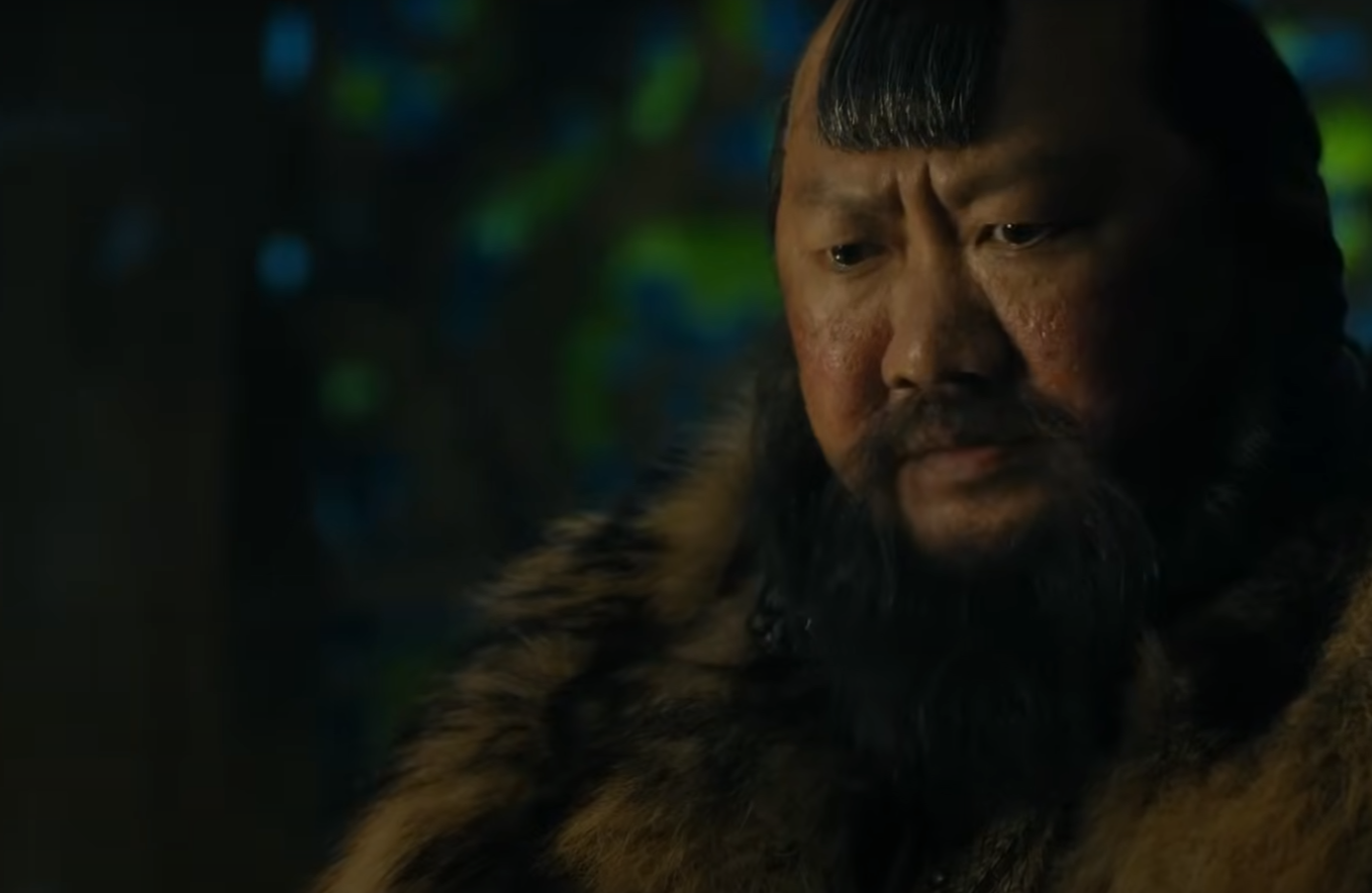 Netflix, Marco Polo (2014-2016)
Netflix, Marco Polo (2014-2016)
He Was Finally Home
Finally, in 1925, after 24 years away, the Polo men were home. They brought many riches and treasures with them, and had their fortune converted into valuable gemstones. And while this was exciting, their treacherous journey wasn’t over just yet.
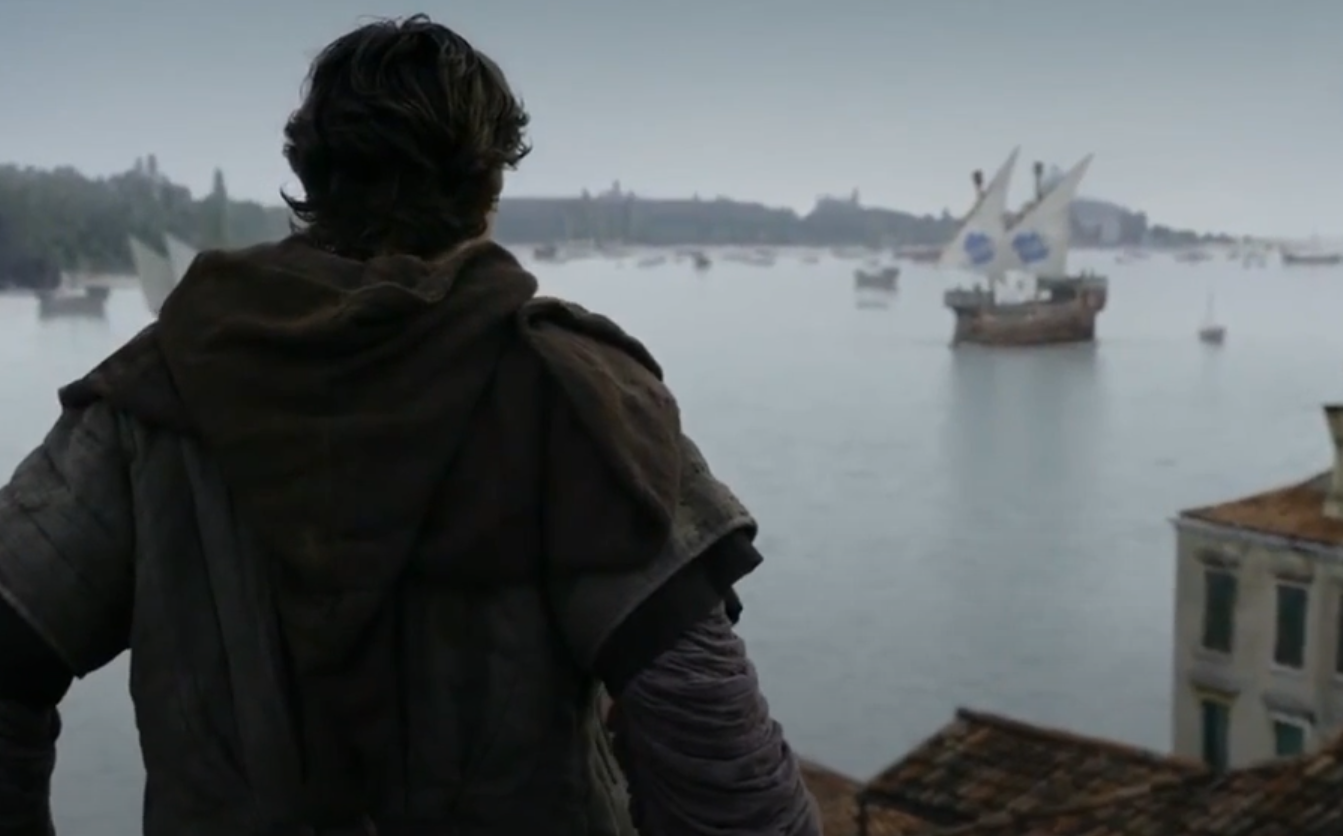 Netflix, Marco Polo (2014-2016)
Netflix, Marco Polo (2014-2016)
He Was Held Against His Will…Again
Upon their return, they discovered that Venice was now at war with Genoa. As if they hadn’t fought hard enough to stay alive for the last 20 years, they had one more battle to fight.
After essentially being held captive for 17 years, Marco joined the war effort on behalf of Venice, only to find himself held against his will once more.
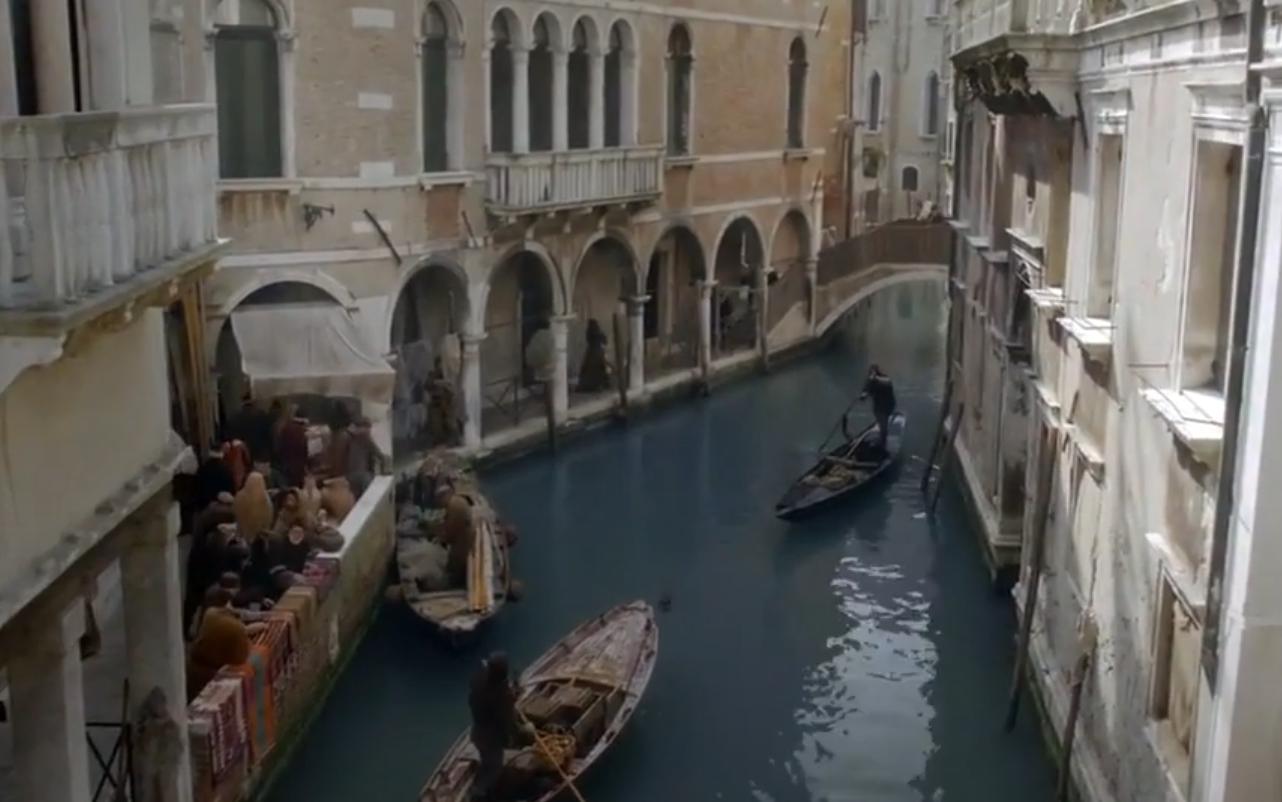 Netflix, Marco Polo (2014-2016)
Netflix, Marco Polo (2014-2016)
He Took Advantage Of His Downtime
Not long after his arrival home, Marco was captured by the Genoese and tossed behind bars. He spent several months imprisoned with a fellow inmate, Rustichello da Pisa.
Marco used his unexpected downtime to create something that would eventually blow up—in the best way possible.
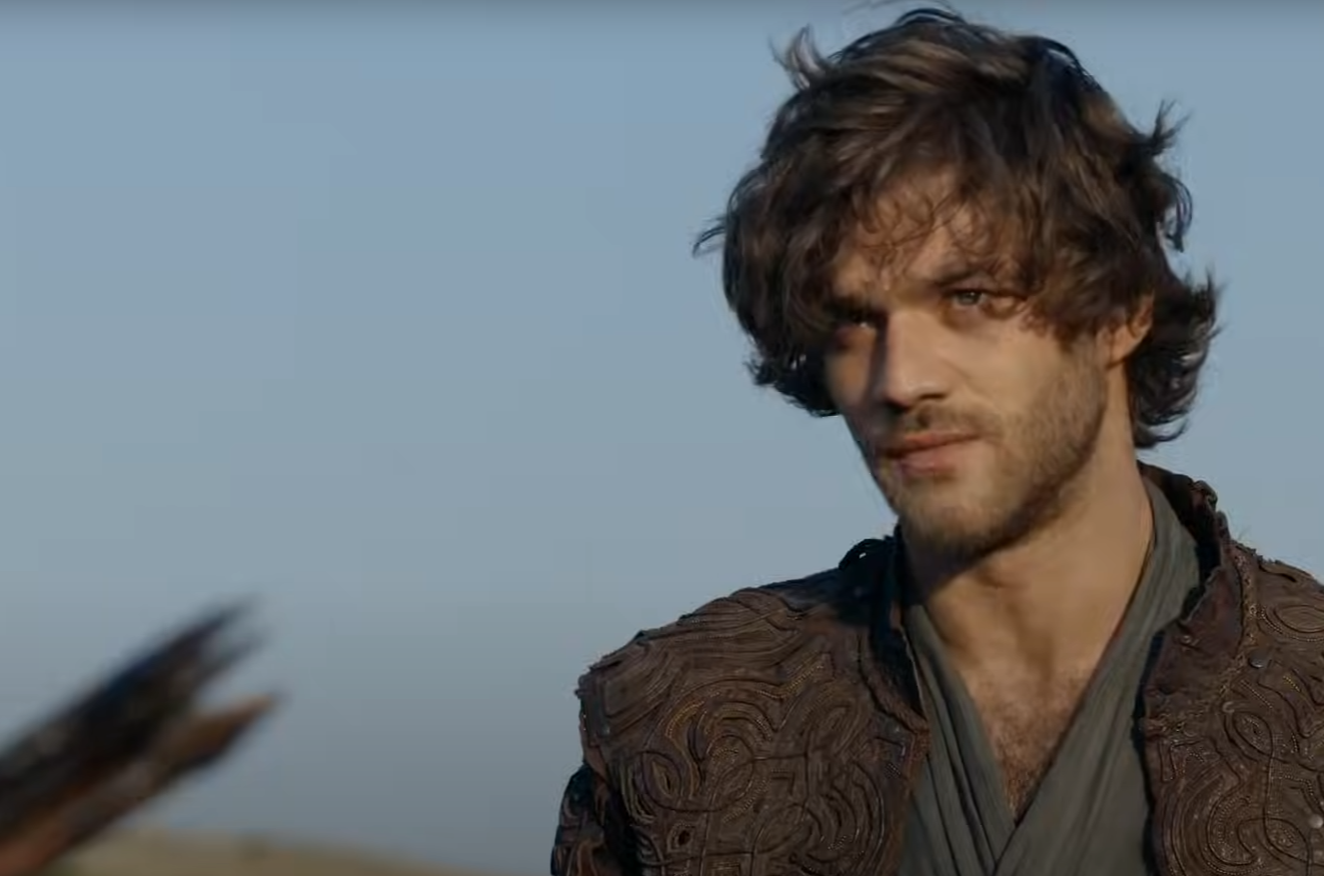 Netflix, Marco Polo (2014-2016)
Netflix, Marco Polo (2014-2016)
He Unknowingly Made A Business Partner
While Marco was imprisoned, he and Rustichello used their time to write a book detailing their travels. Marco dictated and Rustichello wrote—whilst also incorporating some of his own tales, as well as collected anecdotes and current affairs from China.
The guys wrote about everything, including intriguing creatures they came across that didn’t yet exist in Europe.
He Described “Mythical” Creatures
Marco wrote about his encounters with unfamiliar animals such as elephants, monkeys, and crocodiles. He described crocodiles as “giant, sharp-clawed serpents” that could “swallow a man at one time".
Because these animals were not known to Europeans as of yet, he actually confused them with creatures from myth and legend—referring to a rhinoceros as a unicorn.
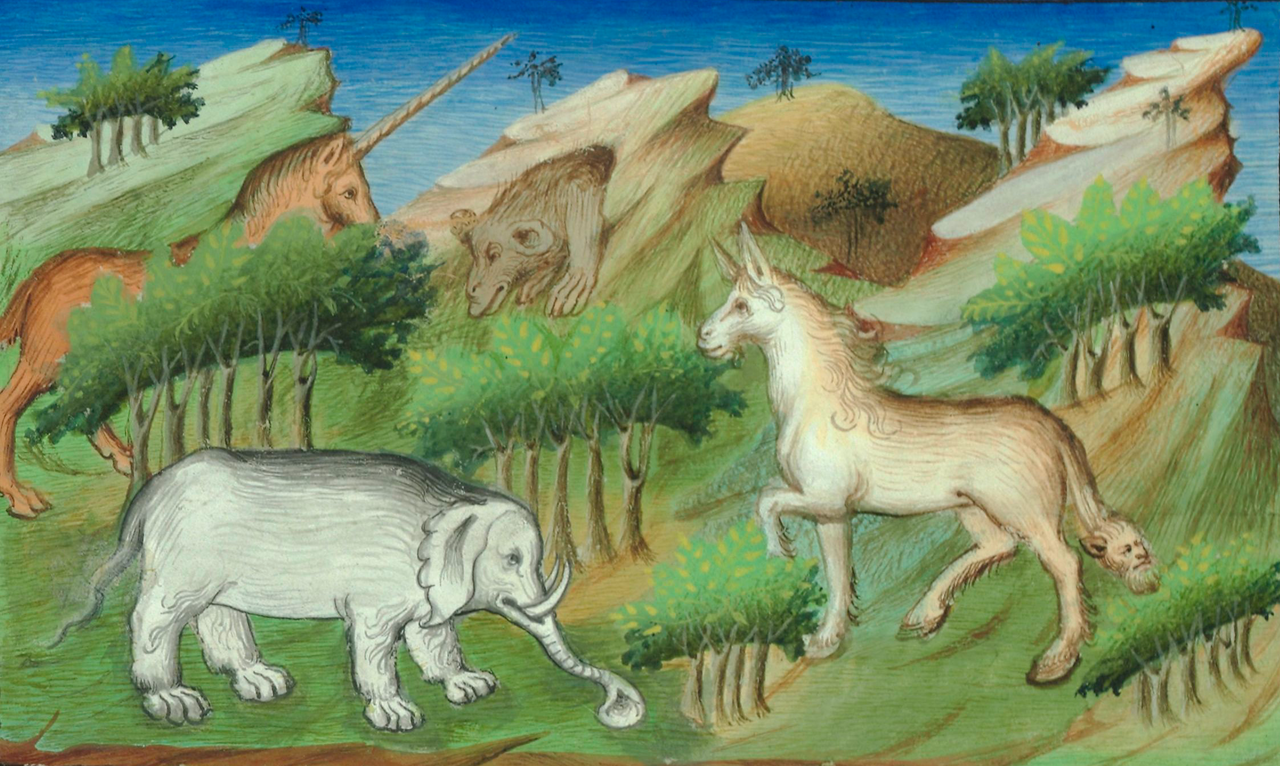 Maître d'Egerton et al, Wikimedia Commons
Maître d'Egerton et al, Wikimedia Commons
His Book Was More Popular Than He Ever Imagined
All jokes aside, word about Marco’s book soon spread throughout Europe and became known as The Travels of Marco Polo. It gave perspective to the people, and taught them things they never would have known otherwise.
Today, Marco’s book is credited for giving Europeans their first comprehensive look into the inner workings of the Far East, including China, India, and Japan.
Pretty impressive for a book that was written in a 13th-century jail cell.
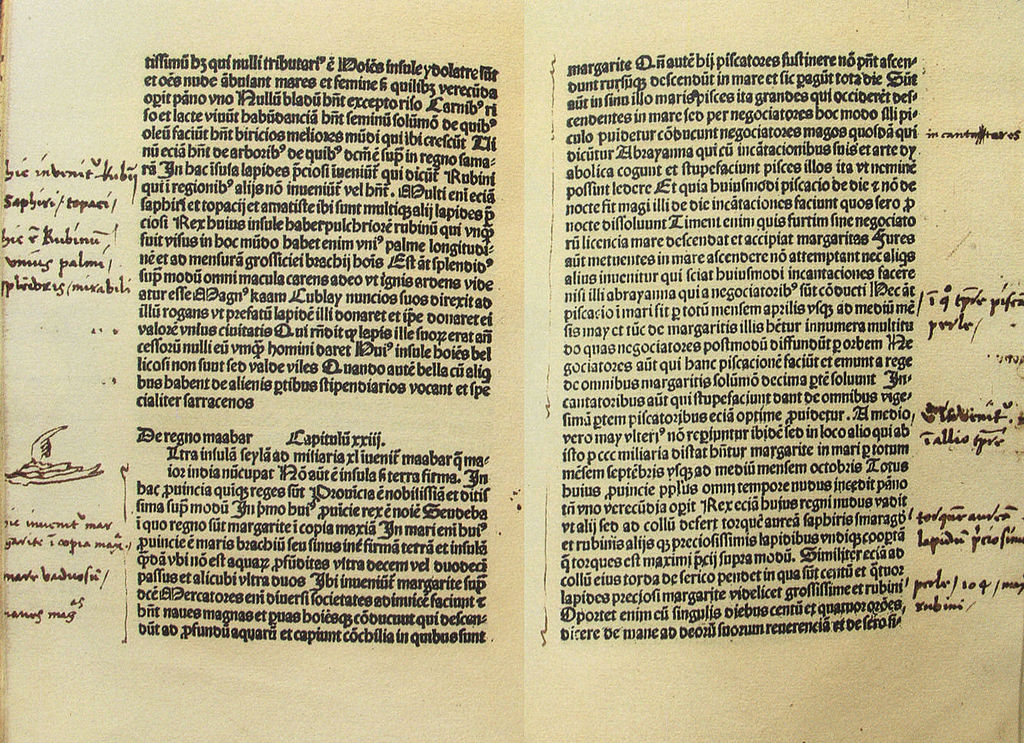 Unknown Author, Wikimedia Commons
Unknown Author, Wikimedia Commons
He Was Released
Marco Polo was finally released from captivity again in 1299, after a Genoese-Venetian peace treaty helped free prisoners. He was allowed to return home, where he reunited with his father and uncle—and discovered what they had done while he was locked up.
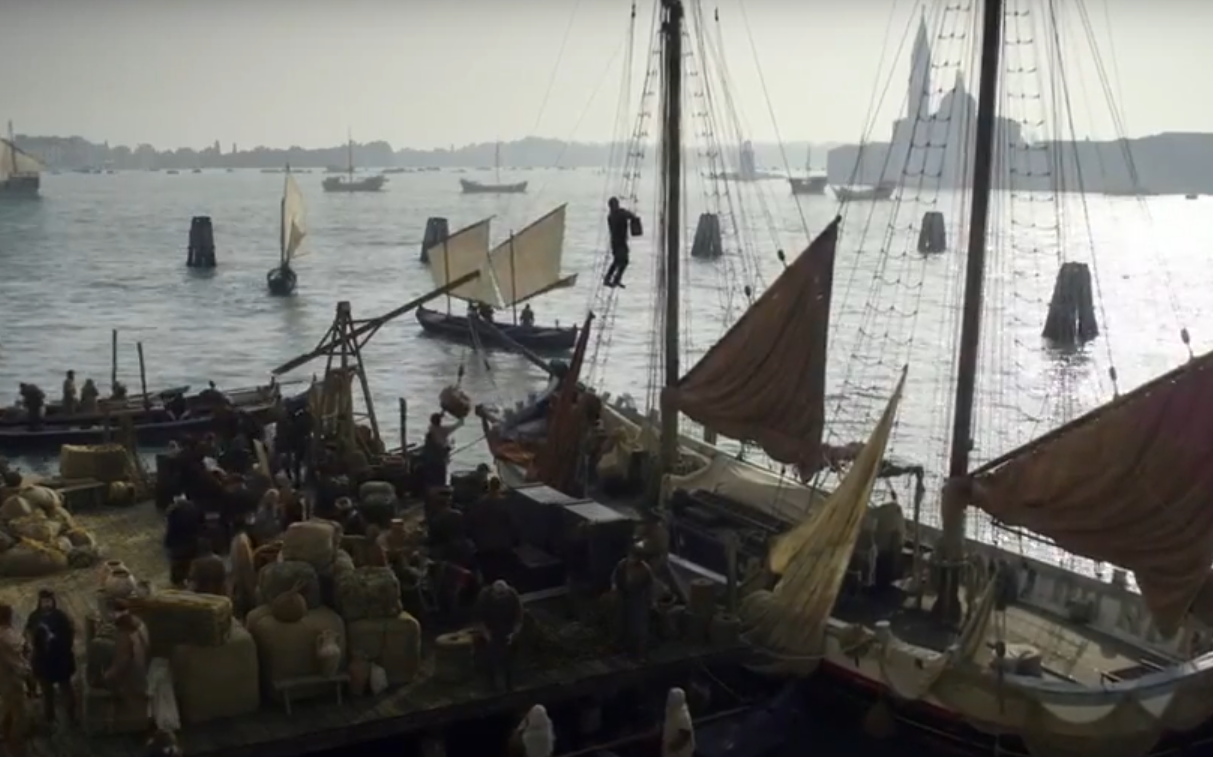 Netflix, Marco Polo (2014-2016)
Netflix, Marco Polo (2014-2016)
His Father And Uncle Were Living Big
While Marco was merely surviving, his father and uncle were thriving—converting treasure to cash and living it up. The Polo brothers purchased a massive palace to call home, adorning it with genuine gemstones they brought back from the East.
But before Marco got home, tragedy struck again.
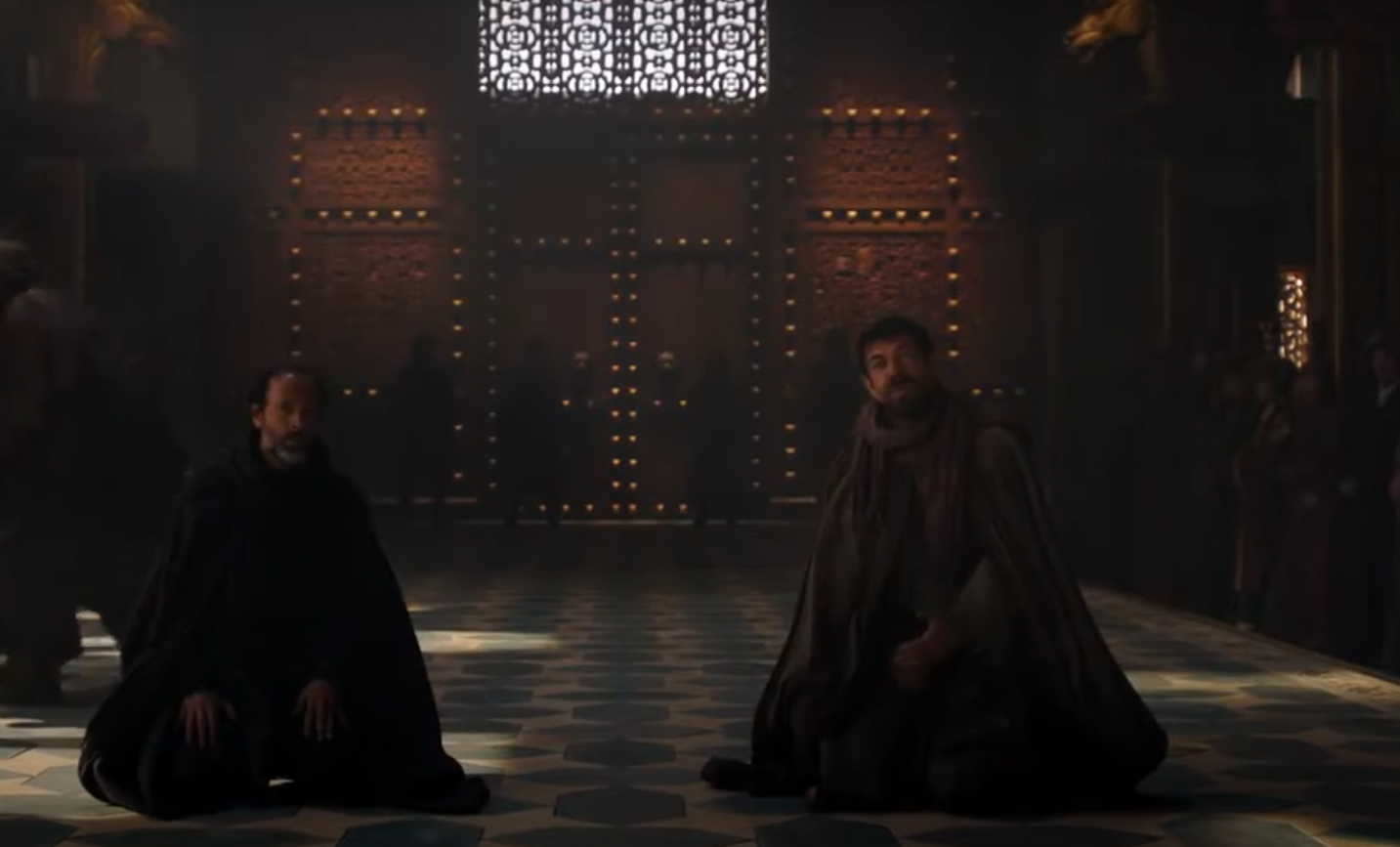 Netflix, Marco Polo (2014-2016)
Netflix, Marco Polo (2014-2016)
He Lost His Father
At some point while Marco was locked up, and after the palace was purchased, his father perished. While he did have respect for his father, as we know, the connection did not exist. He happily accepted his inheritance and he and Uncle Maffeo continued their business ventures locally, making Marco an incredibly wealthy man.
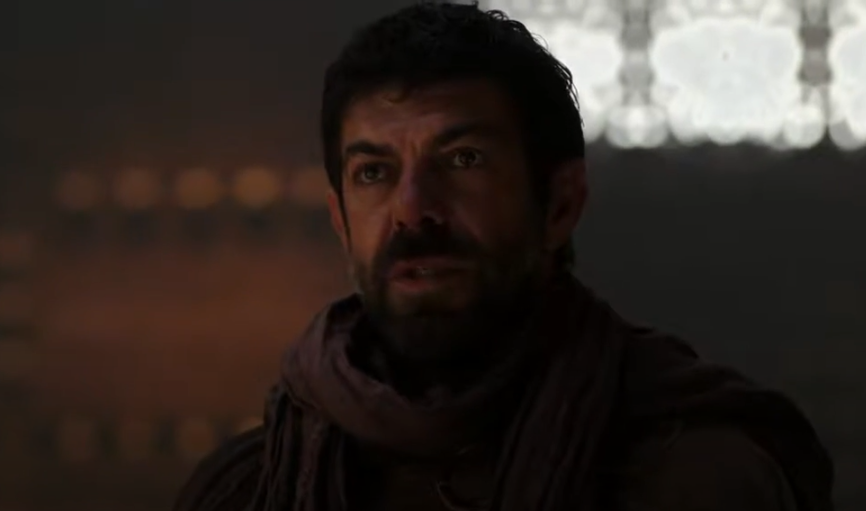 Netflix, Marco Polo (2014-2016)
Netflix, Marco Polo (2014-2016)
He Got Married
In 1300, Marco decided it was time to settle down. He married Donata Badoèr, the daughter of Vitale Badoèr, another successful merchant. The couple had three daughters together.
But Marco may have been hiding a secret from Donata.
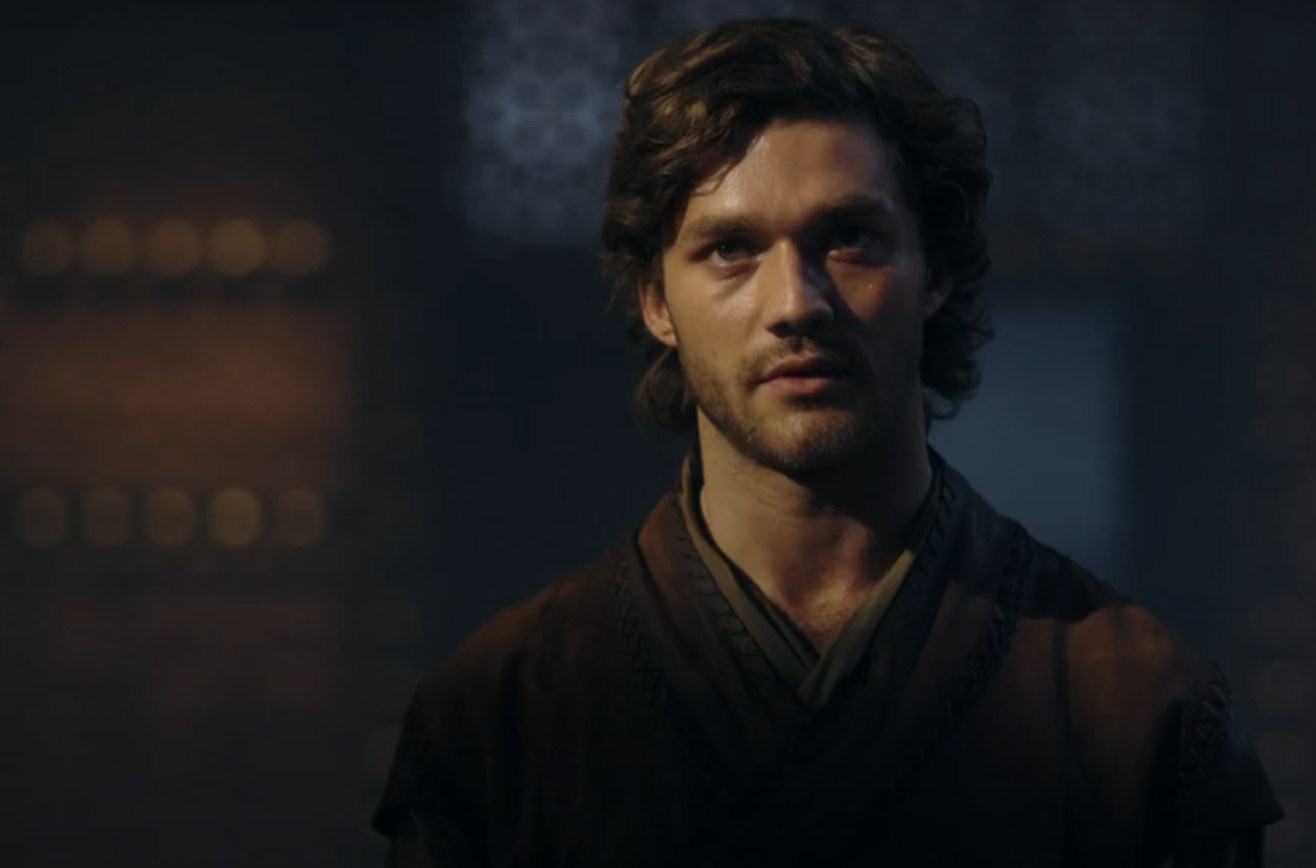 Netflix, Marco Polo (2014-2016)
Netflix, Marco Polo (2014-2016)
He May Have Had A Secret Love Child
While it is not technically proven, some sources believe Marco Polo may have had a secret fourth daughter who was the product of a casual affair that happened before his marriage to Donata.
But apparently, he was not proud of having a love child, and this may be why he skipped over this part in his journals.
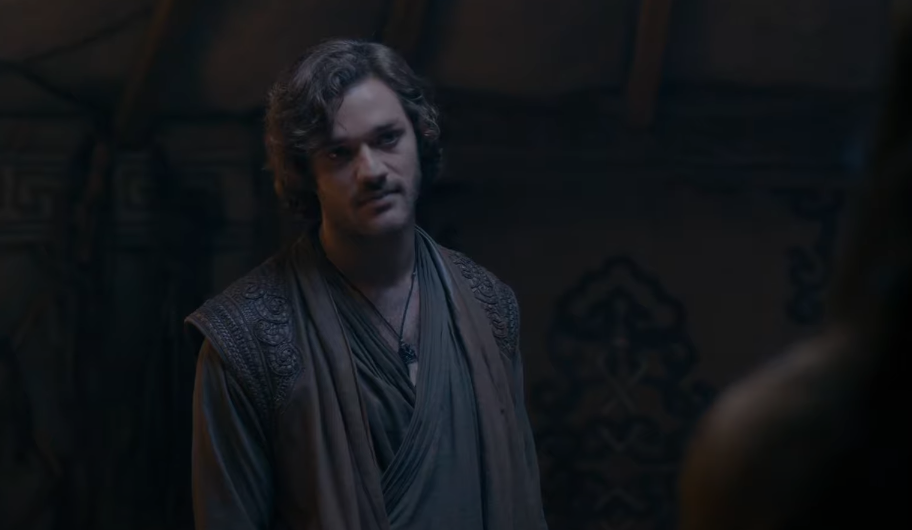 Netflix, Marco Polo (2014-2016)
Netflix, Marco Polo (2014-2016)
He Became Famous
Over the next two decades, Marco became famous for his book, which had now circulated in manuscript form, drawing attention from near and far. It didn’t take long for his legendary story to inspire a new generation of explorers, and offer the Western world an array of new information.
He invested his wealth in real estate, and amassed quite a few assets—and then one day, everything changed.
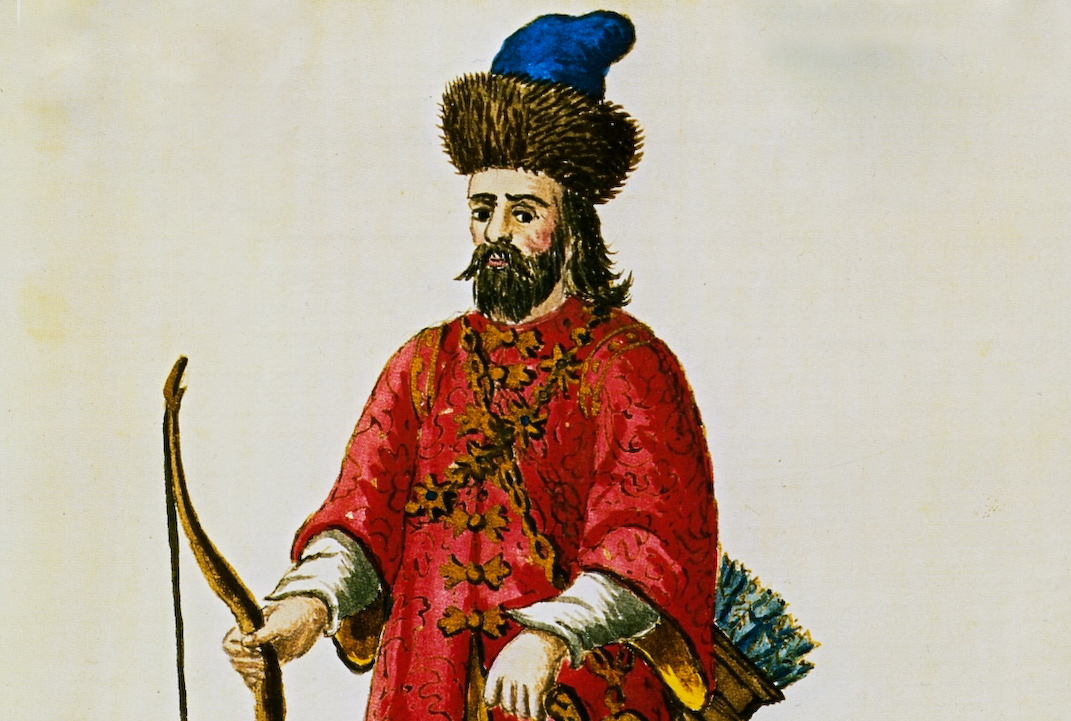 Giovanni Grevembroch, Wikimedia Commons
Giovanni Grevembroch, Wikimedia Commons
He Got Sick
In 1323, Marco got sick. And unfortunately, nothing worked to help him recover. By the end of the year, he was confined to his bed, getting weaker and weaker by the minute. By January 1324, he had reached his final days—and rather than wish him peace, the community gathered round and demanded something of Marco.
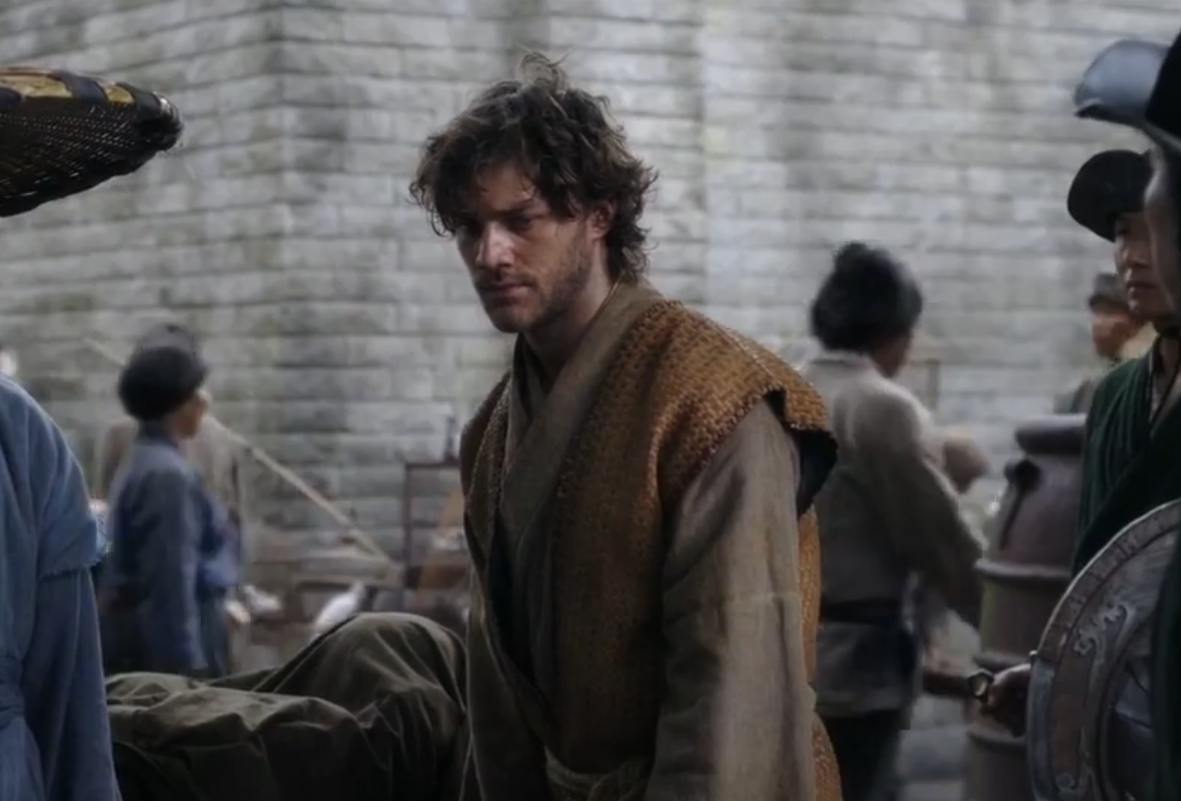 Netflix, Marco Polo (2014-2016)
Netflix, Marco Polo (2014-2016)
His Community Didn’t Believe Him
As Marco lay dying, friends and fans of his book paid him visits, urging him to admit that his book was fiction. But Marco wouldn’t relent. And with his last words, he replied, “I have not told half of what I saw".
But that’s not the only wisdom he left them with.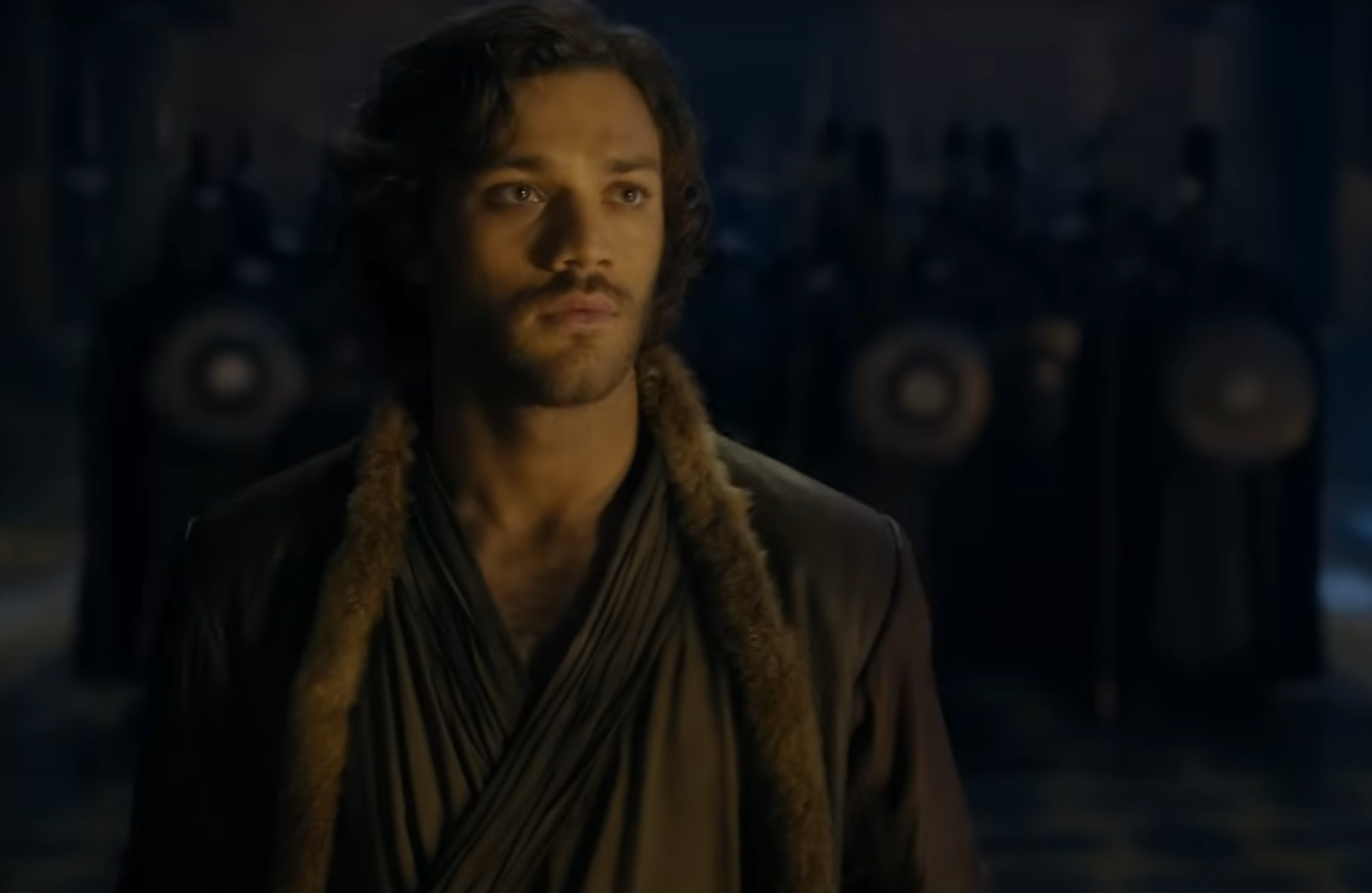 Netflix, Marco Polo (2014-2016)
Netflix, Marco Polo (2014-2016)
He Believed He Had A Purpose
When asked how he believed he managed to make it back alive, after years of hardship and adventure, Marco replied, “I believe it was God's will that we should come back, so that men might know the things that are in the world".
And he certainly lived up to his purpose.
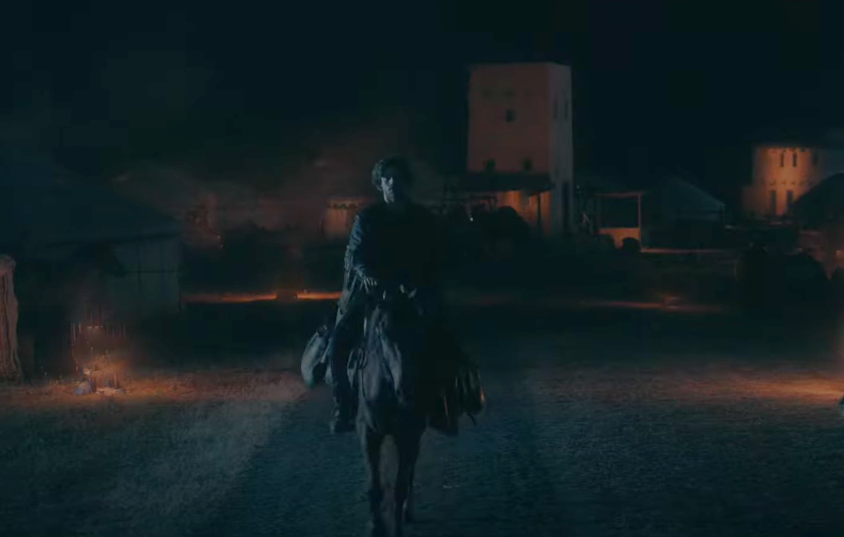 Netflix, Marco Polo (2014-2016)
Netflix, Marco Polo (2014-2016)
He Was Incredibly Generous
After dividing up his assets—giving generously to various people, religious institutions, and every guild and fraternity he belonged to—he also freed servants and wrote off multiple debts (including his sister-in-law who owed him 300 lire).
Not long after his will was finalized, Marco succumbed to his illness on January 8, 1324.
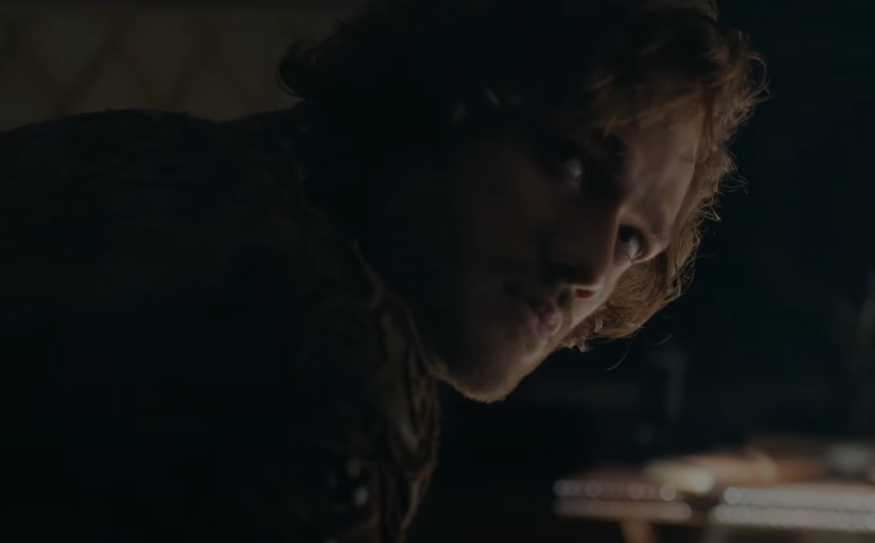 Netflix, Marco Polo (2014-2016)
Netflix, Marco Polo (2014-2016)
He Inspired Christopher Columbus
Marco Polo was incredibly detailed in his journals. Not only did his book inspire future explorers, including Christopher Columbus who brought a copy of it along on his own expeditions, it also provided Europeans with new information about China—a nation far ahead in many ways.
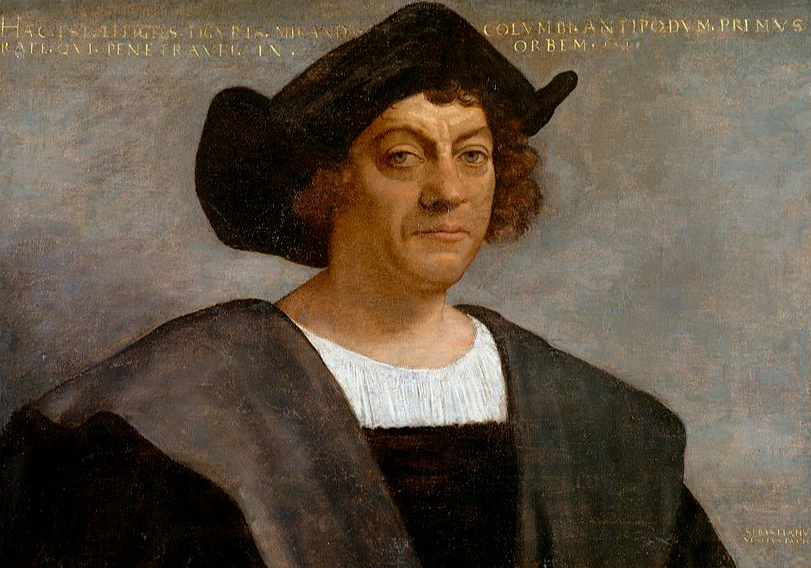 Sebastiano del Piombo, Wikimedia Commons
Sebastiano del Piombo, Wikimedia Commons
His Journals Were His True Treasure
Although he was not the first European to travel to China, he was the first to write about it and so it was his experiences that formed the basis of early European knowledge of Asia.
Without his journals, history might have gone in a different direction.
 Unknown Author, Wikimedia Commons
Unknown Author, Wikimedia Commons
He Inspired More Than Just People
Some credit Marco Polo for bringing Europe the idea of paper money. And some believe his descriptions of coal, eyeglasses, and a complex postal system eventually led to their widespread use in Europe.
But that’s not all that was produced as a result of Marco’s experiences.
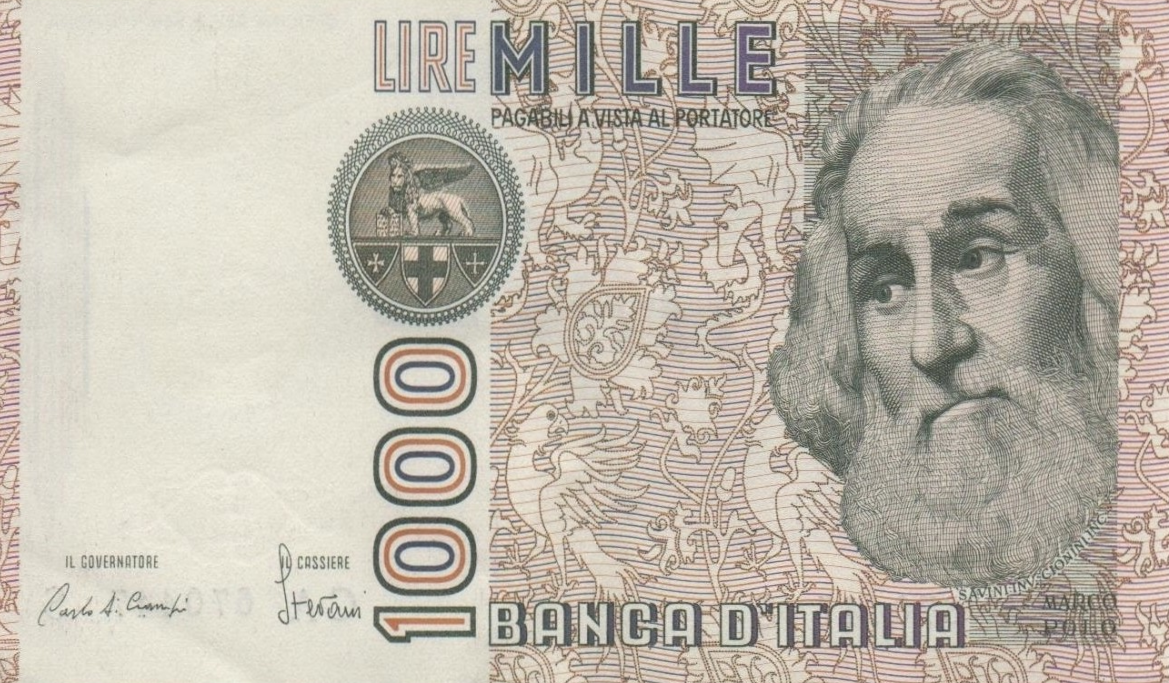 OneArmedMan, CC BY-SA 3.0, Wikimedia Commons
OneArmedMan, CC BY-SA 3.0, Wikimedia Commons
His Book Was A Cartographer’s Dream
Several world maps were created throughout the years following Marco’s book that were based on his descriptions. It’s even been pointed out that his accounts of China are more accurate and detailed than other travelers’ accounts of the period.
However, not everyone is so quick to believe everything they read.
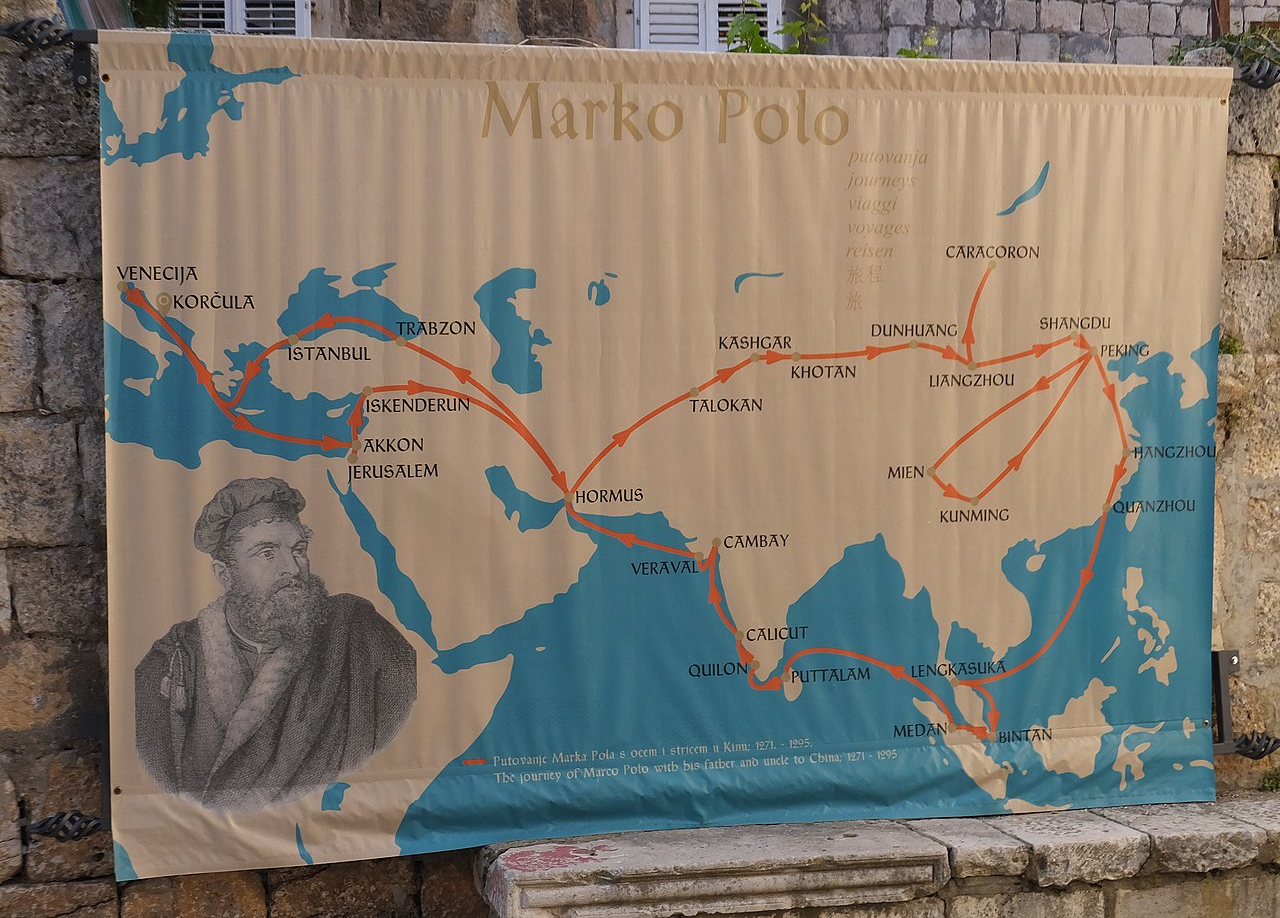 lienyuan lee, CC BY 3.0, Wikimedia Commons
lienyuan lee, CC BY 3.0, Wikimedia Commons
He Has Haters
There are many skeptics out there who aren’t convinced that Marco Polo made it to China at all. They say a lack of hard evidence, as well as failing to report on certain Chinese customs, such as foot binding and chopstick use, has them struggling to believe his book is at all factual.
But modern historians have something to say.
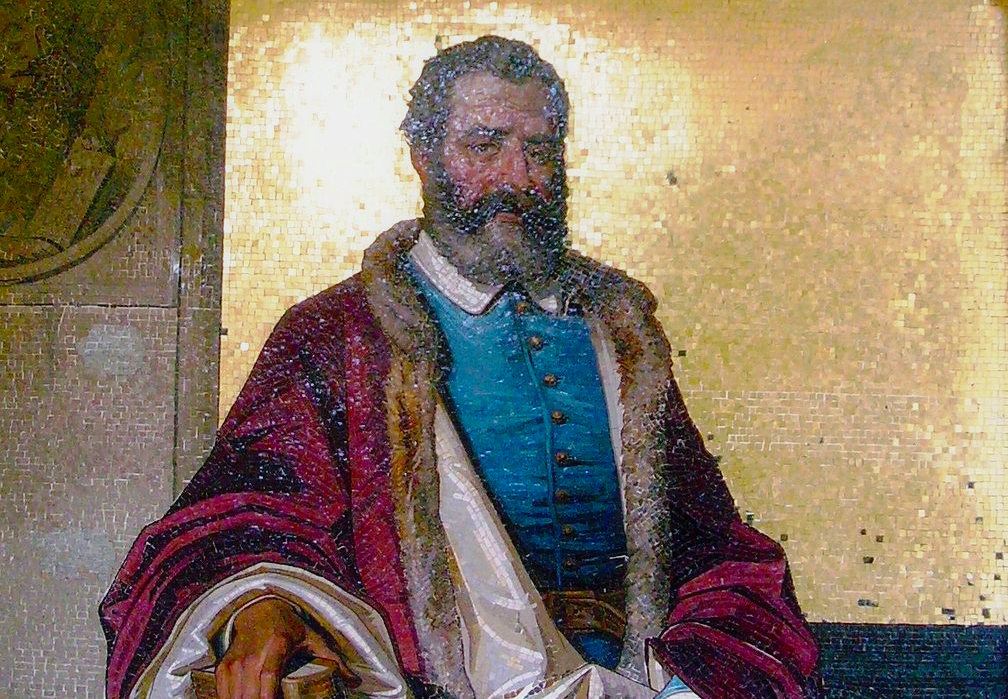 Lotho2, CC BY-SA 3.0, Wikimedia Commons
Lotho2, CC BY-SA 3.0, Wikimedia Commons
He Checks Out
Scholars are convinced by the detailed nature of Marco Polo’s account. They say his work “overwhelmingly” checks out against available archaeological, historical, and geographical records.
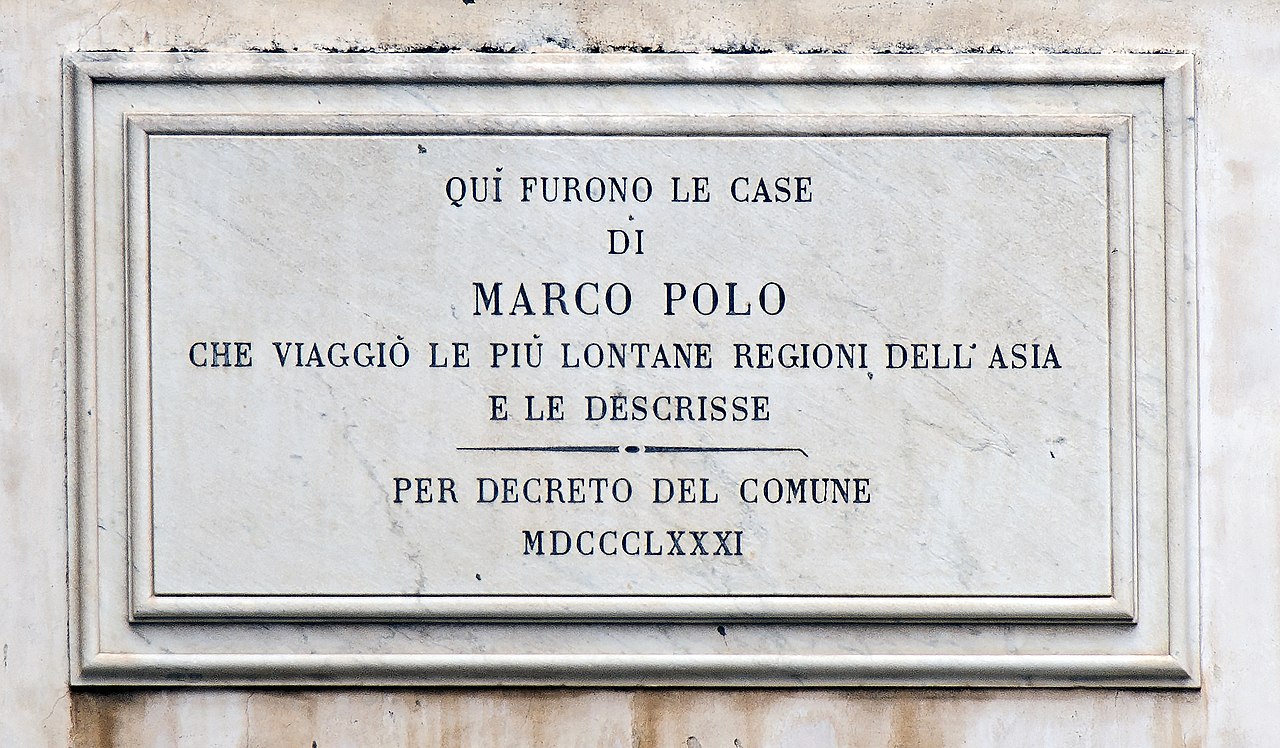 Didier Descouens, CC BY-SA 4.0, Wikimedia Commons
Didier Descouens, CC BY-SA 4.0, Wikimedia Commons
He Changed The World
Marco Polo’s book did more than just inform and entertain—it opened up trade routes to East India and China, allowing for an increase in trade and expanding Europe’s access to an array of commodities. His accounts introduced Europeans to Asian cultures, goods, and technologies—further enriching their own culture, art, and cartography.
In many ways, Marco Polo changed the world.
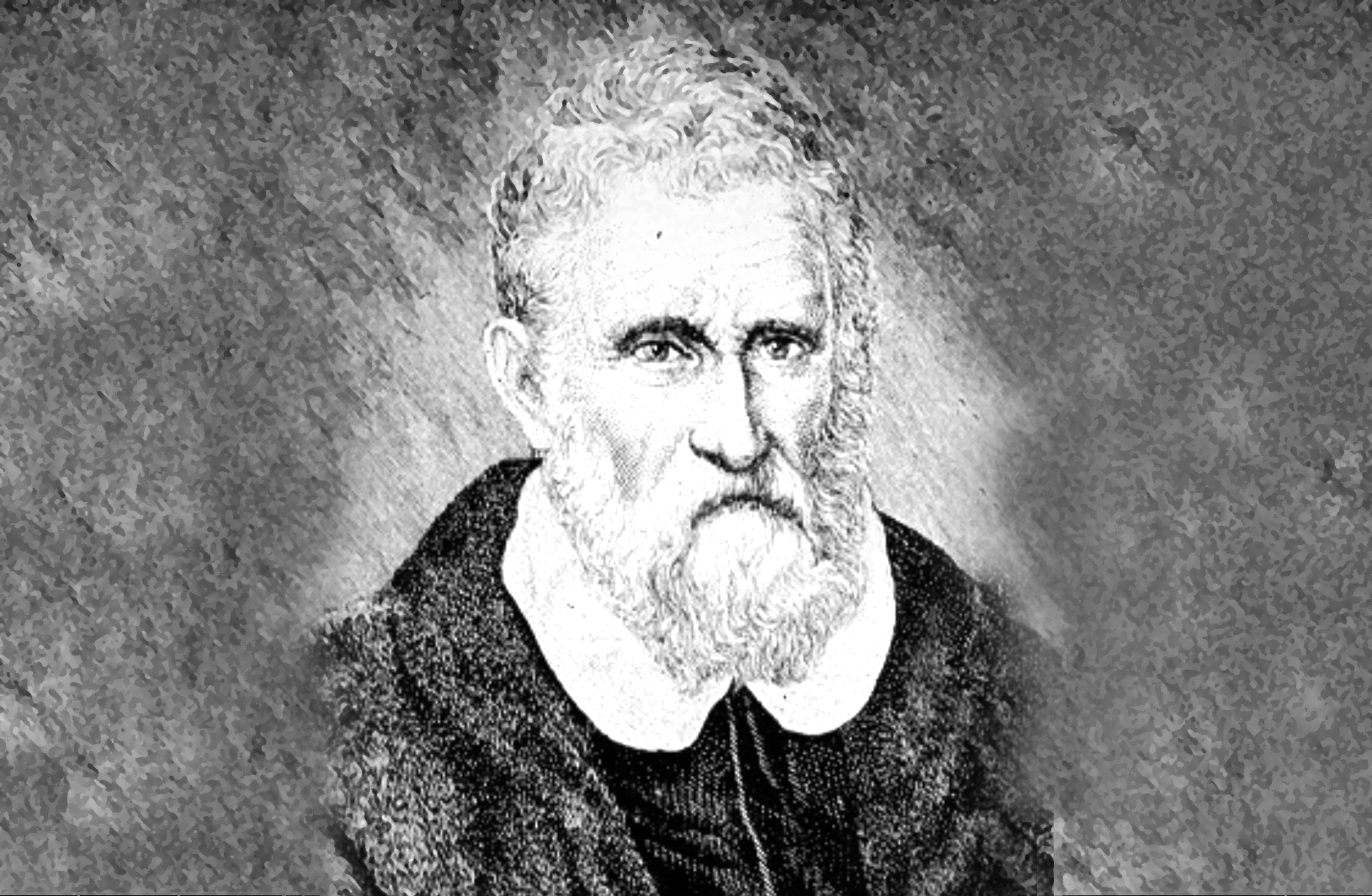 Unknown Author, Wikimedia Commons
Unknown Author, Wikimedia Commons


